Last hike of the year; good summary of 2020’s mood
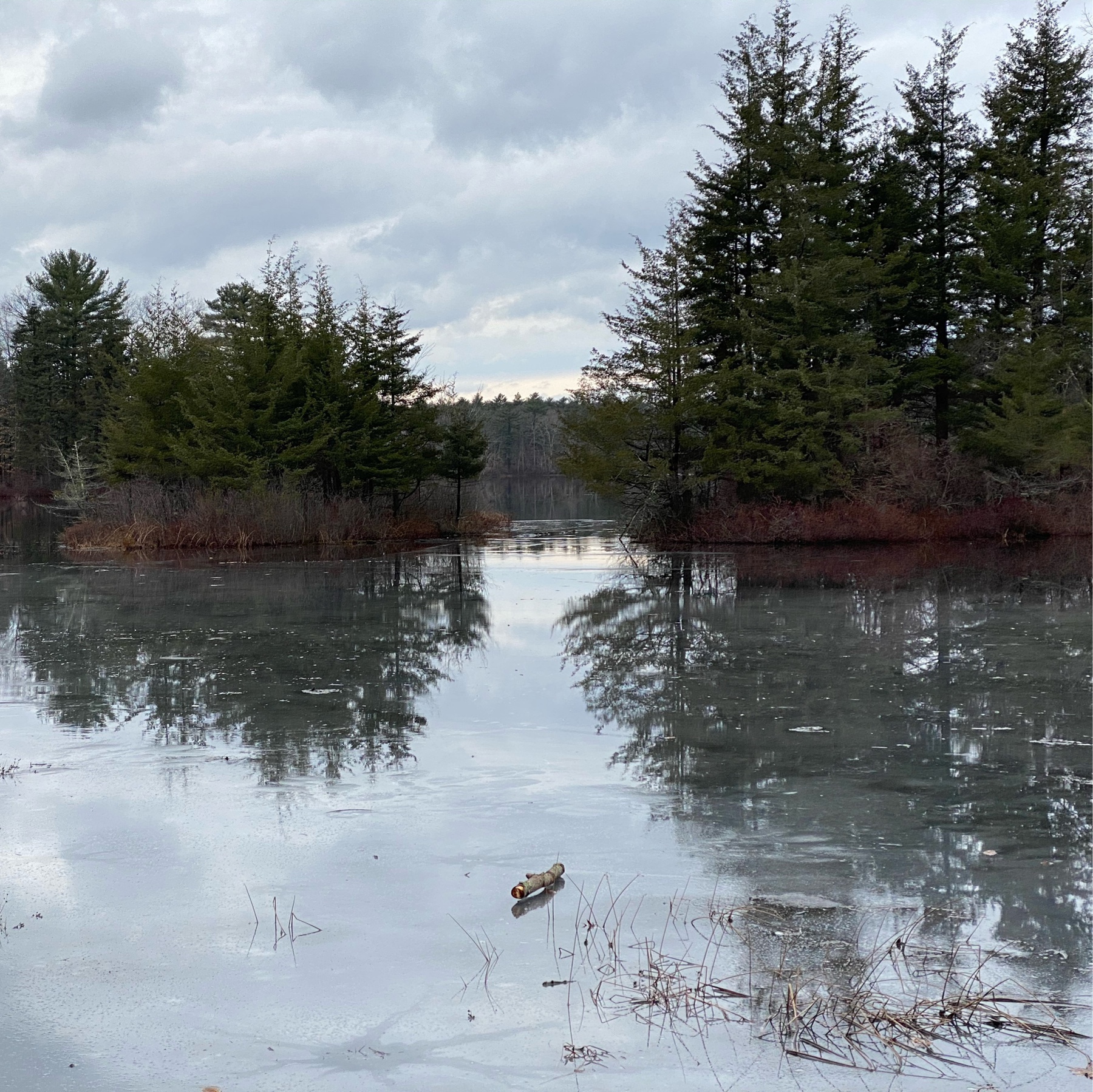
Last hike of the year; good summary of 2020’s mood

This chance encounter with a joyful tiny ballerina seems like a good omen for 2021
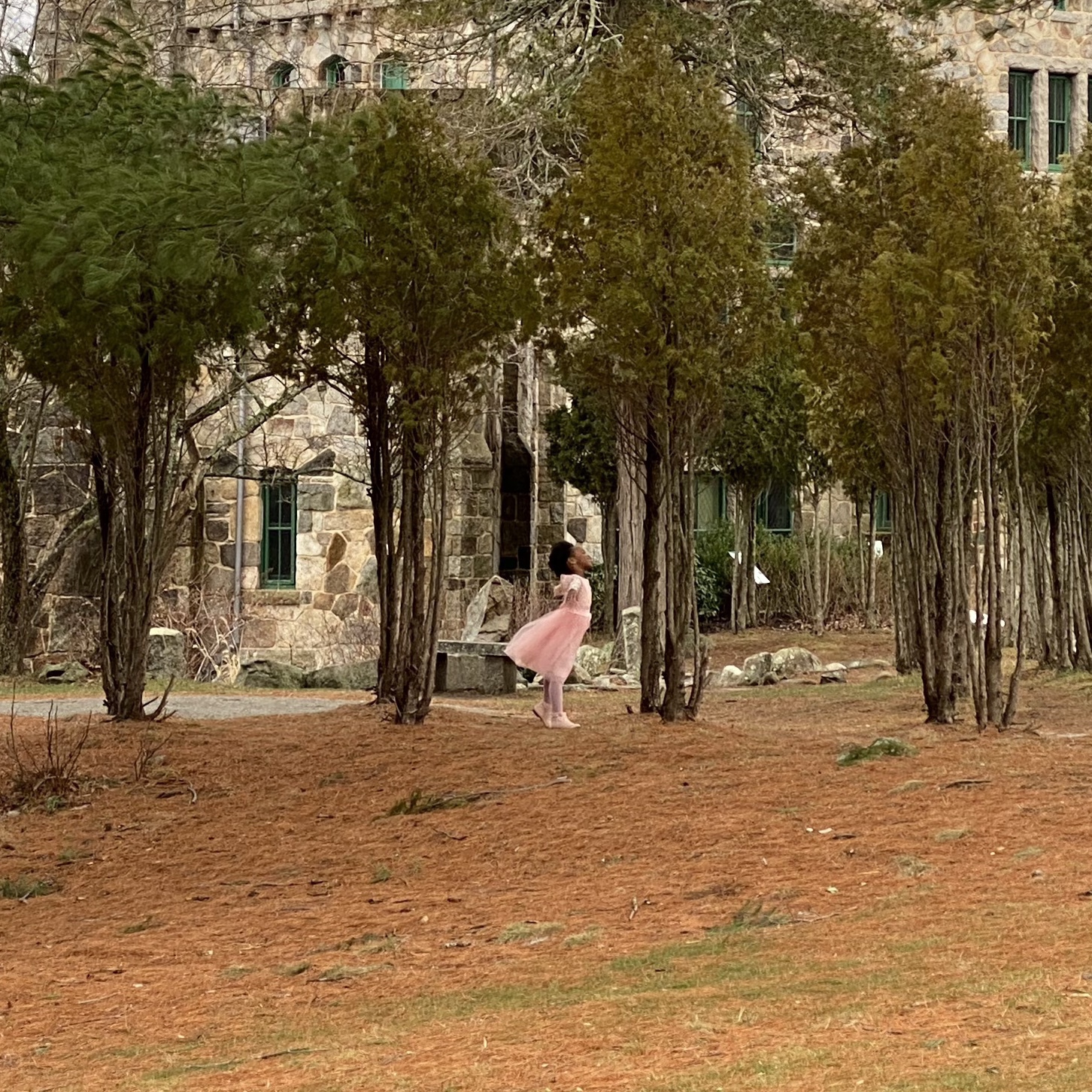
Consider this: In 24 hours, works that were published in 1925 will have a brighter digital future than works that were published in Flash in 2005.
Novice winemaking update: We ran a chromatography test overnight to see if the bacteria we added to the wine three weeks ago converted all of the malic acid to lactic acid. Pretty cool chem lab/early photography mashup. Looks like we have made progress but still have a bit to go.
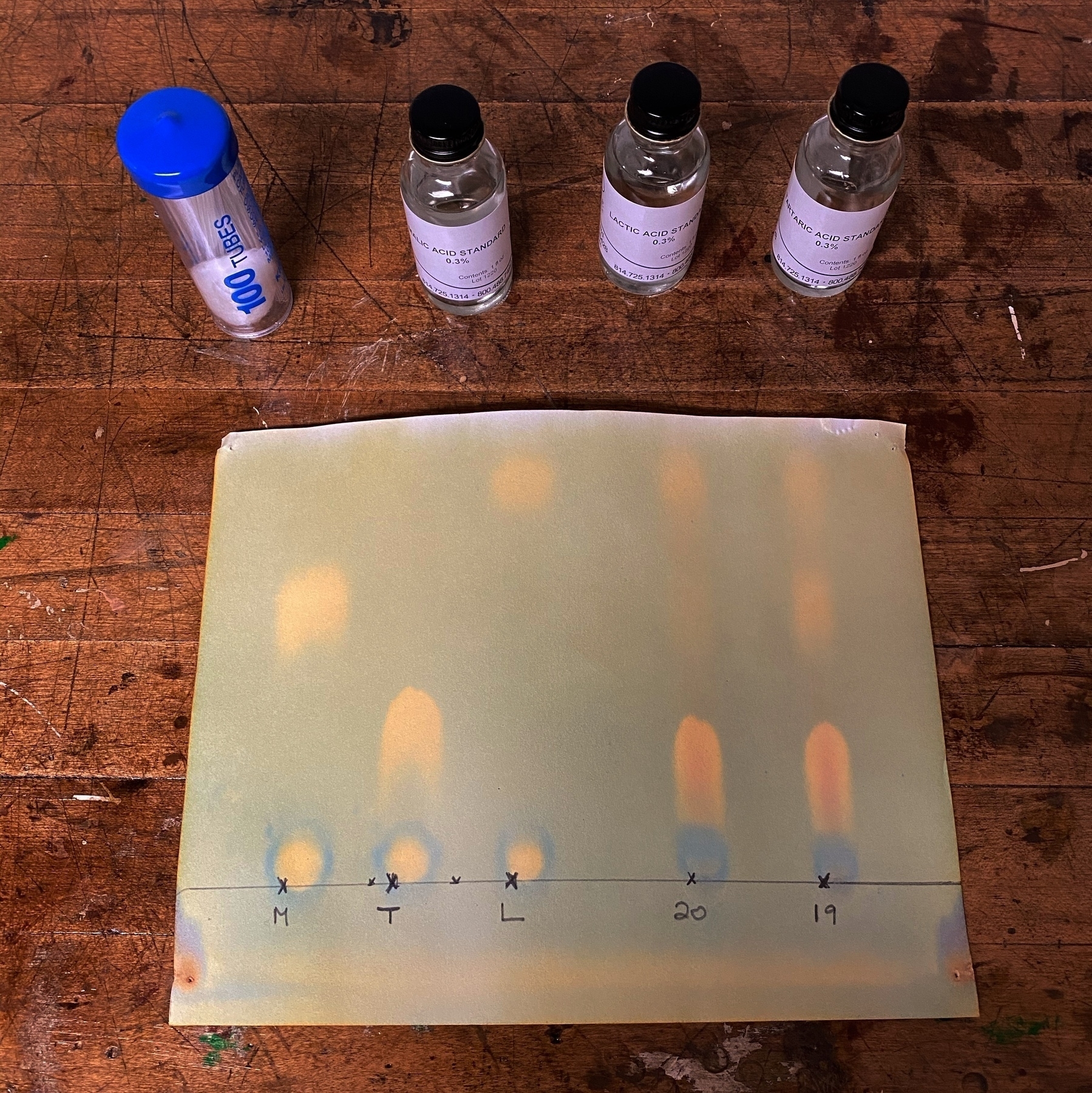
I saved The 99% Invisible City: A Field Guide to the Hidden World of Everyday Design for holiday week pleasure reading, and it is indeed pleasurable. A minor quibble: as much as I like the rough illustrations, I’m finding myself googling photos to see the subjects more clearly.
A Christmas Eve edition of my newsletter: “Humane Ingenuity 31: An Adaptive Painting” — The tale of a mysterious lab and the true story of invention and reinvention; also: machine learning when the machine was human and the year was 1900.
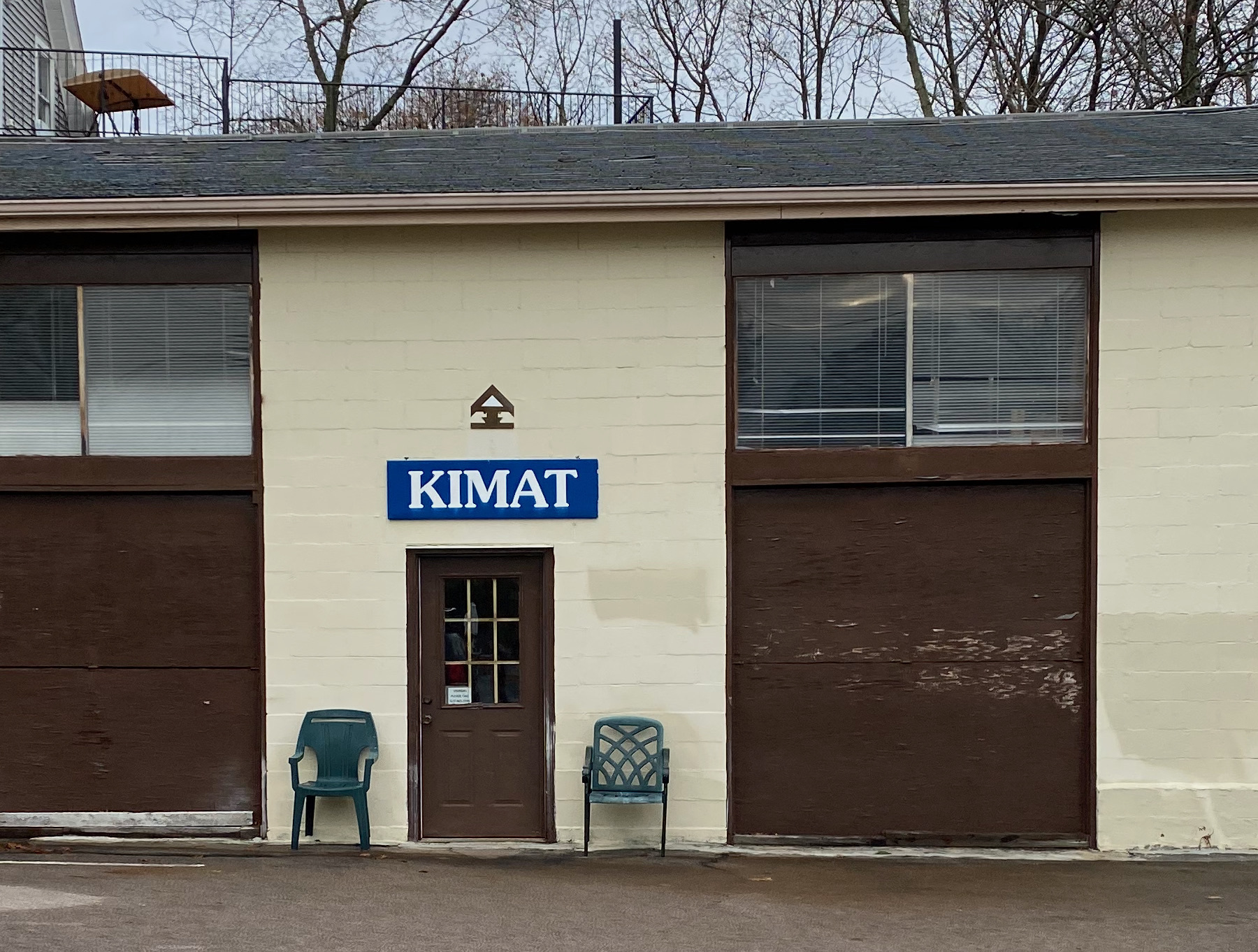
Our library (Snell Library @Northeastern) is celebrating its 30th anniversary. In 1990, the campus newspaper asked students what they wanted to see in the new library. Their answers were A+
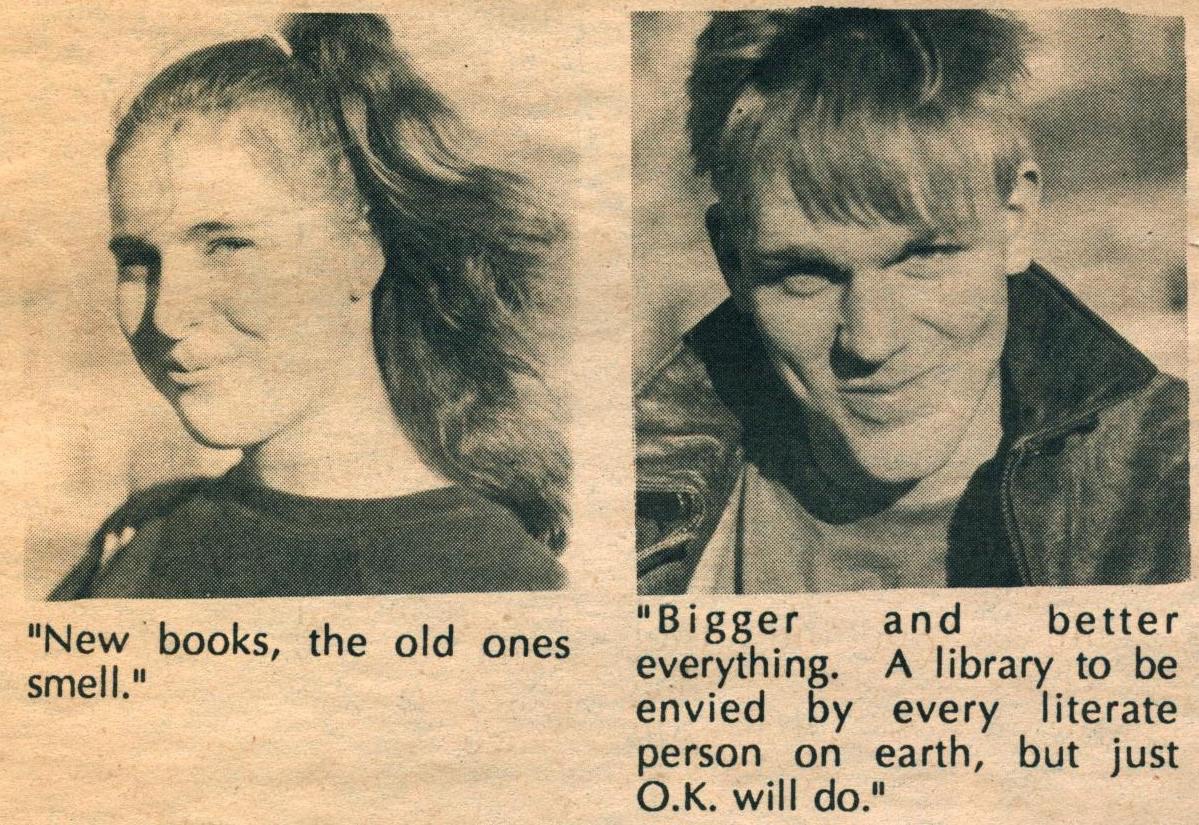
Helping an elderly relative with an operating system upgrade today, I thought of Michael Oakeshott’s dictum that all change involves loss.
On this week’s @podcastwhatsnew from @NortheasternLib, @JoannaRadin, @DanBouk, and I talk about the role of data in public health, from a historical perspective and this year. With big thanks to @SariAltschuler and @cm_parsons for organizing the panel!
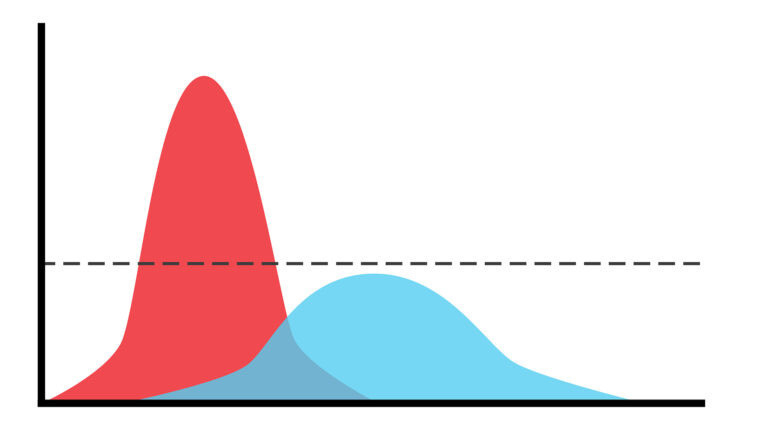
Morning
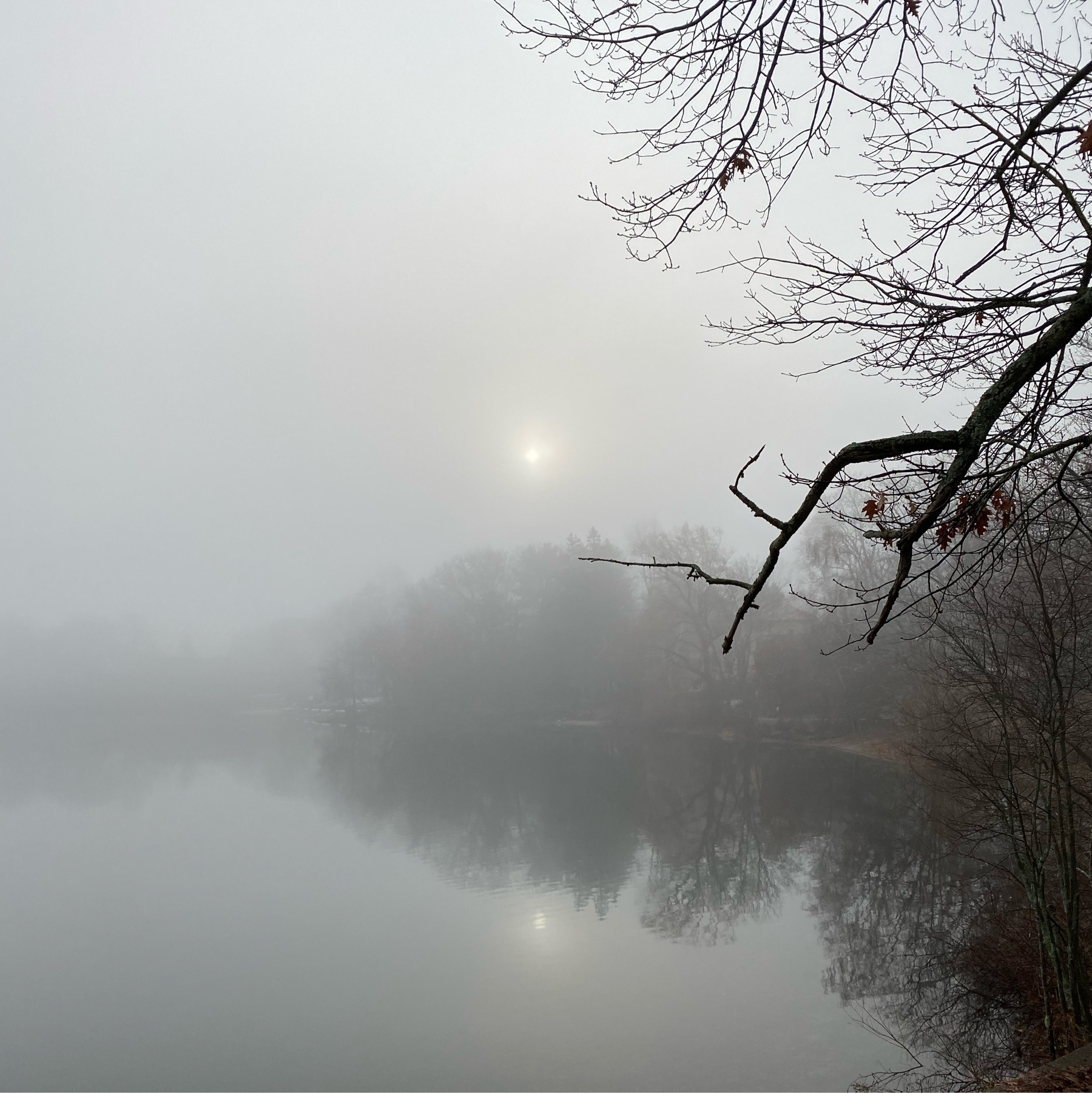
We spent this snowy day pressing our grapes. Started with 200 pounds of grapes, which gave us 20 gallons of fermented must, which after pressing gave us 14 gallons of wine. Next up is malolactic fermentation. We still have no idea what we’re doing, but are feeling optimistic.
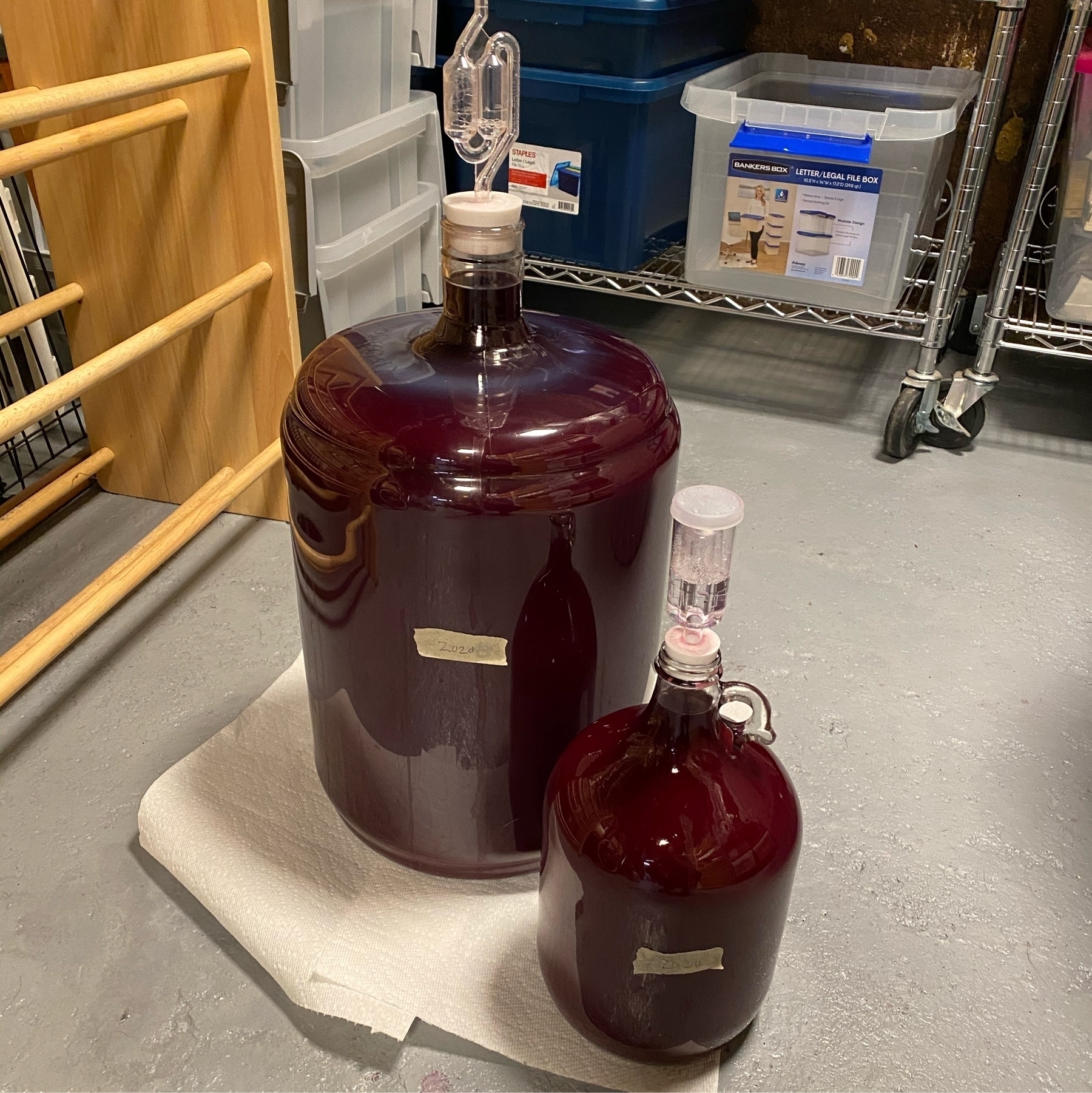
This morning @lorcanD reminded me of this great visualization of mega-regions in North America and their combined library collections, which could also be the premise of a great SF novel. “The sky above the port was the color of shelves, filled with millions of books.”
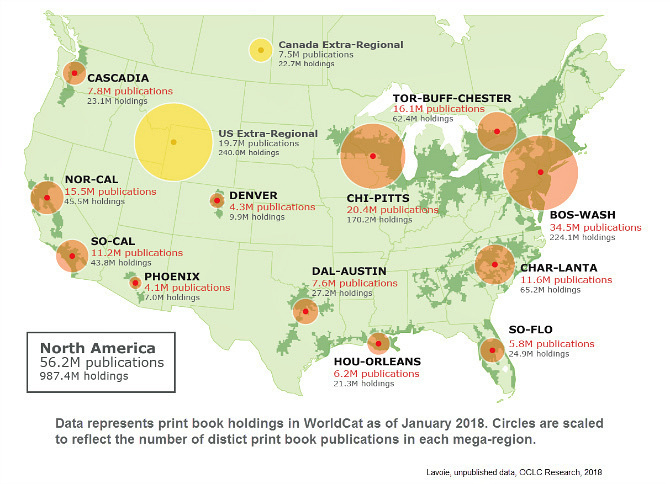
Hold me closer
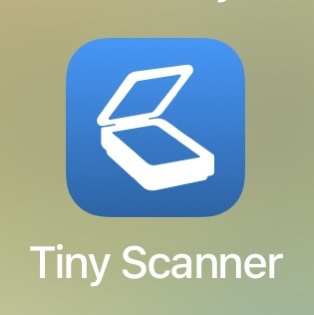
Old me: Hahaha, Charles Babbage thought he lost a quarter of his brainpower to organ grinders.
New me: I’ve lost a quarter of my brainpower to leaf blowers.
Entering the workplace after college is always difficult and awkward for young people, and it can be especially challenging for LGBTQIA+ students. This week on What’s New, I talk w/ Alessandra Bryant and John Cornett about their new podcast on this topic.
“The lesson of the web is that people, given the choice between the freedom of operating and managing their own platform, and running a centralized platform that they do not control, will choose the centralized platform.” —@ftrain Alas, this is correct.
New issue of my newsletter: “Humane Ingenuity 30: Escape Disappointment With Your Machines”—Another museum puts its collections online w/ liberal use policies; photos and text about 19th c. machines; 1st take on the history of 2020; spatial storytelling.
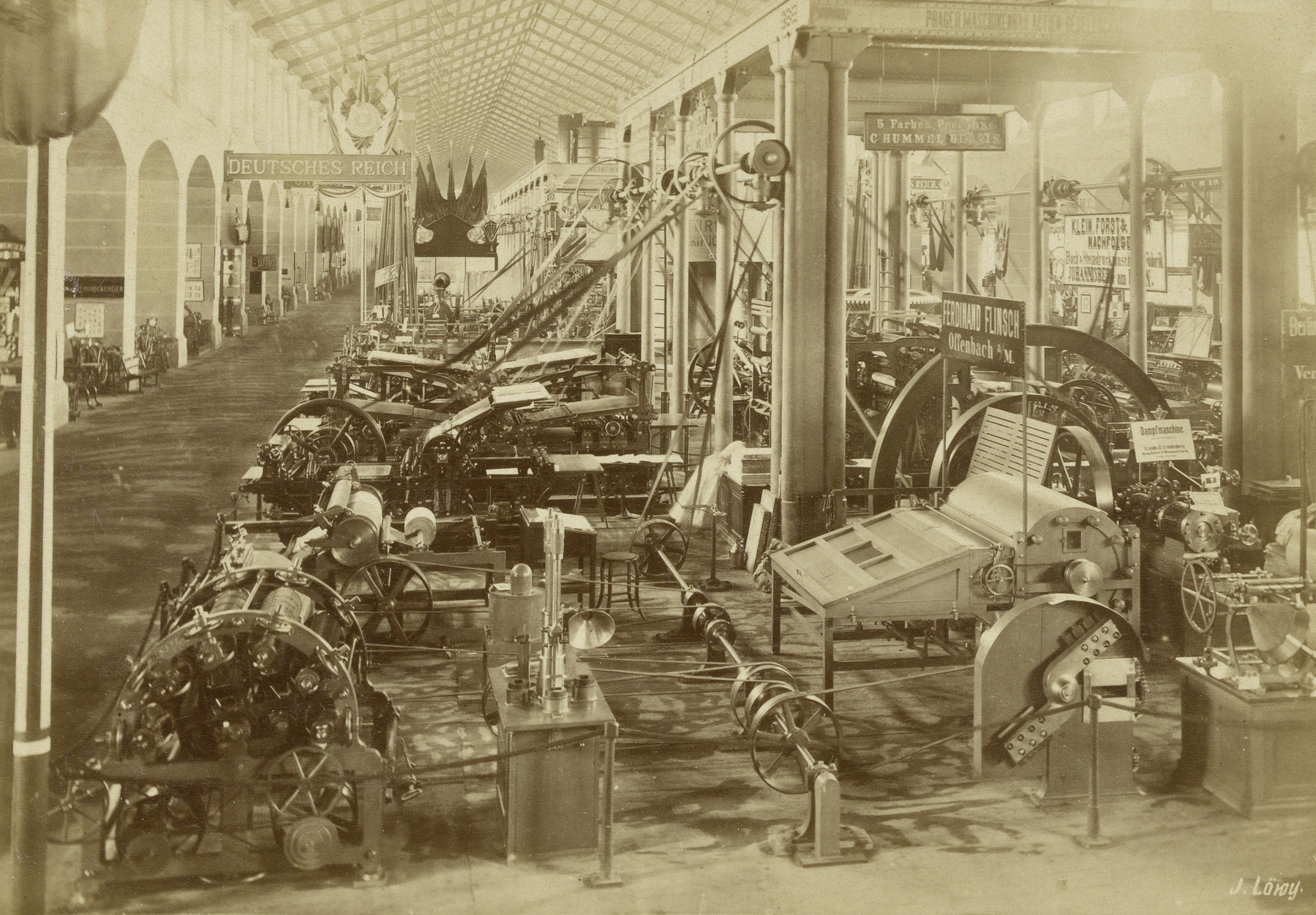
We’ve got a great (virtual) event coming up @NUlabTMN @Northeastern, Dec 11, 1-2:30pm EST: “What Do the Data Tell Us About Election 2020?” feat. Jill Lepore, Erika Franklin Fowler, Solomon Messing, and Kate Starbird. Free and open, but registration req.
We have reached the “punch-down” stage of our winemaking, which is the only time it’s ok to punch down.
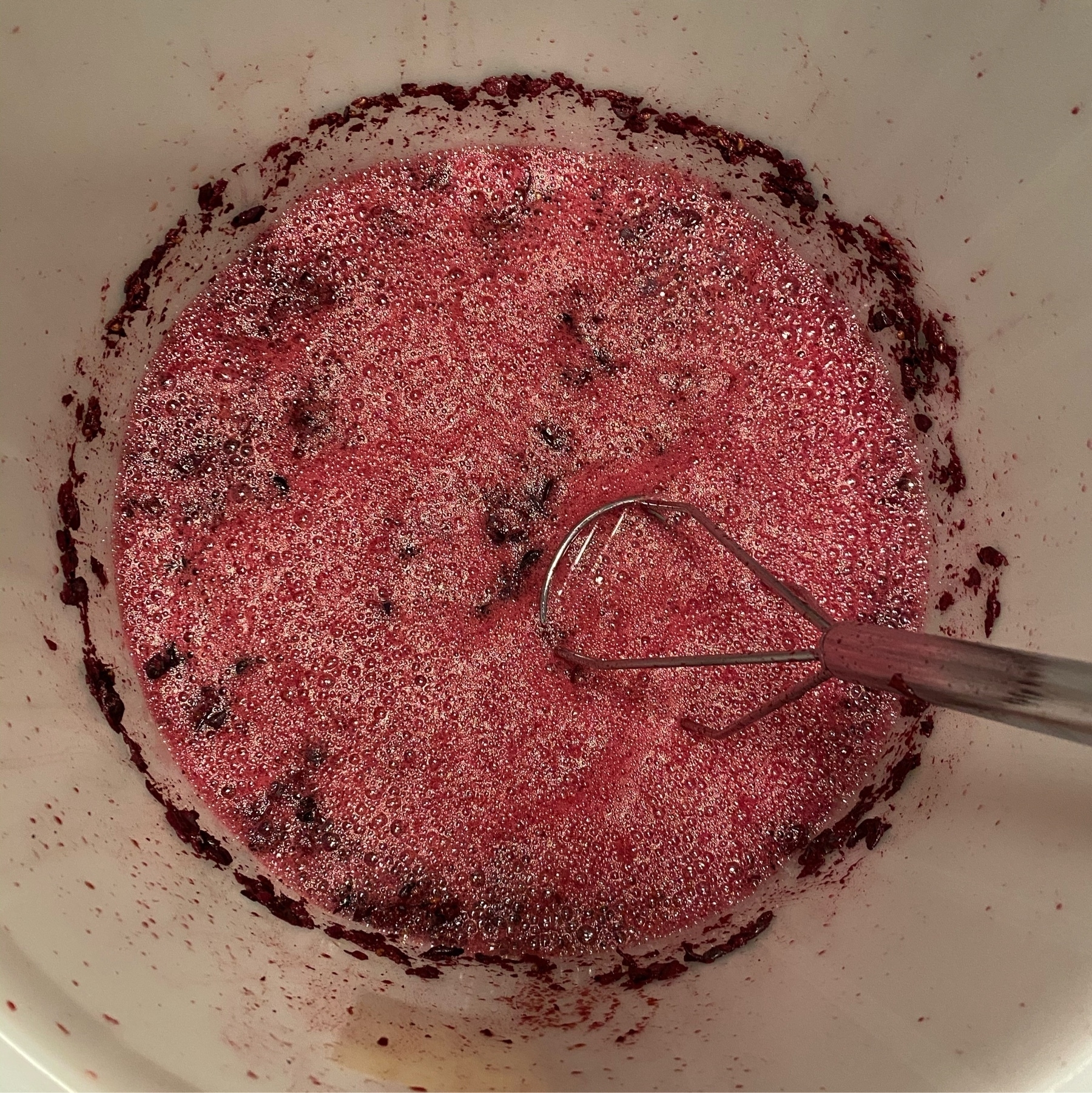
The latest Cohen Clan Covid Challenge: converting 200 pounds of grapes from a vineyard in Sonoma into wine. We have no idea what we’re doing.
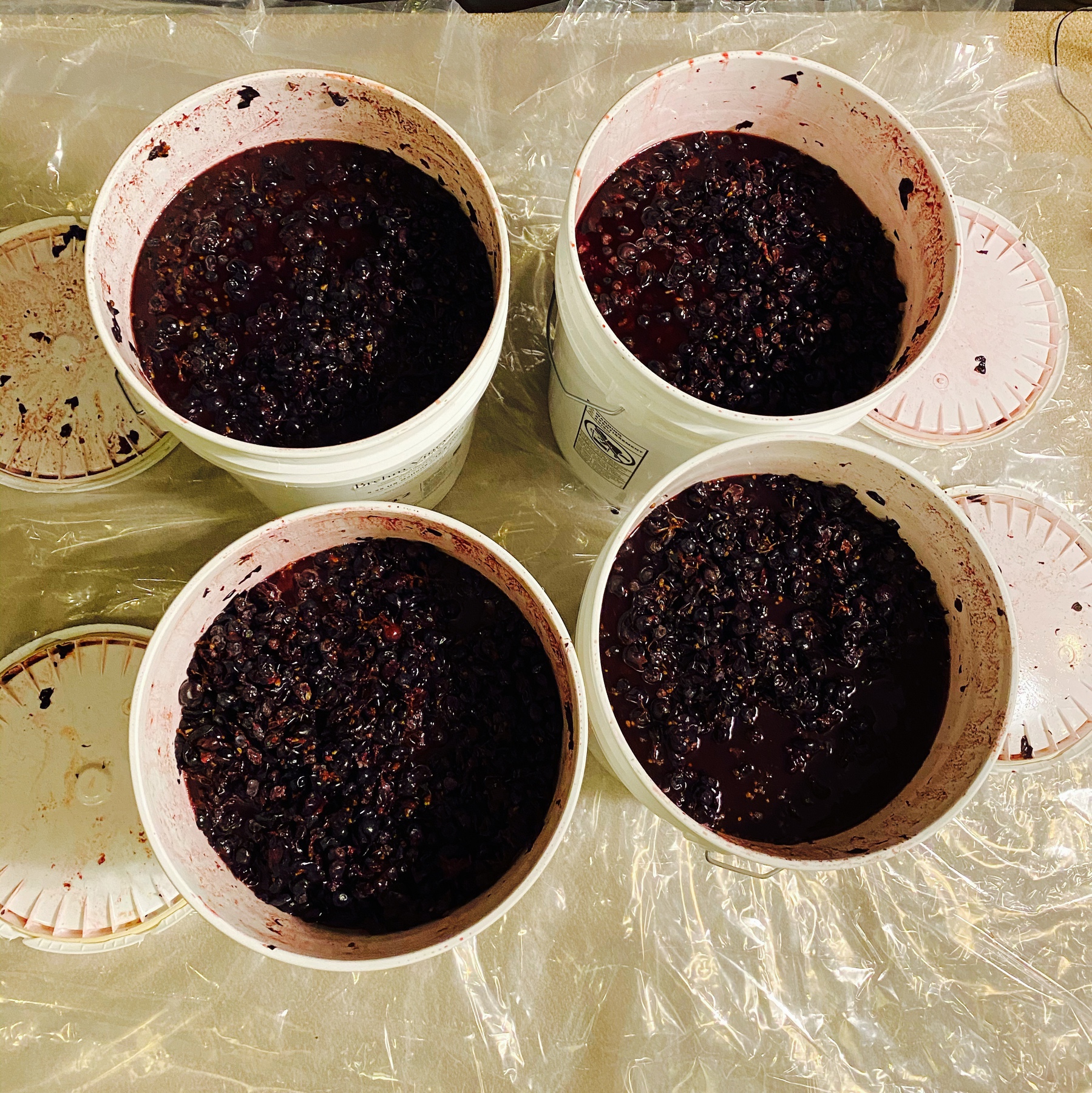
New on my blog: “When We Look Back on 2020, What Will We See?”—The record of 2020 lies largely in data sets, and the prism of data also indelibly colored our experience. What does this mean for our future understanding of a historic, troubled year?
So goth to endow a bat colony for a couple’s 50th anniversary
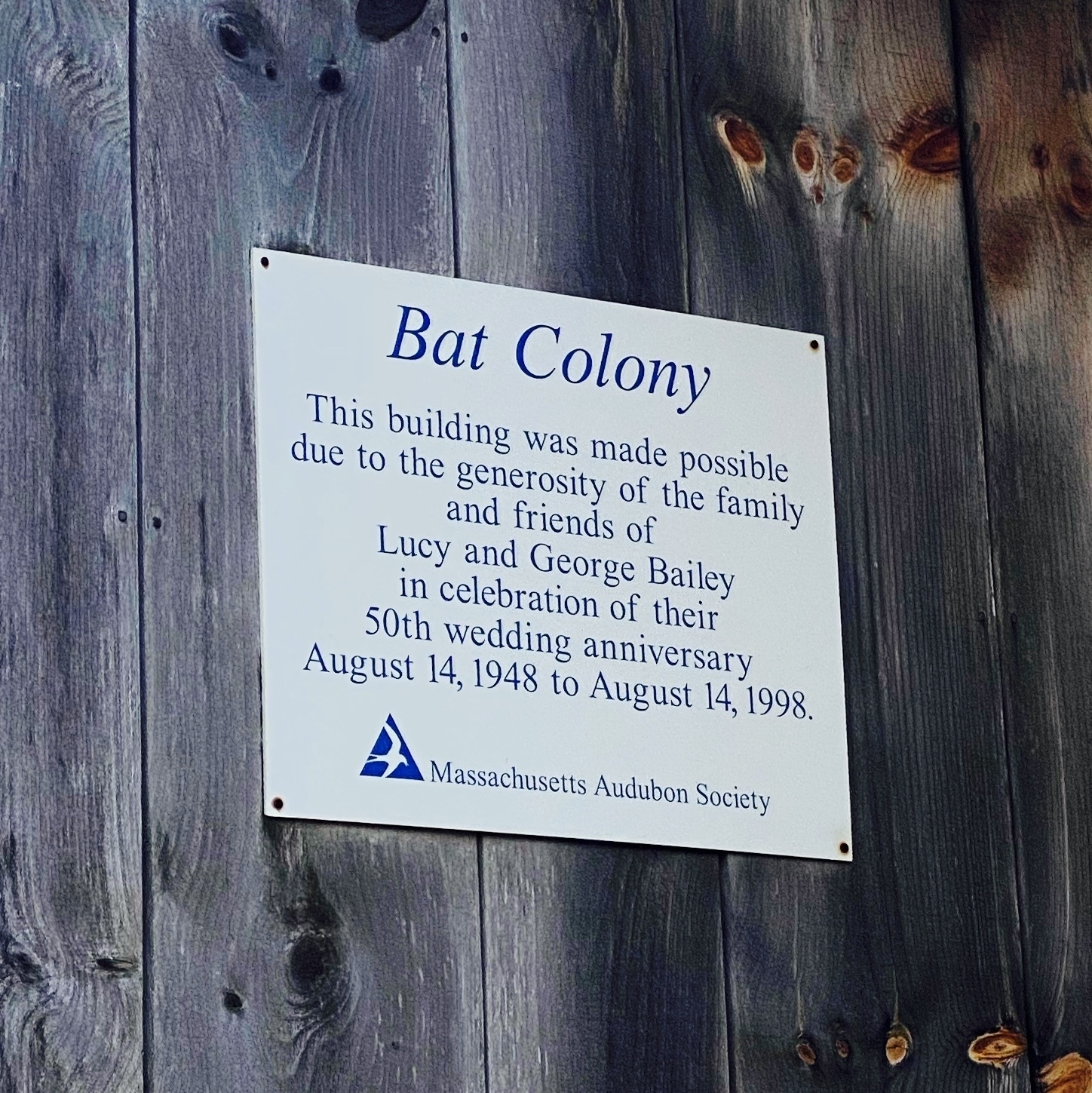
Today’s hike
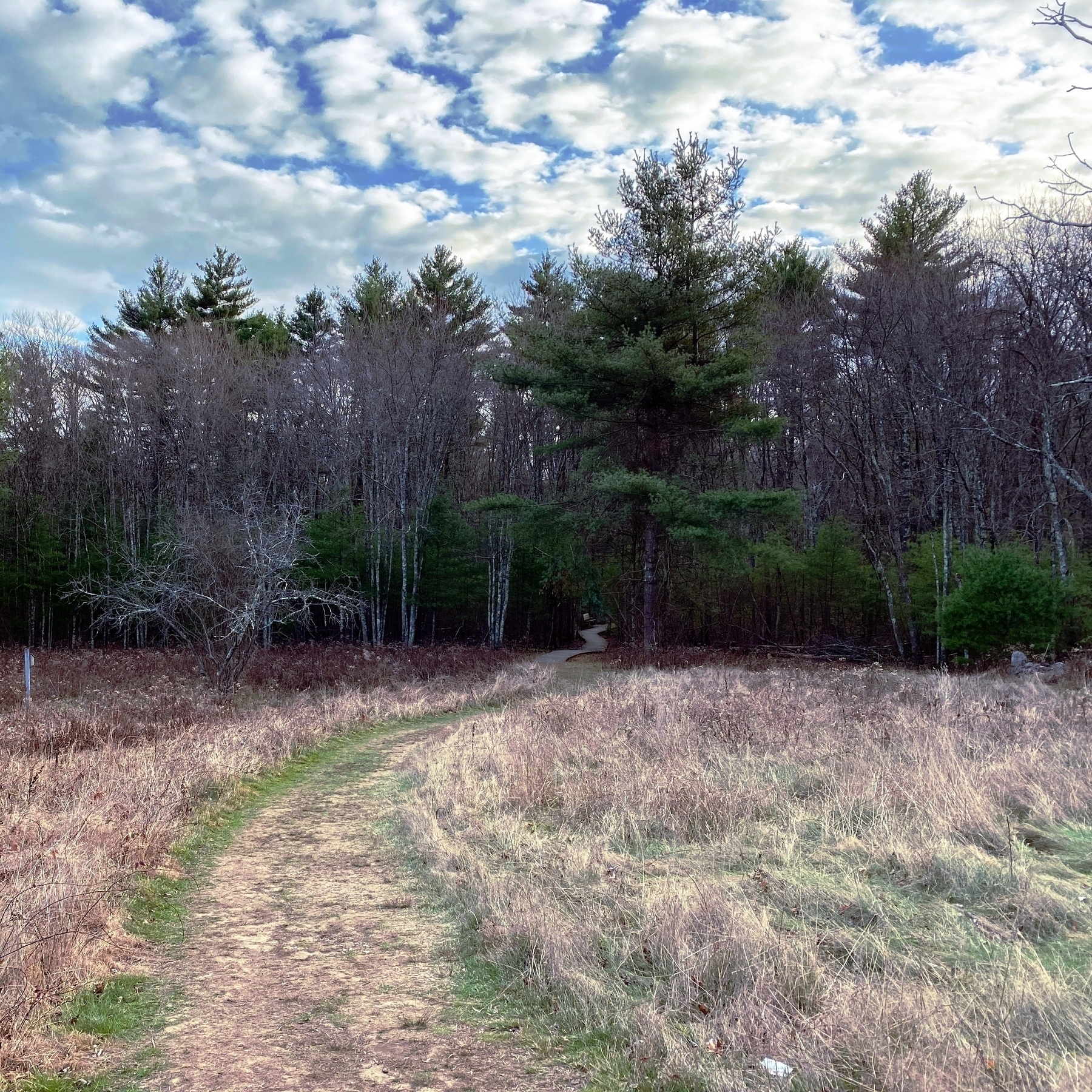
One important lesson of the Covid Tracking Project is that we should have more data sets created, managed, and interpreted by humanists rather than technologists.
“For life scientists, the freezer is the archive.” —Joanna Radin, with a very chewy thought on the “Data Histories of Health” panel that’s happening right now at the Humanities Center/Health, Humanities, and Society program @Northeastern
Today at noon EST, I’m moderating a panel on “Data Histories of Health,” feat. profs Joanna Radin (History of Medicine/Yale) and Dan Bouk (History/Colgate). I’ll also speak briefly about putting projects like @COVID19Tracking in historical perspective.
Love the new fire pits all over campus @Northeastern
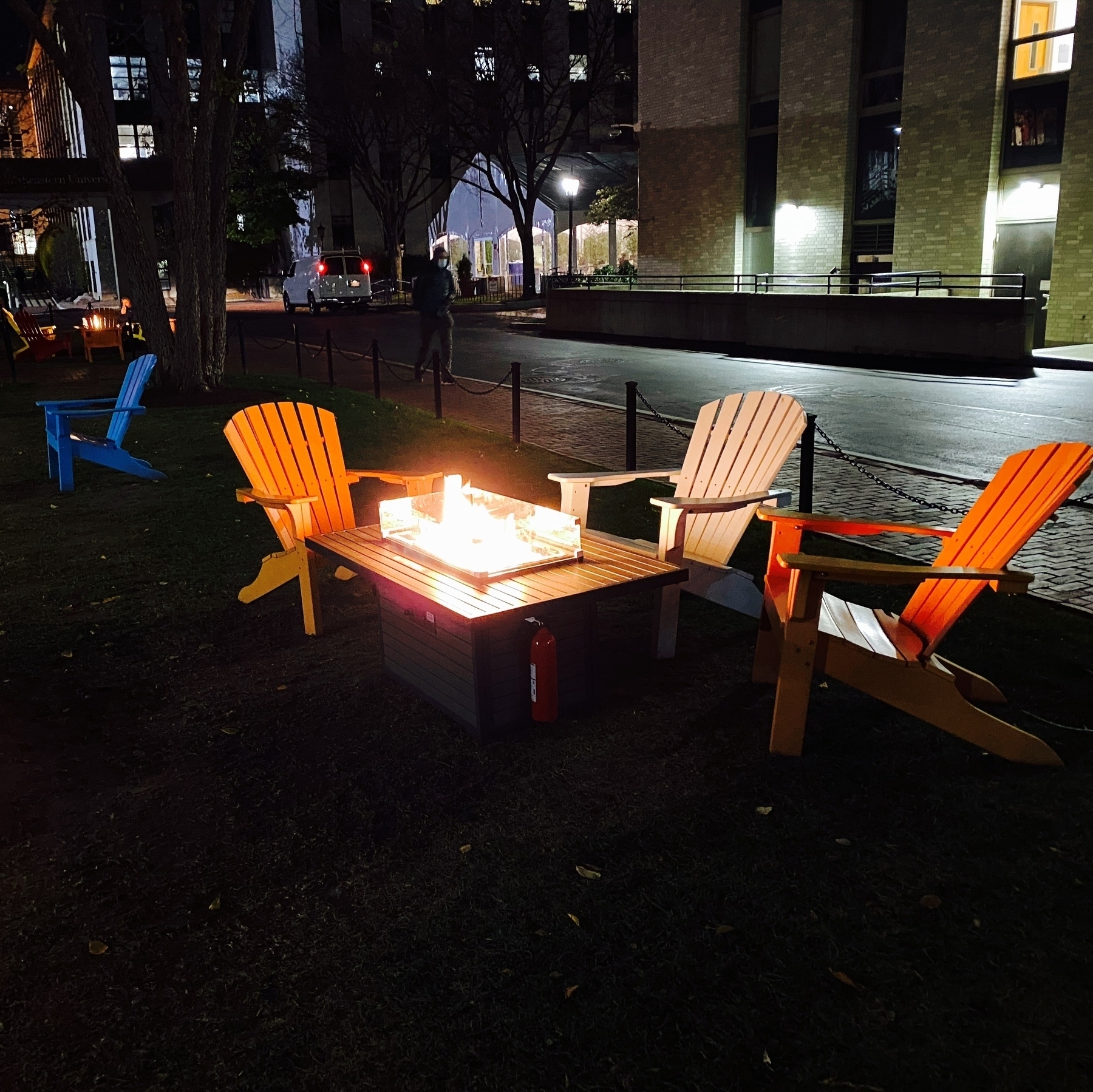
What is the German compound noun for a social network’s embarrassing desire to copy another social network? Yonderlust?
Belle has that lazy Saturday morning vibe

A new podcast series from @CLIRnews on “the effects of climate change on cultural memory and why, amidst suffering and dislocation from the climate crisis, we should care about records, traditions, and cultural heritage.” Great guests and discussions.
Timely new @podcastwhatsnew from @NortheasternLib: “The Great News Divide”—I talk w/ @meg_heckman of @NU_CAMD (and a former reporter/digital editor) about the split between conservative and liberal media, and its origins in the history of newspapers—tune in!
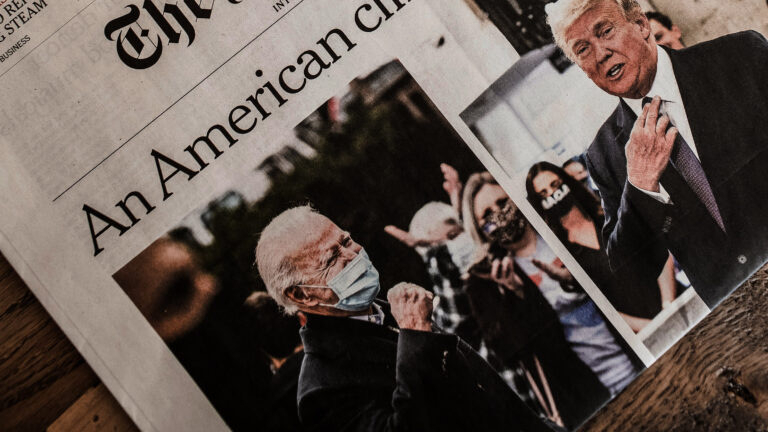
Today’s hike
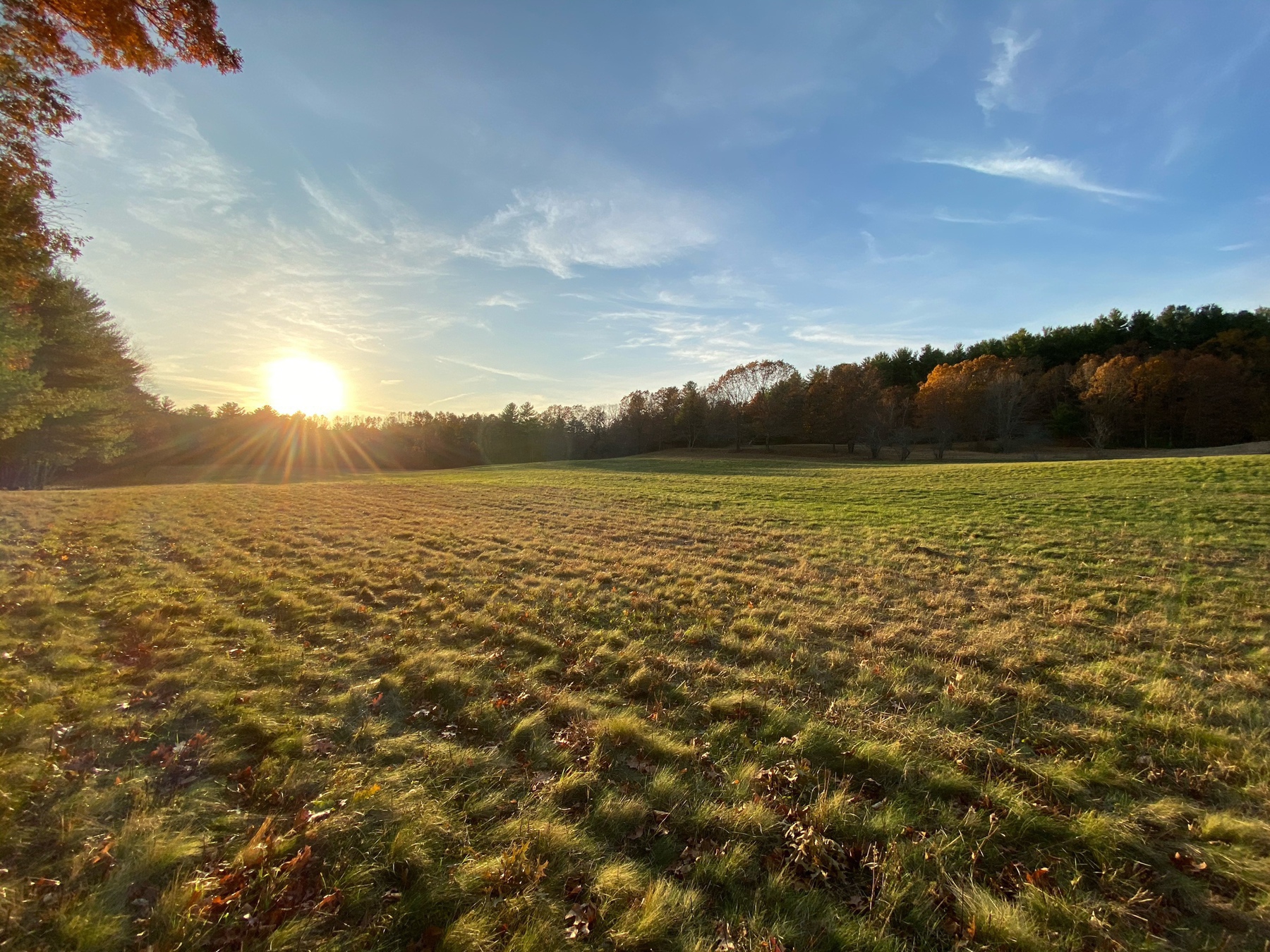
A little late, fortune cookie
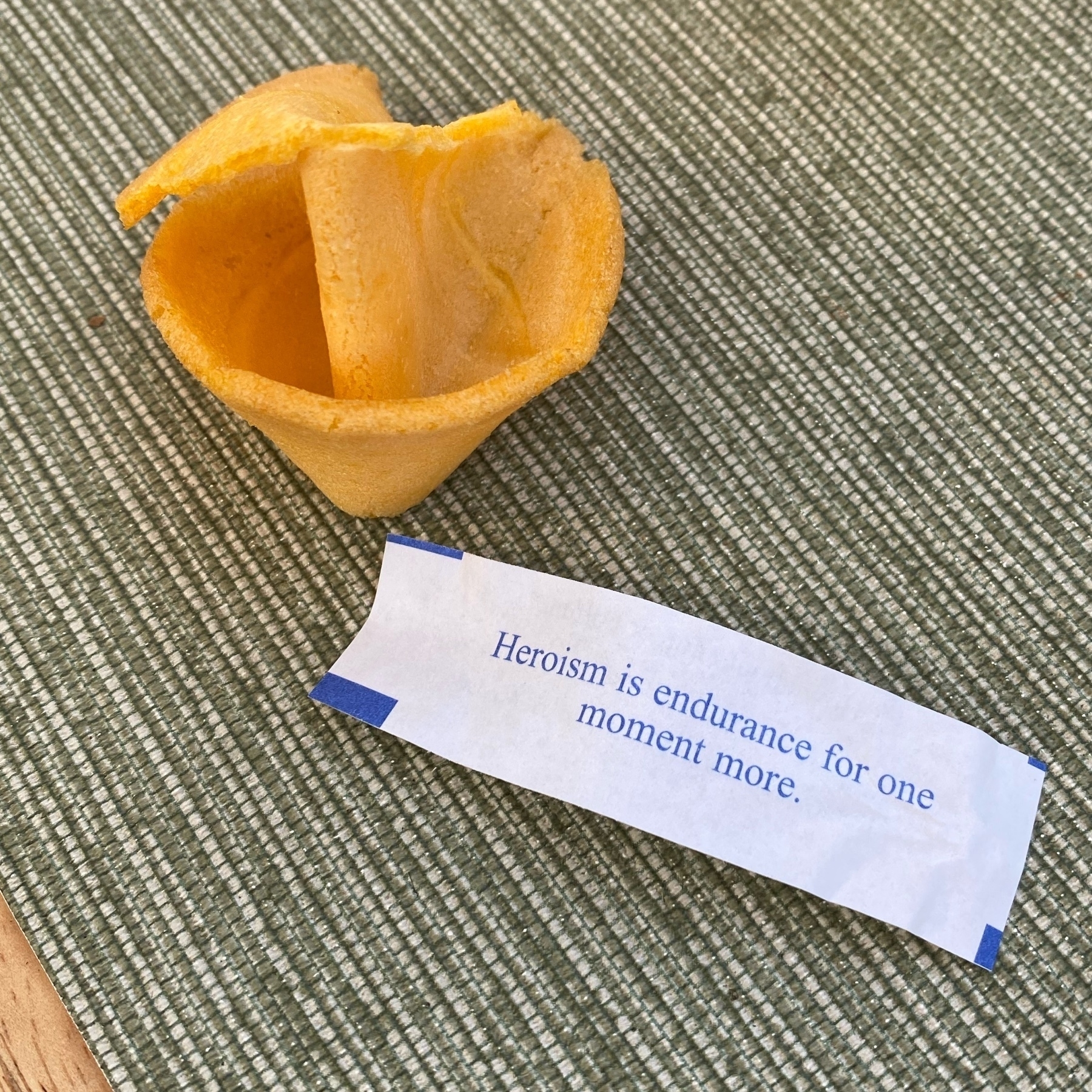
Here @Northeastern we have many highly interdisciplinary joint appointments for faculty (and joint majors for students). Case in point: we’re looking for a tenure-line faculty member in Philosophy and Religion + Computer Science, to work on ethics and CS.
I have been reminded by my phone that four years ago today I was in the National Library of Latvia
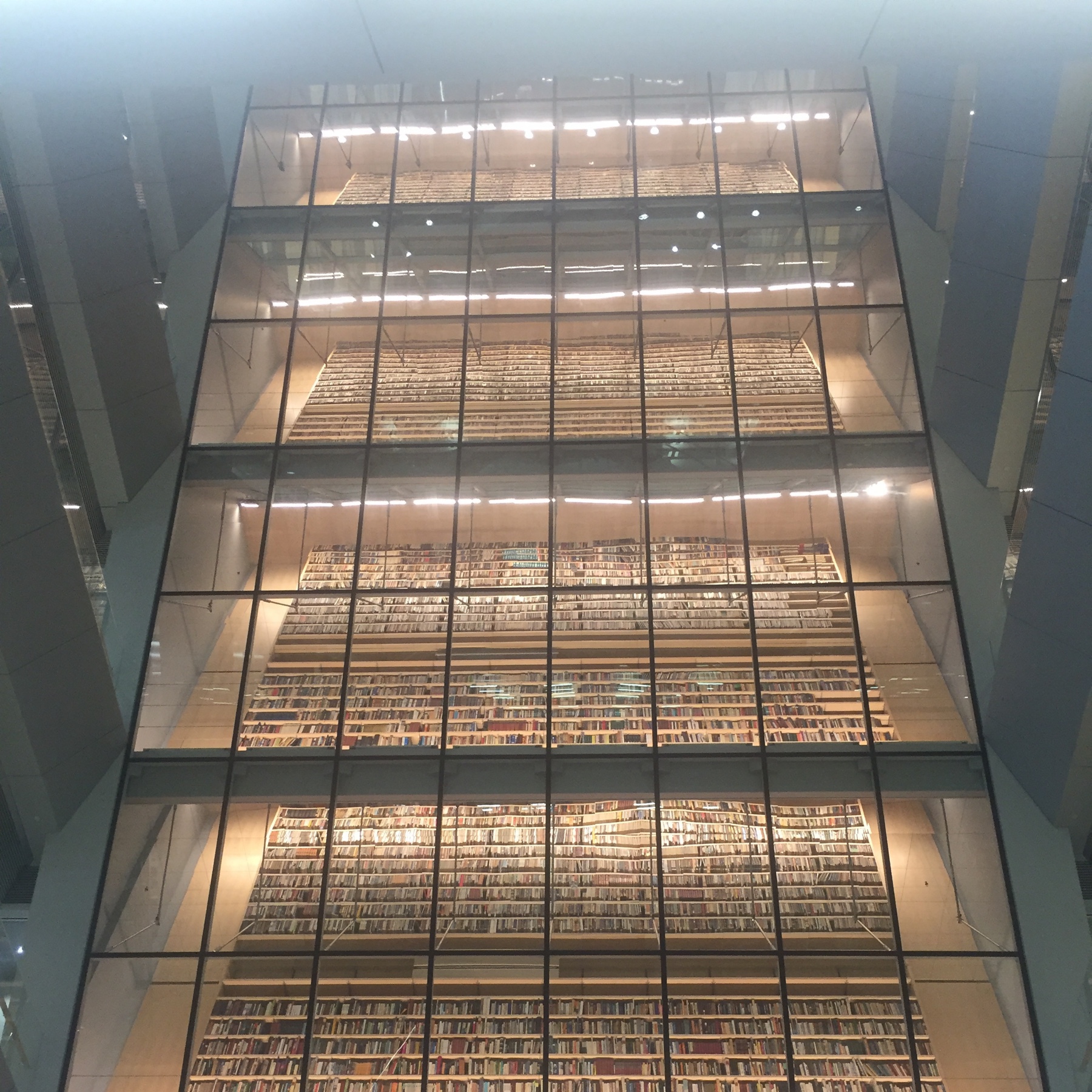
On my evening run I stepped on a yard sign that was thrown into the road, and it flipped up and wounded me, and I clenched my fist and yelled at the dark sky, “2020!”
New issue of my newsletter is out: “Humane Ingenuity 29: Noticing the Neighborhood”—an exploration of projects that document the streets we live on, and that find the remarkable in the often-overlooked; plus: how to port Mayan hieroglyphs to the internet
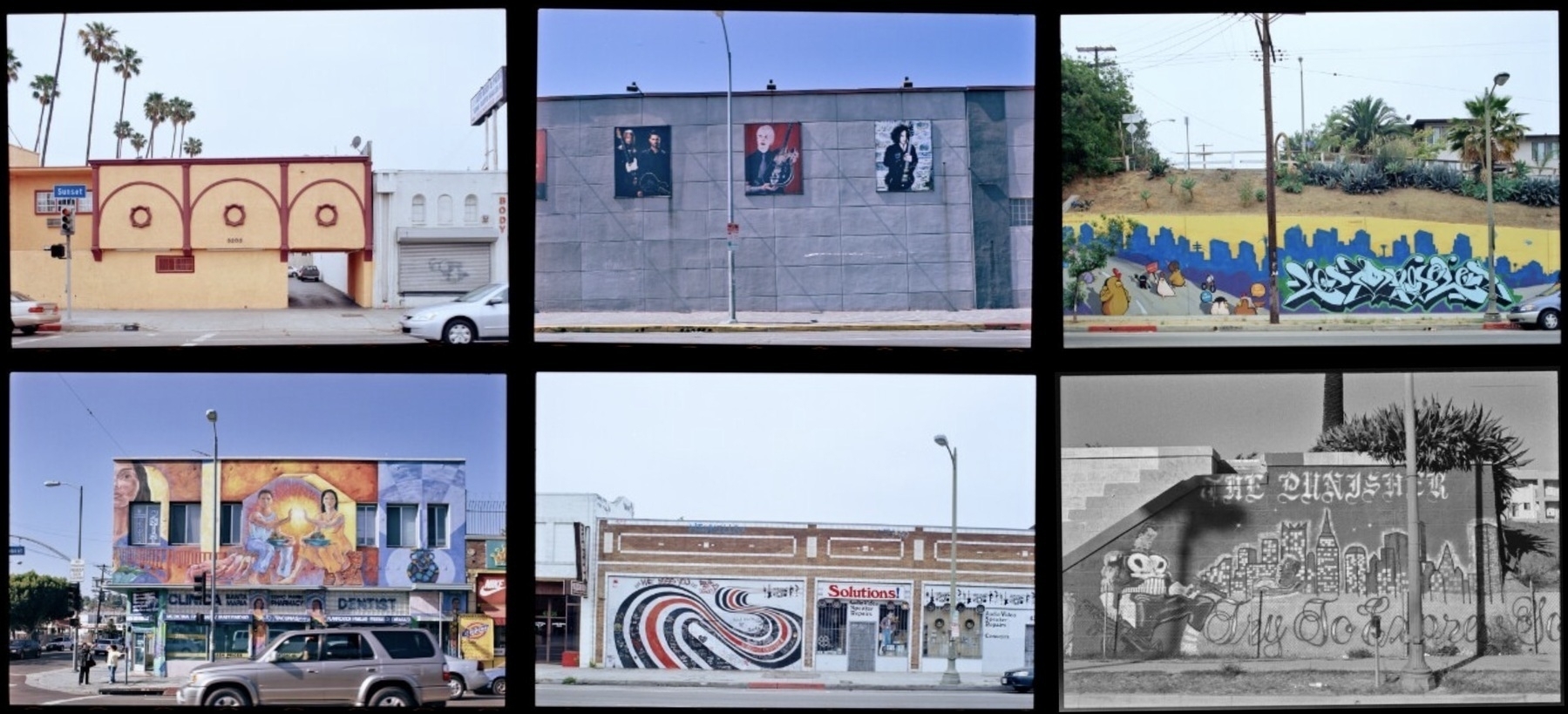
Good morning

Great to see this terrific updated design for the DPLA Exchange, an ebook market built by libraries, for libraries, that provides open access and licensed titles. Go @dpla!
Look at what I have to deal with when I’m trying to work in the evening
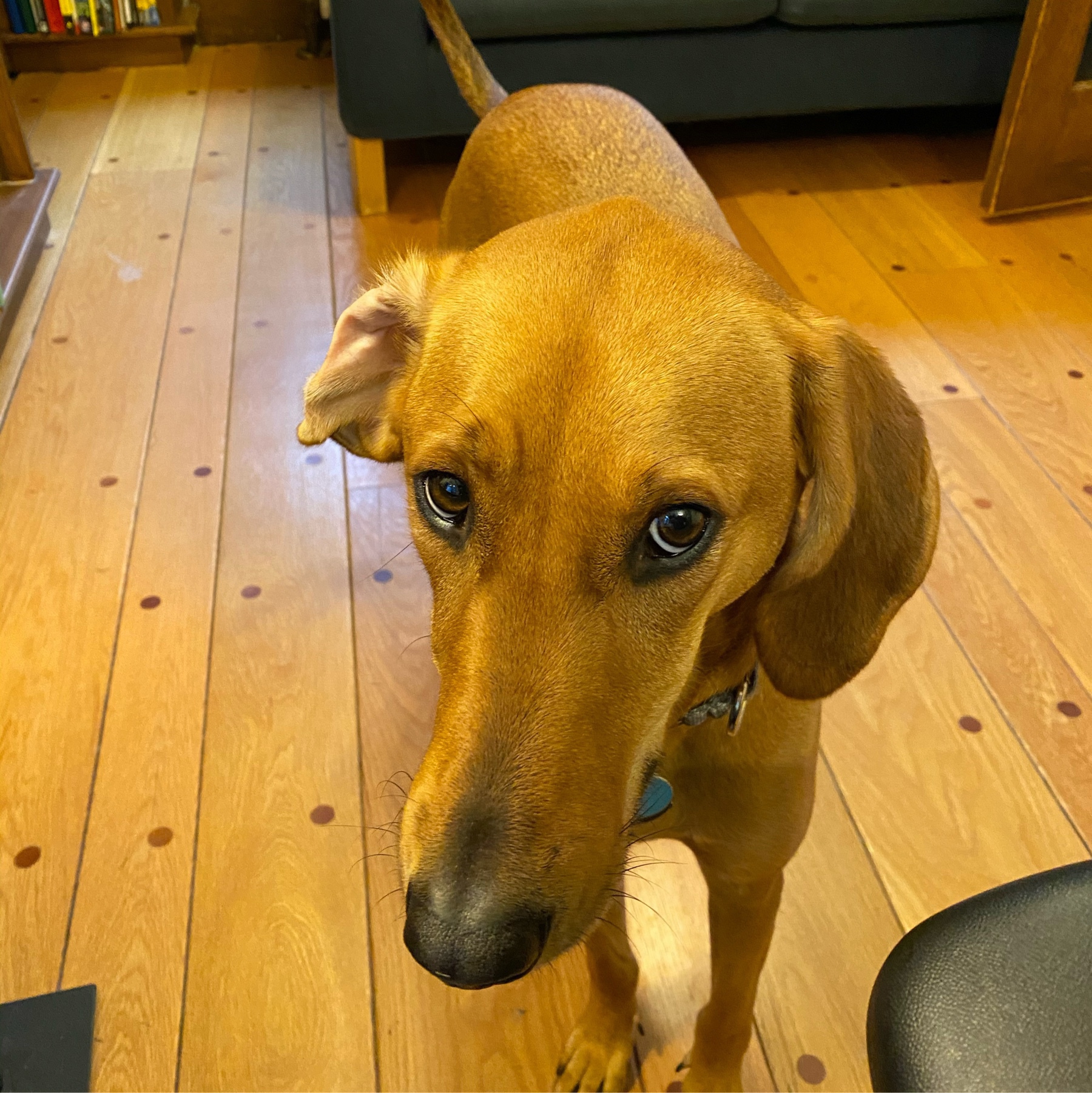
All these months later, I still don’t know how to smize
All these months later, I still don’t know how to smize
I really enjoyed this book and its amazing tale of how Jewish families from Baghdad ended up in China, and was delighted to have its author on the latest What’s New podcast: Jonathan Kaufman on The Last Kings of Shanghai and how they shaped modern China.

A couple of weeks ago I enjoyed being on a CNI panel with @pmhswe and Tom Hickerson to discuss “Libraries and Digital Scholarship and Looking Ahead,” and a video of that panel is now up.
Fall is here, so I’ve had to up my outdoor social distancing game
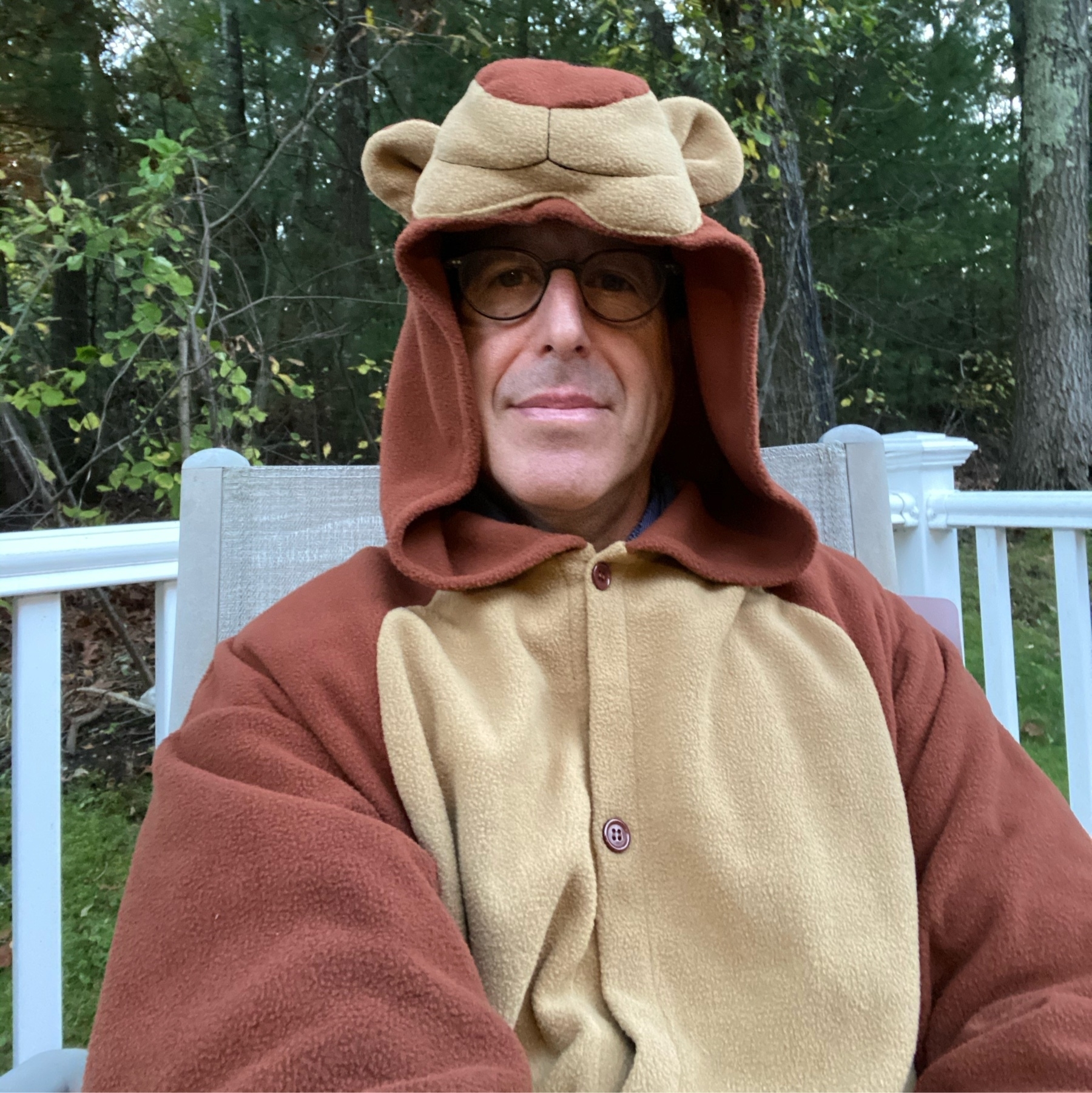
Our dog has a new friend and he’s a total goofball

Today’s hike
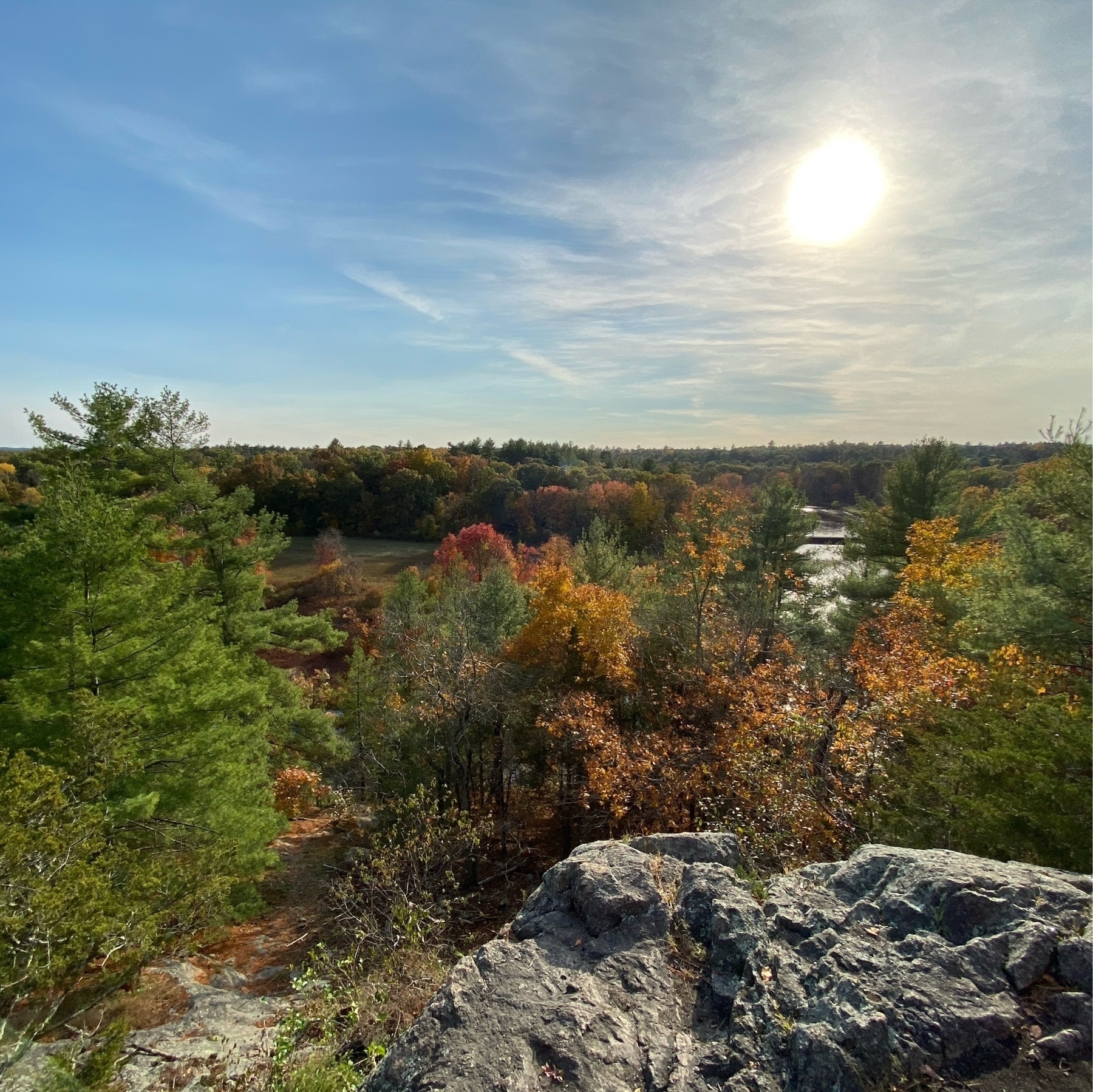
late in the day my zoom calls start to feel like this
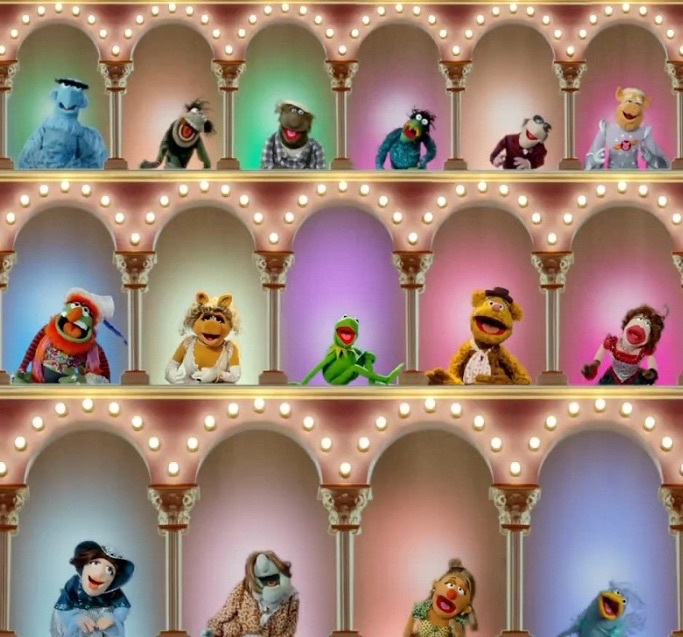
Know thyself, @nytimes
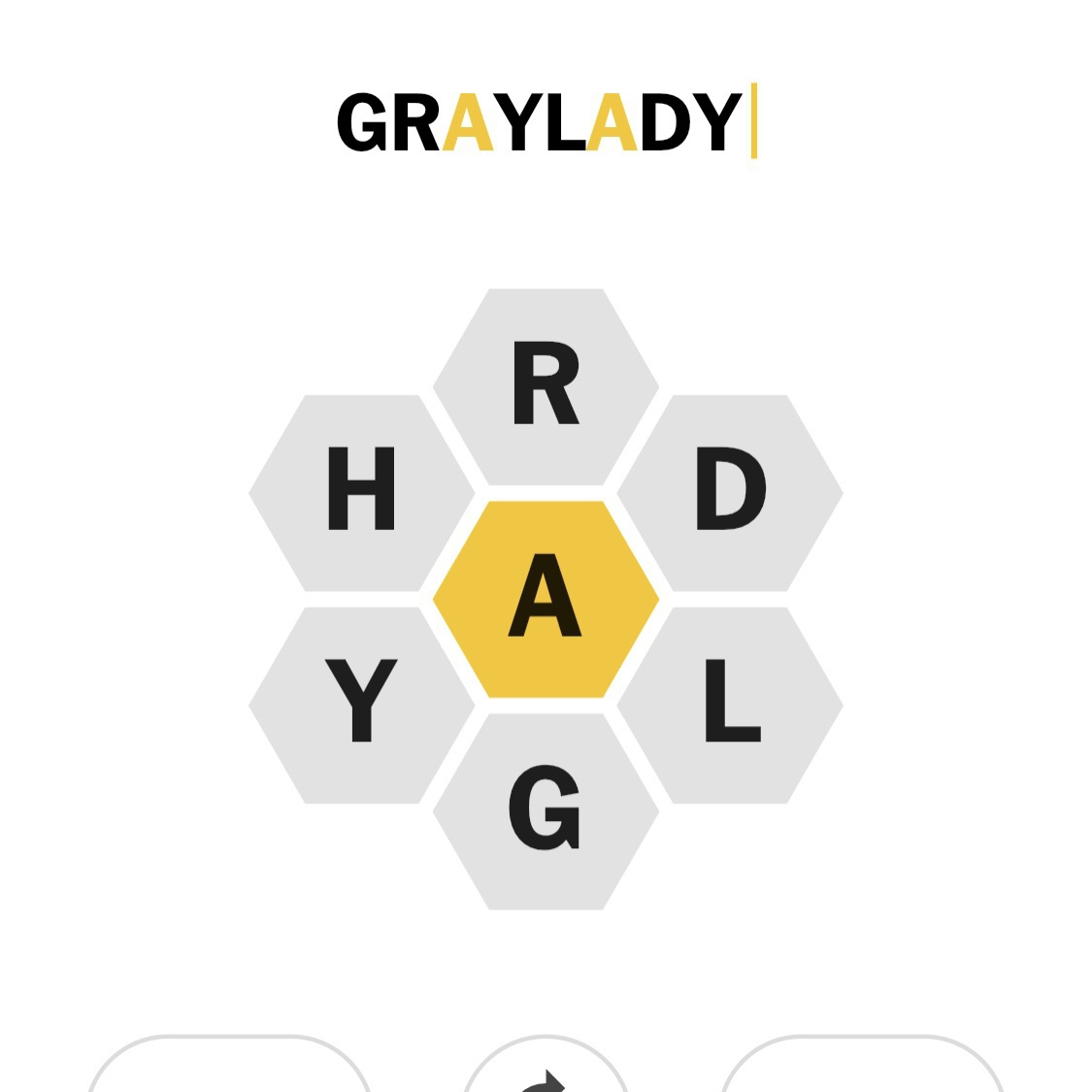
Hound is confused about this headless horseman
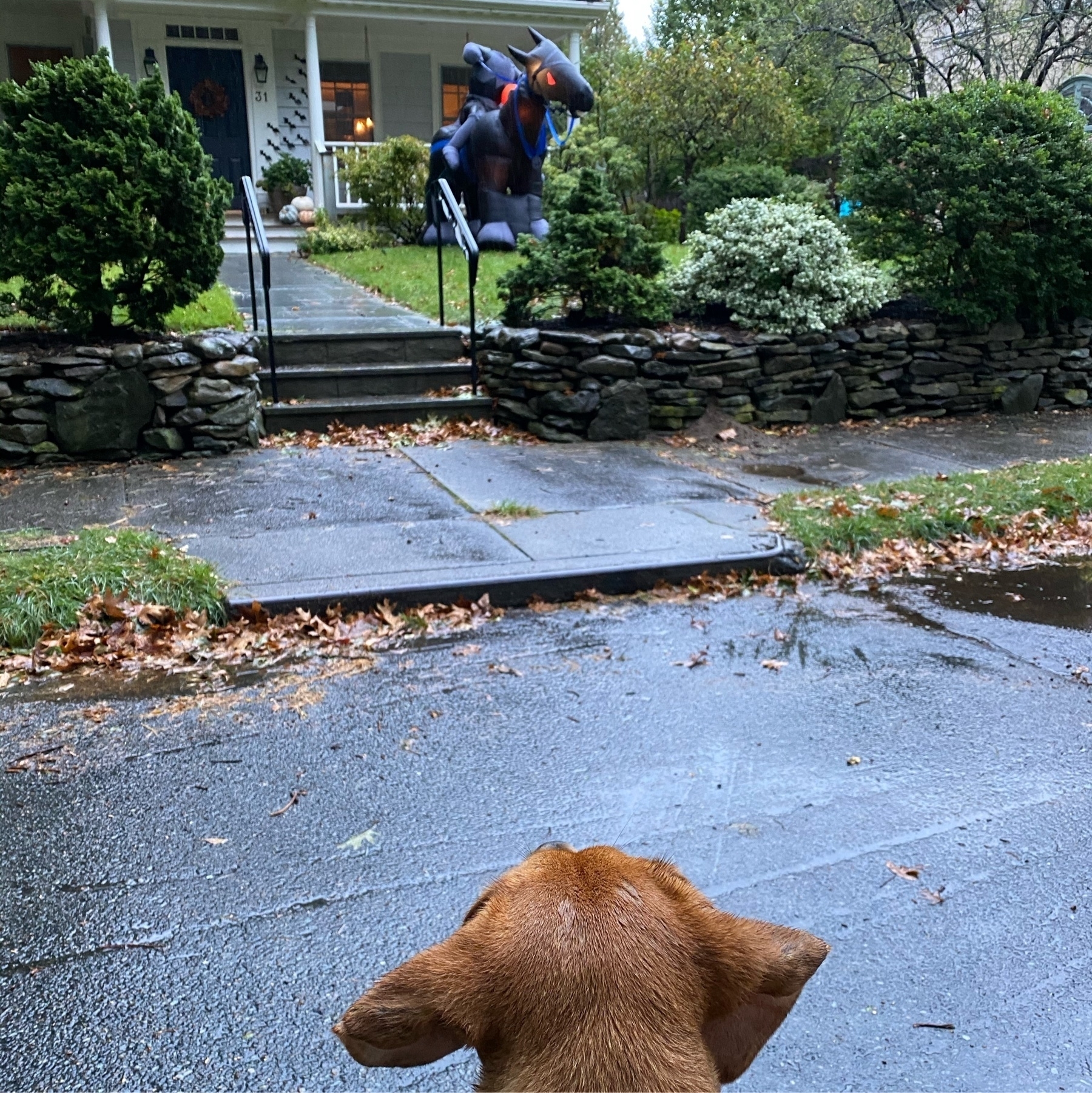
If you have ever wondered what the World Health Organization does, how it operates and is funded, and what role it takes during a pandemic — and what withdrawing from it will mean — spend 30 minutes with @summermarion on the latest What’s New podcast.
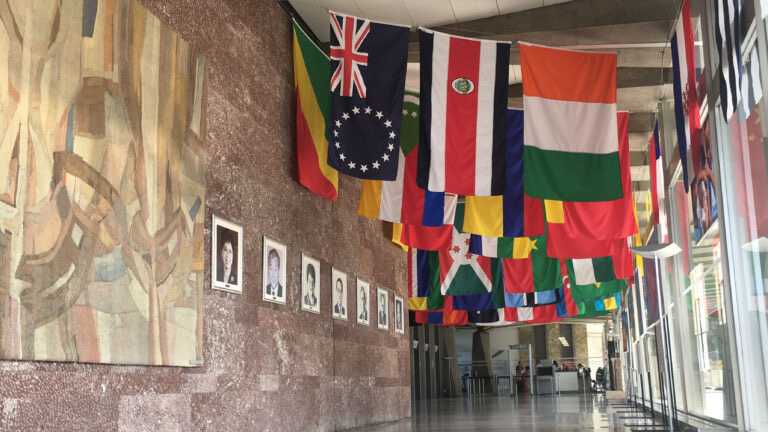
Looking forward to participating in CNI’s “Reflections on Libraries and Digital Scholarship and Looking Ahead” panel this afternoon.
New issue of my newsletter: “Humane Ingenuity 28: Cornucopia of Cleverness”—making GIFs from artwork; using atlases to x-ray a city; AI, and a DJ, in the archives; 8-bit hangouts for students + more. (Subscribe to Humane Ingenuity.)
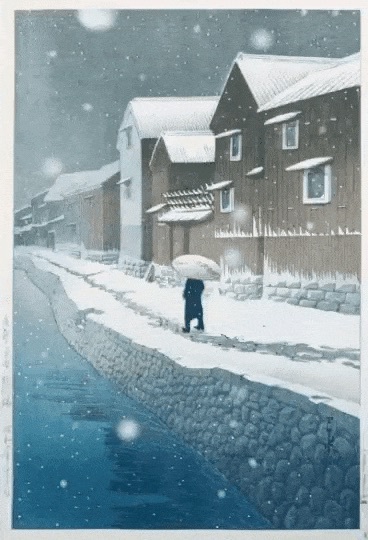
Well done, sunset
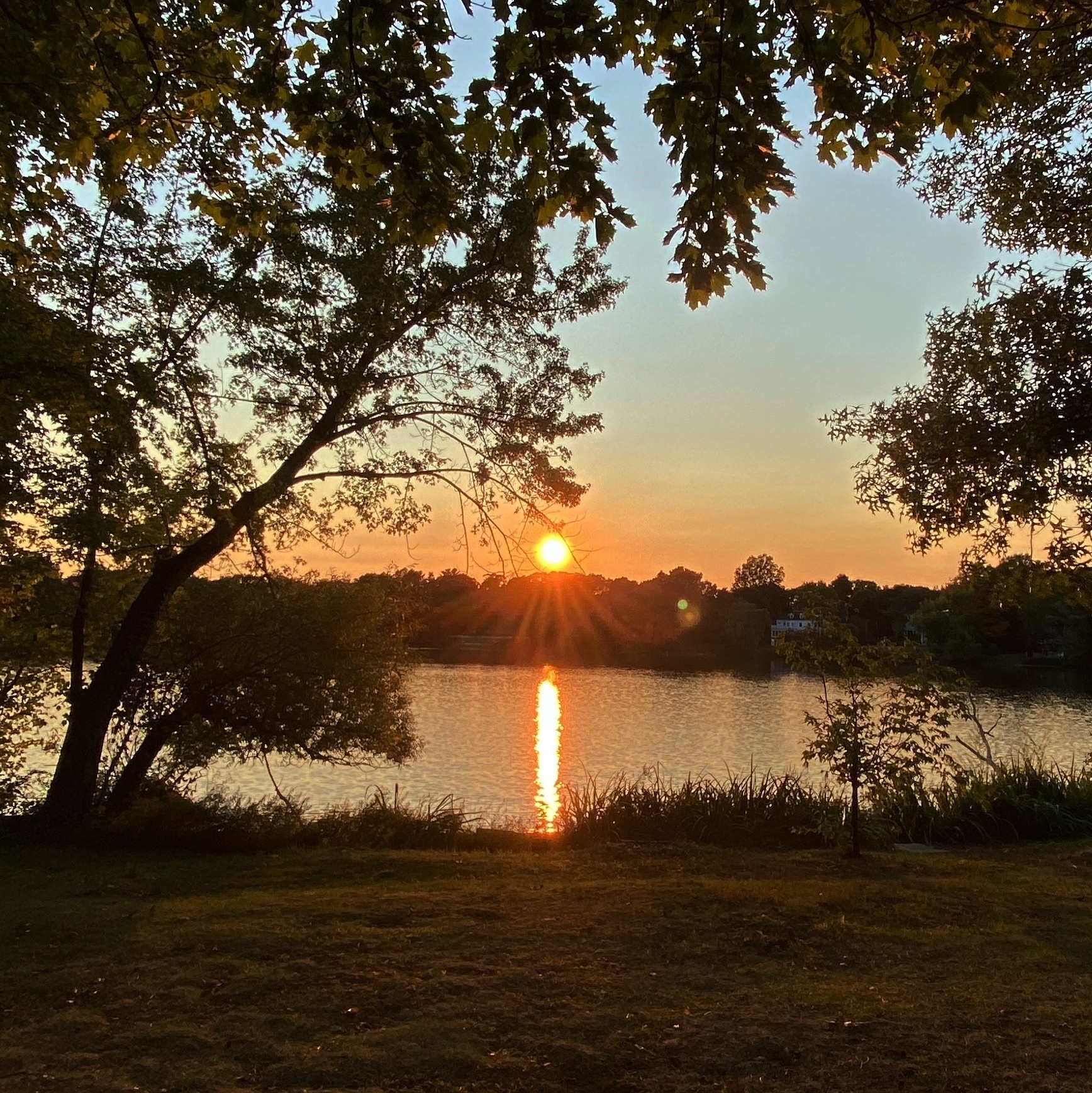
Fall

The 1st episode of the 4th season of the What’s New podcast from the Northeastern University Library is now out—I interview @jenniecstephens about her timely new book, Diversifying Power: Why We Need Antiracist, Feminist Leadership on Climate and Energy.
Today’s hike
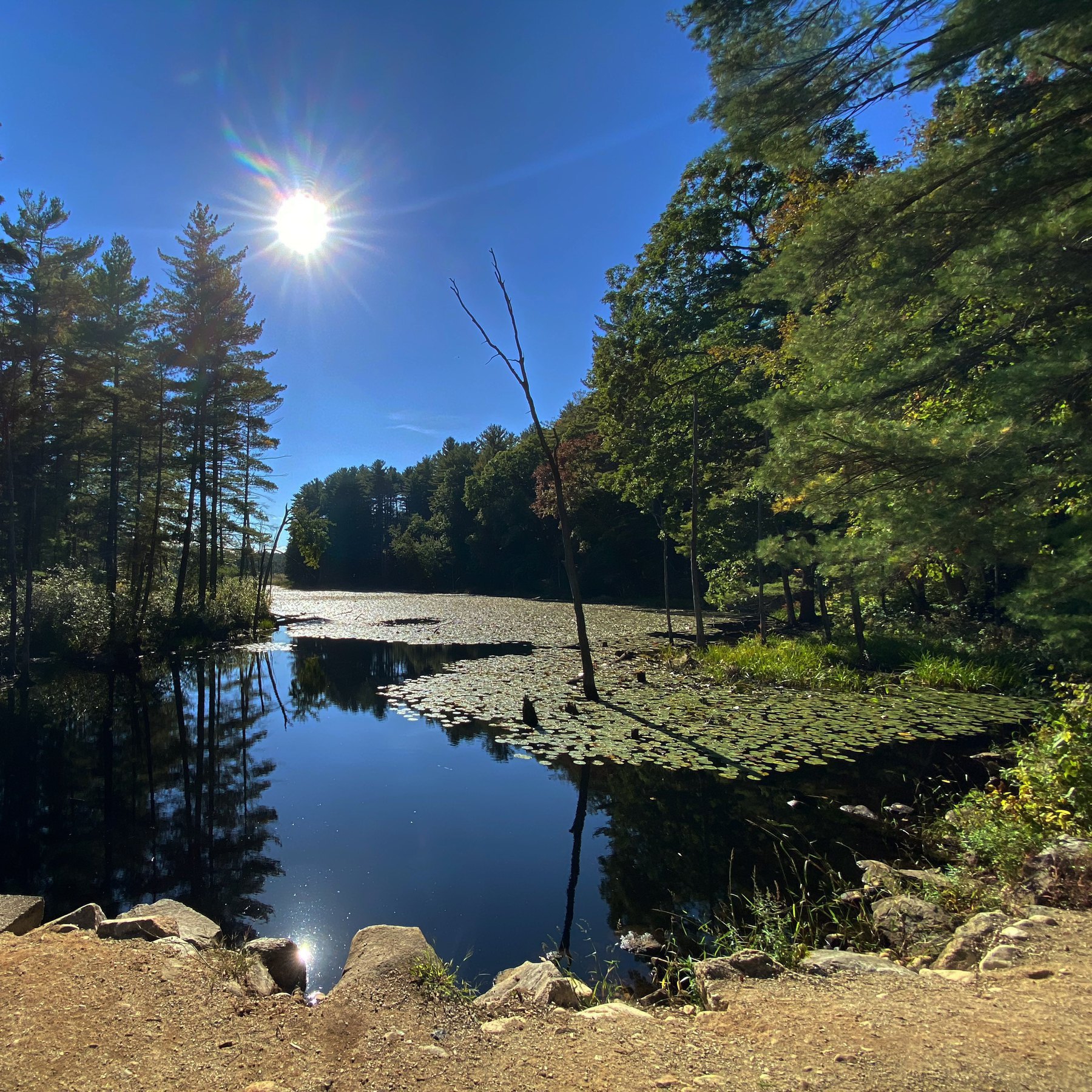
The evolution of museum wall labels:
The fourth season of our What’s New podcast starts next week with conversations about climate change and politics, the pandemic and global health, and many other pressing issues. Subscribe today to get those fresh MP3 files delivered right to your podcast app.
caption this
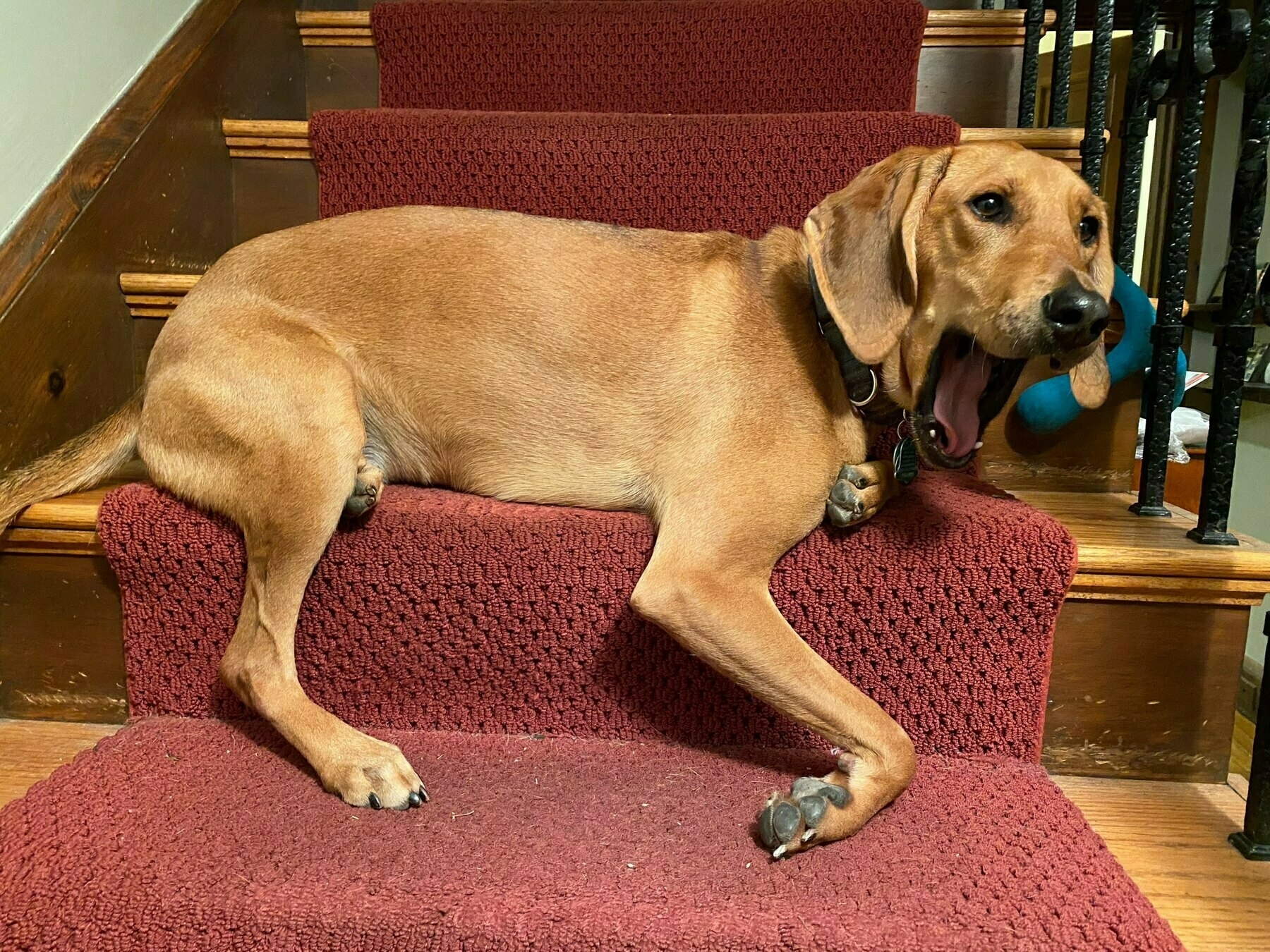
New issue of my newsletter: “Humane Ingenuity 27: Reopening Time”—Uzbek textile tech/art; can lit profs/students tell real writing by famous authors from fake GPT text?; printing leaves; archive of Covid Craigslist posts; 1st mobile phone in a music video

Just found this mysterious junction box in our old house. I think it’s for the 1930 Graybar telephone system that runs through the house but I’m not sure. A+ for the font and the importance of properly timing your chimes
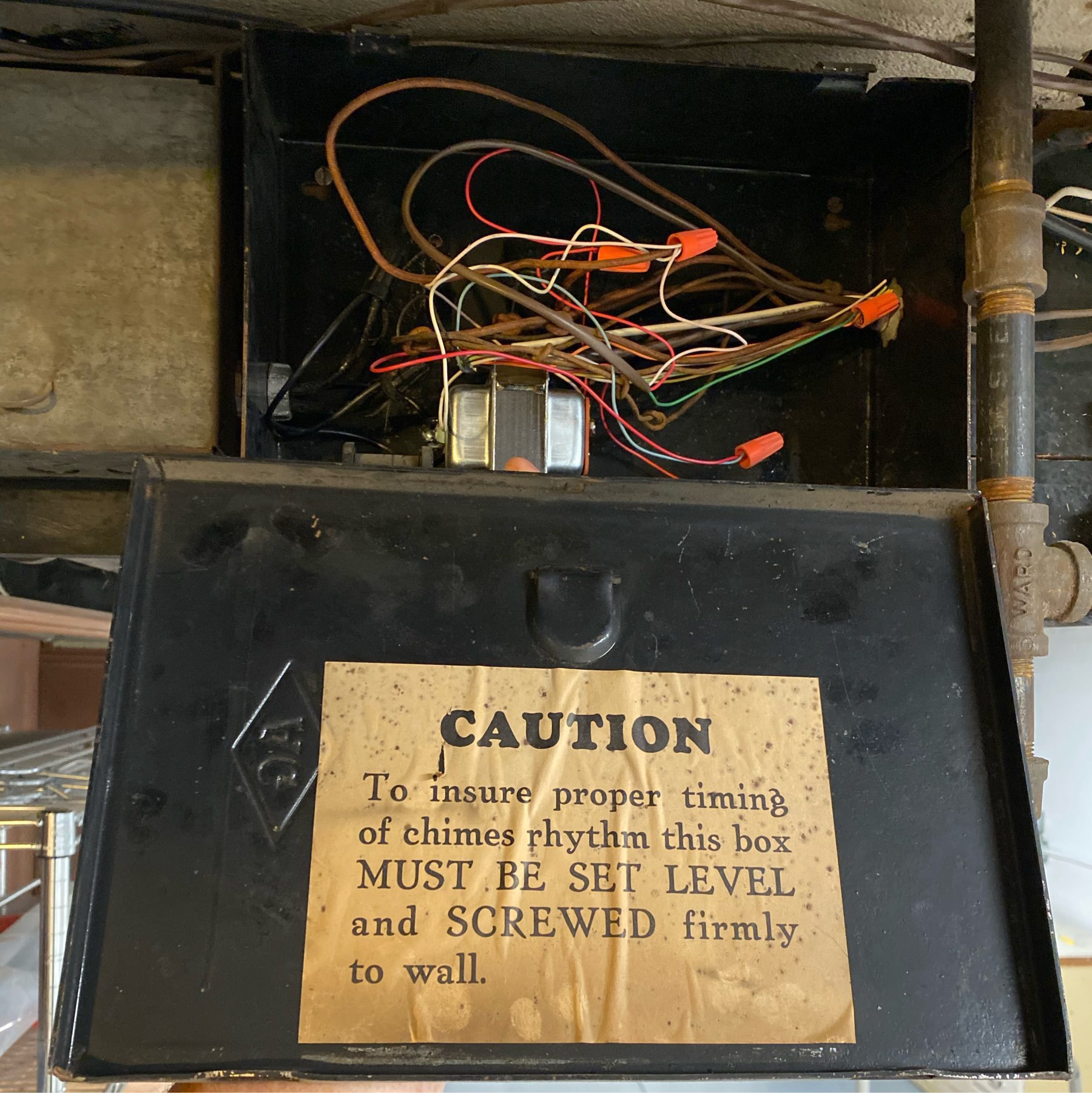
ominous word usage trend
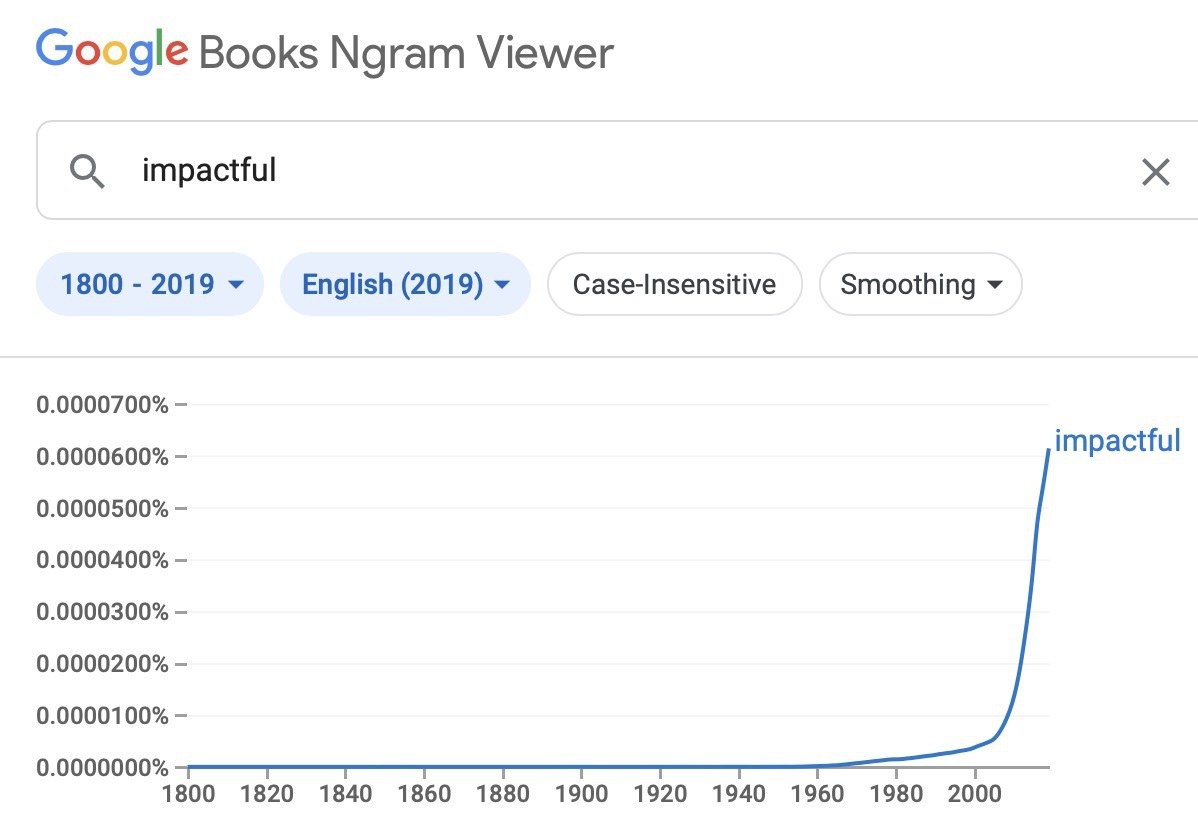
By some cosmic synchronicity, @ayjay’s new book Breaking Bread With the Dead: A Reader’s Guide to a More Tranquil Mind just arrived, on this day when we reopened the library.
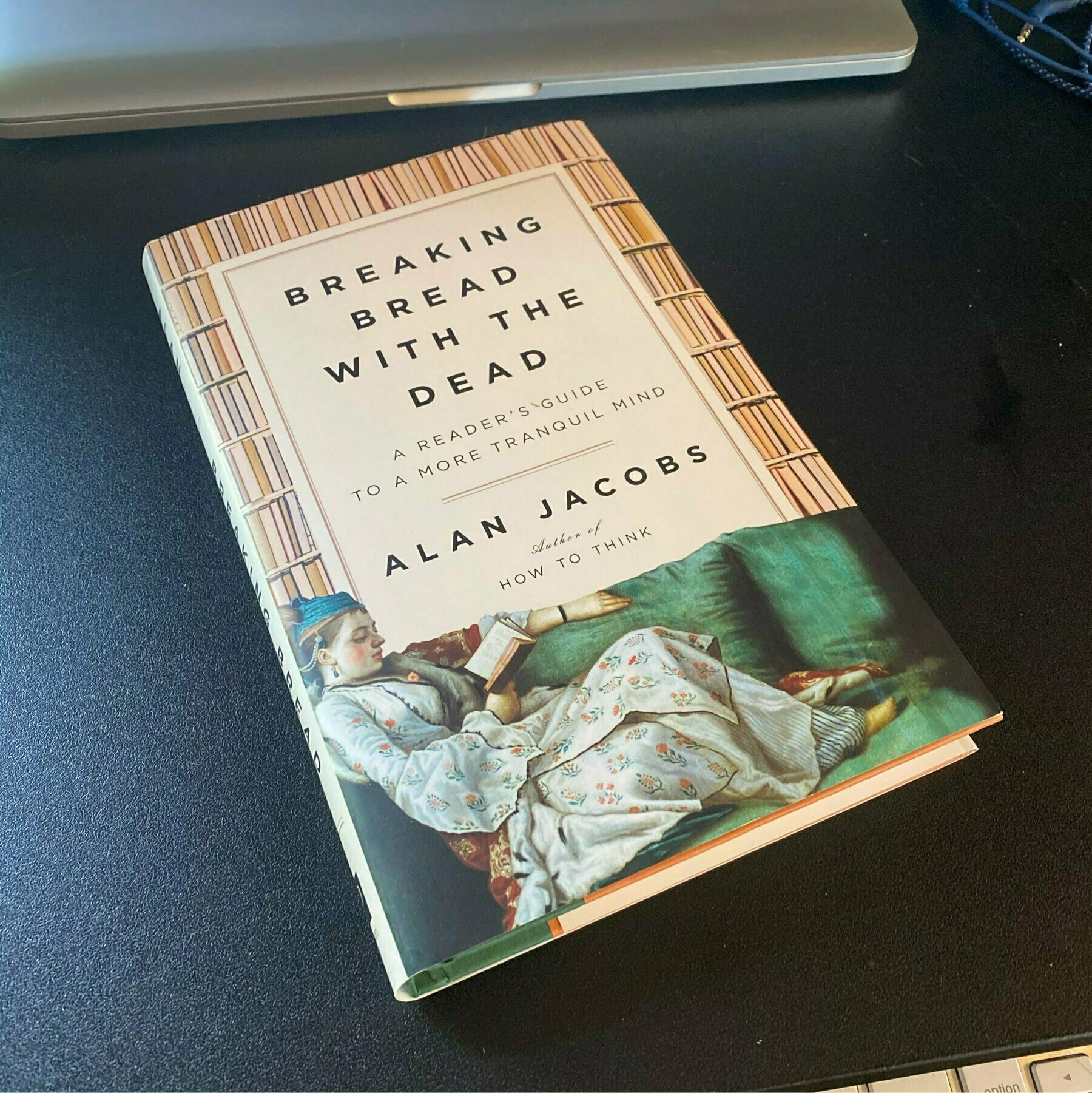
I’m a firm believer that every library reopening brings a little light back into our world. We’re reopening this morning. Feels pretty good.
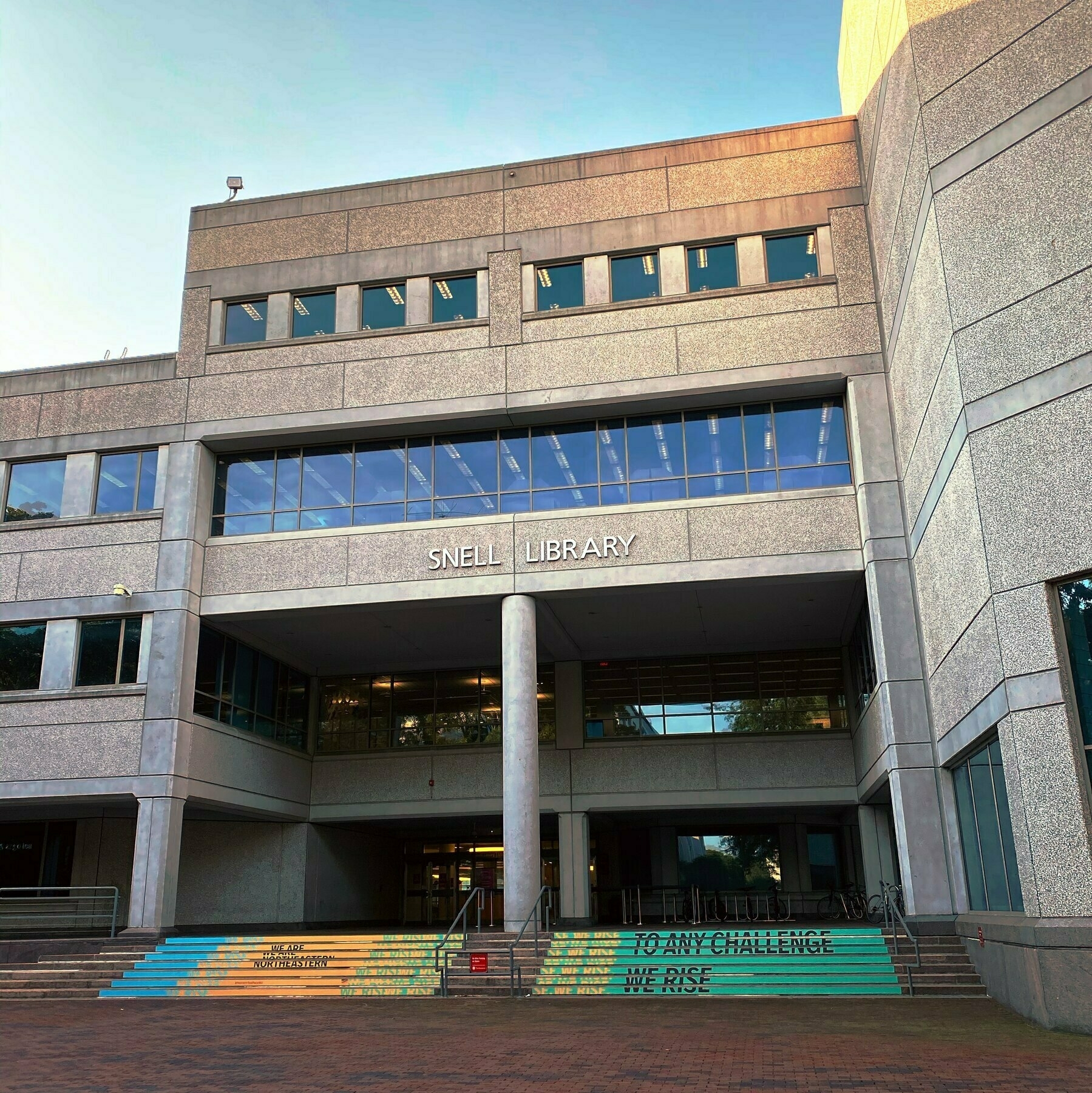
Today’s hike is very on-brand for 2020
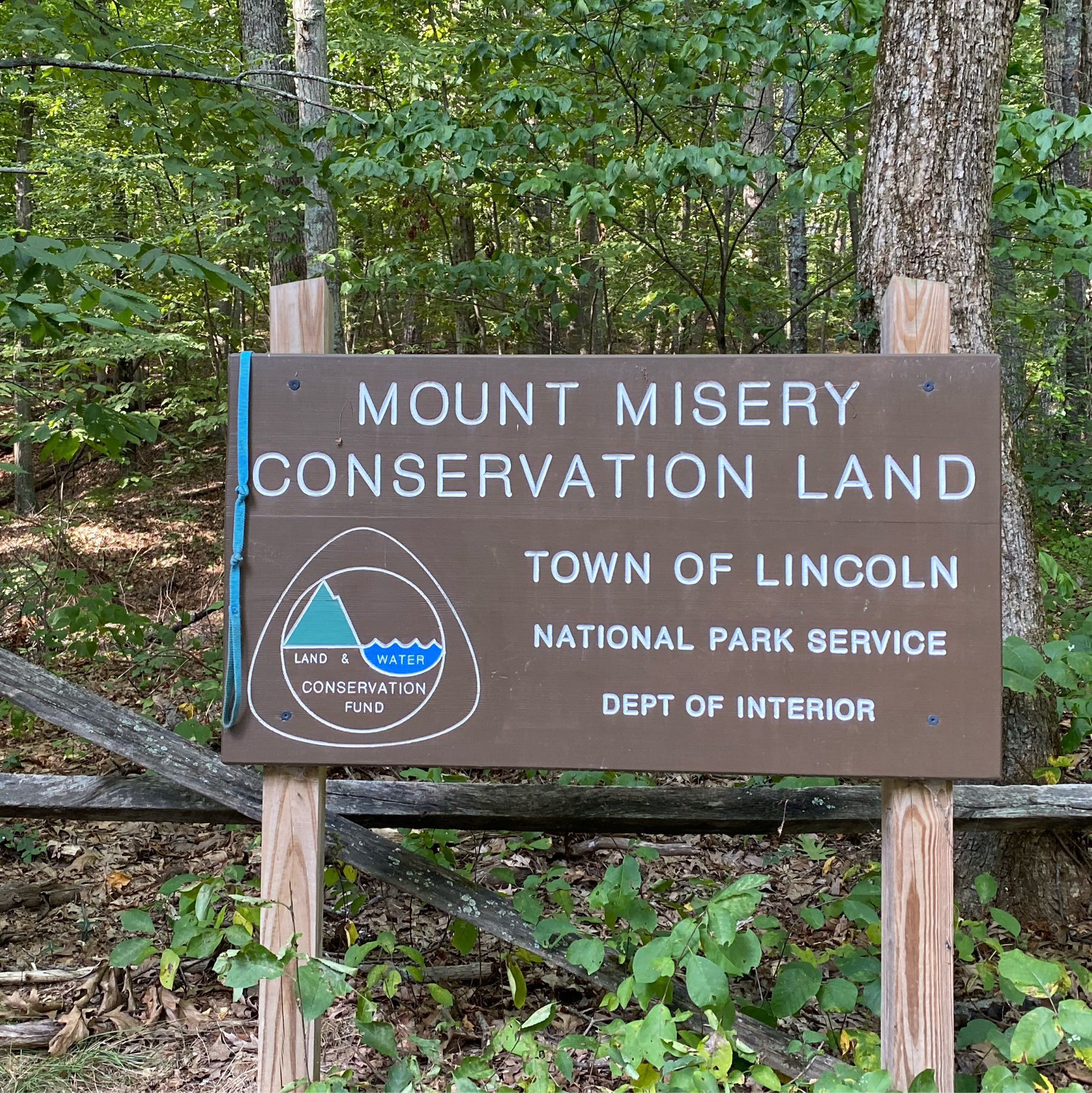
For the curious, here’s @Northeastern’s very efficient high-volume testing center, where students will be tested every three days and faculty and staff twice a week.
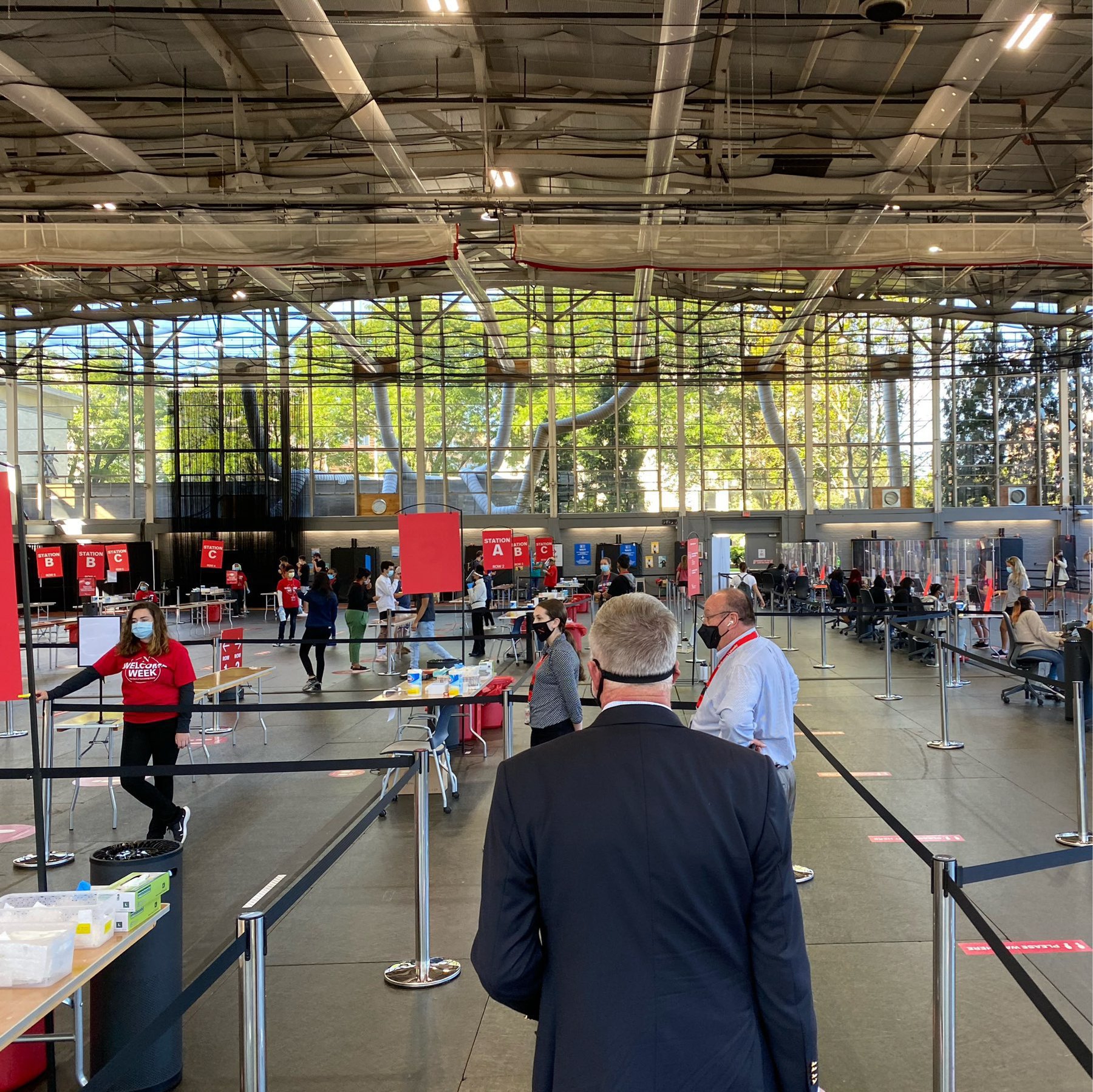
nice try, murder hornets
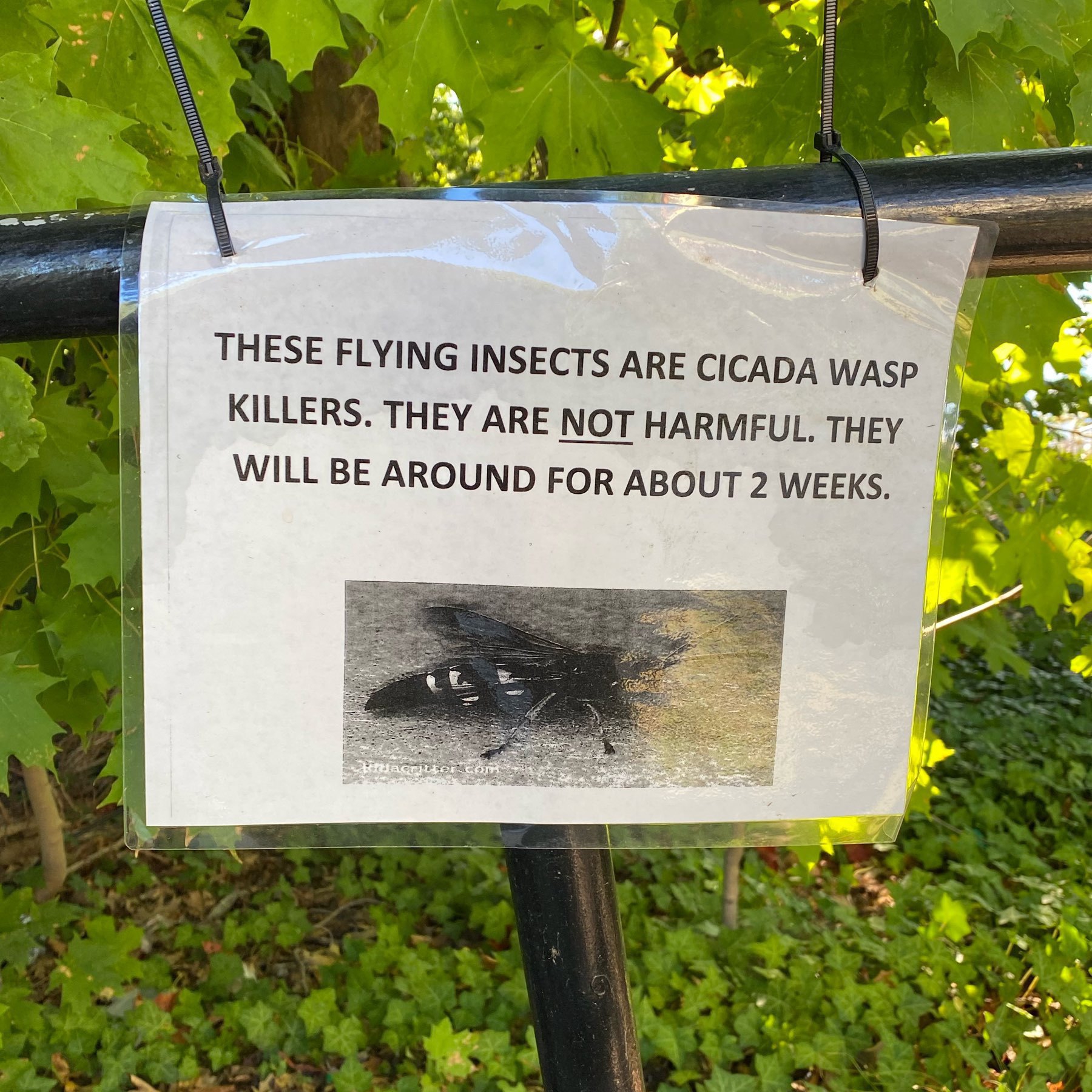
Guess who went into the office all day today for the first time in months, and guess who stayed home
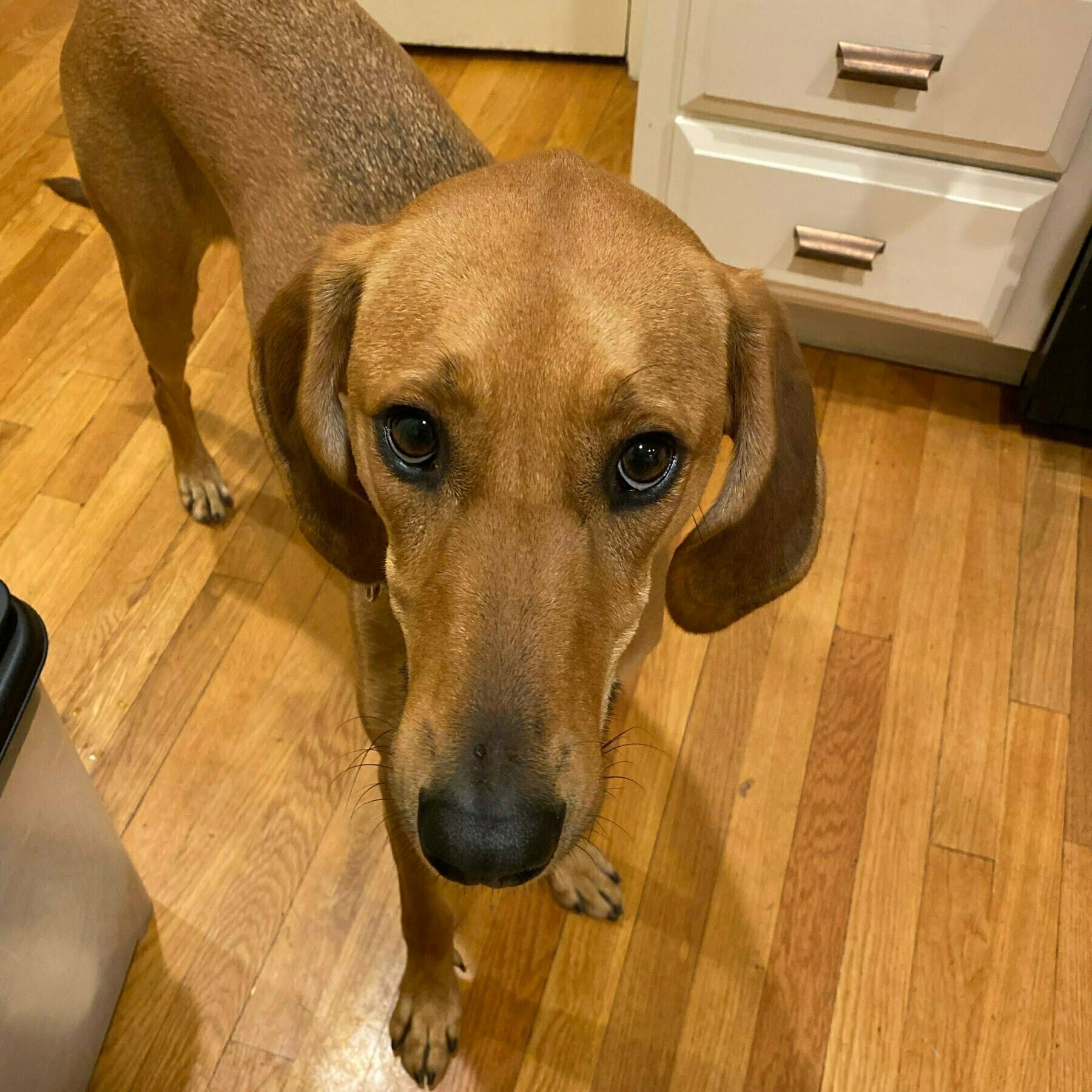
OPENING SCENE: Interior shot of a empty library. The late summer sun blazes through the window. CAMERA PANS RIGHT: A slow scan of the newspaper section. The dates on the yellowing papers are all from early March. JUMP CUT TO A CLOSE-UP:
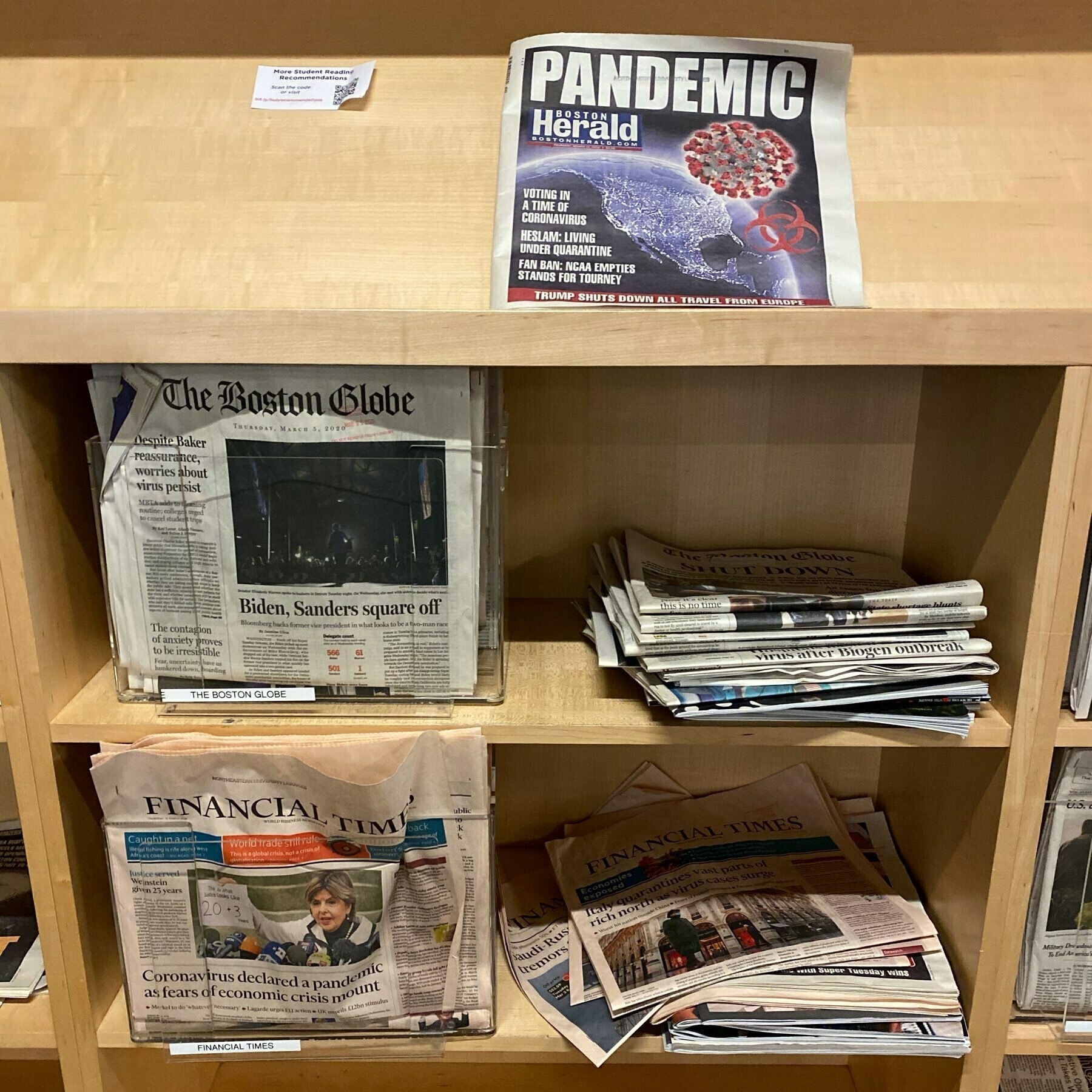
How are reliable info/stats sites like @COVID19tracking going to handle national and state testing numbers once universities like mine launch their testing programs, which will test the same (big) population repeatedly each week? Will skew raw #s way up, and % positive way down.
A+ design and typography on this manhole cover
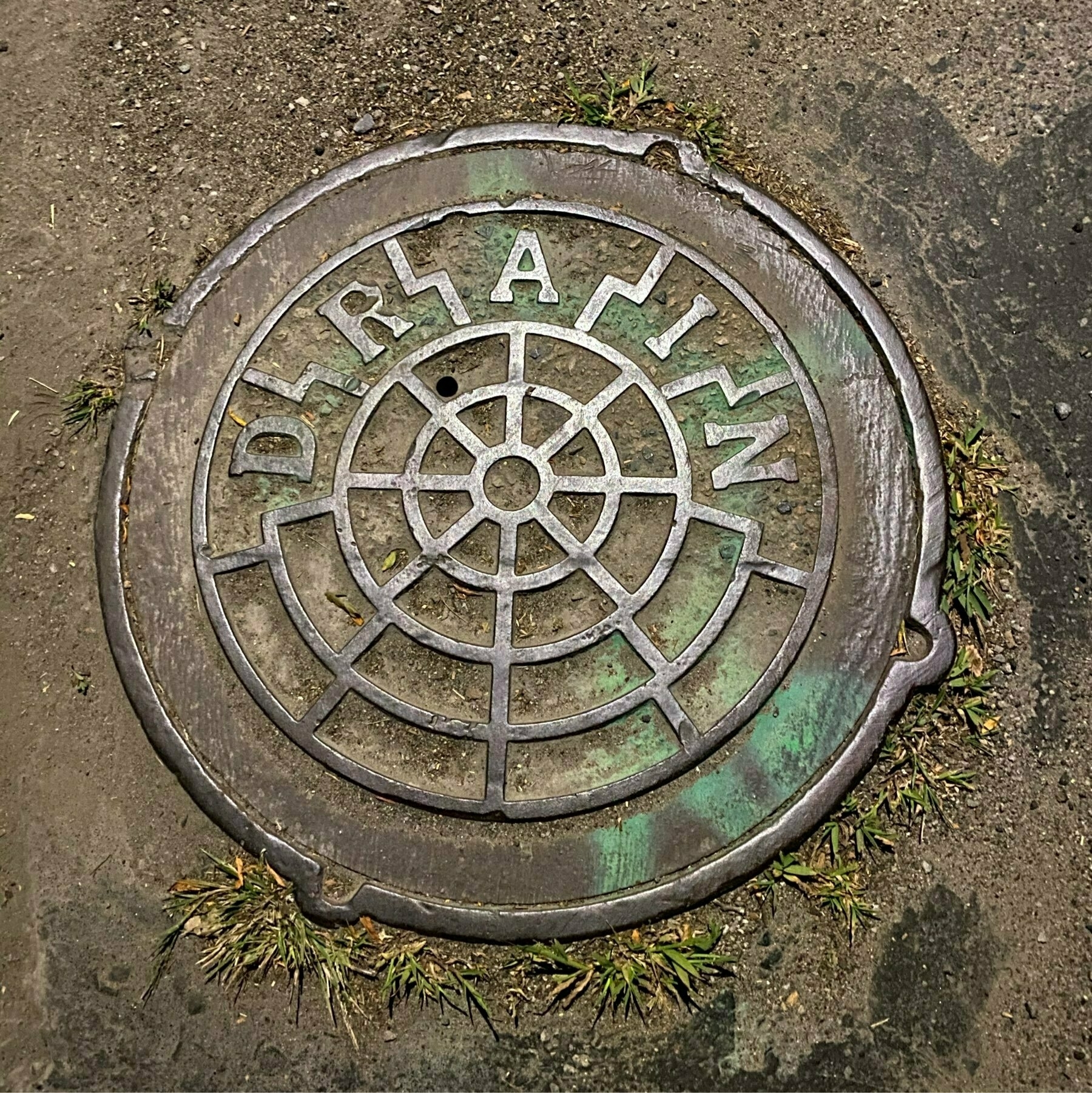
This weekend’s reading 📚
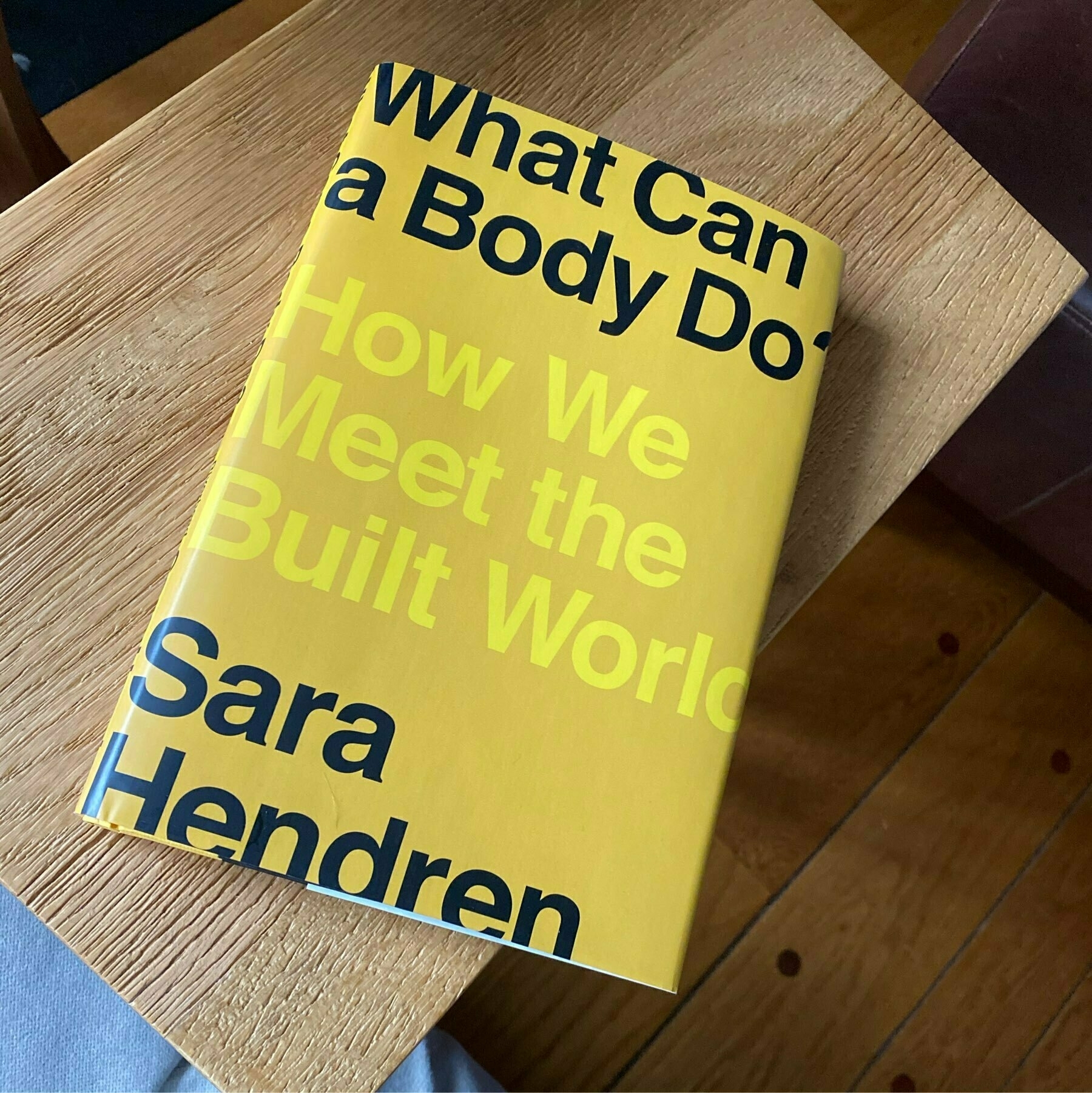
Stéfan Sinclair was brilliant and did so much groundbreaking work in digital humanities, but most of all, he was simply a really kind person and a wonderful collaborator with so many of us. What a profound tragedy to hear that he has passed away.
2020
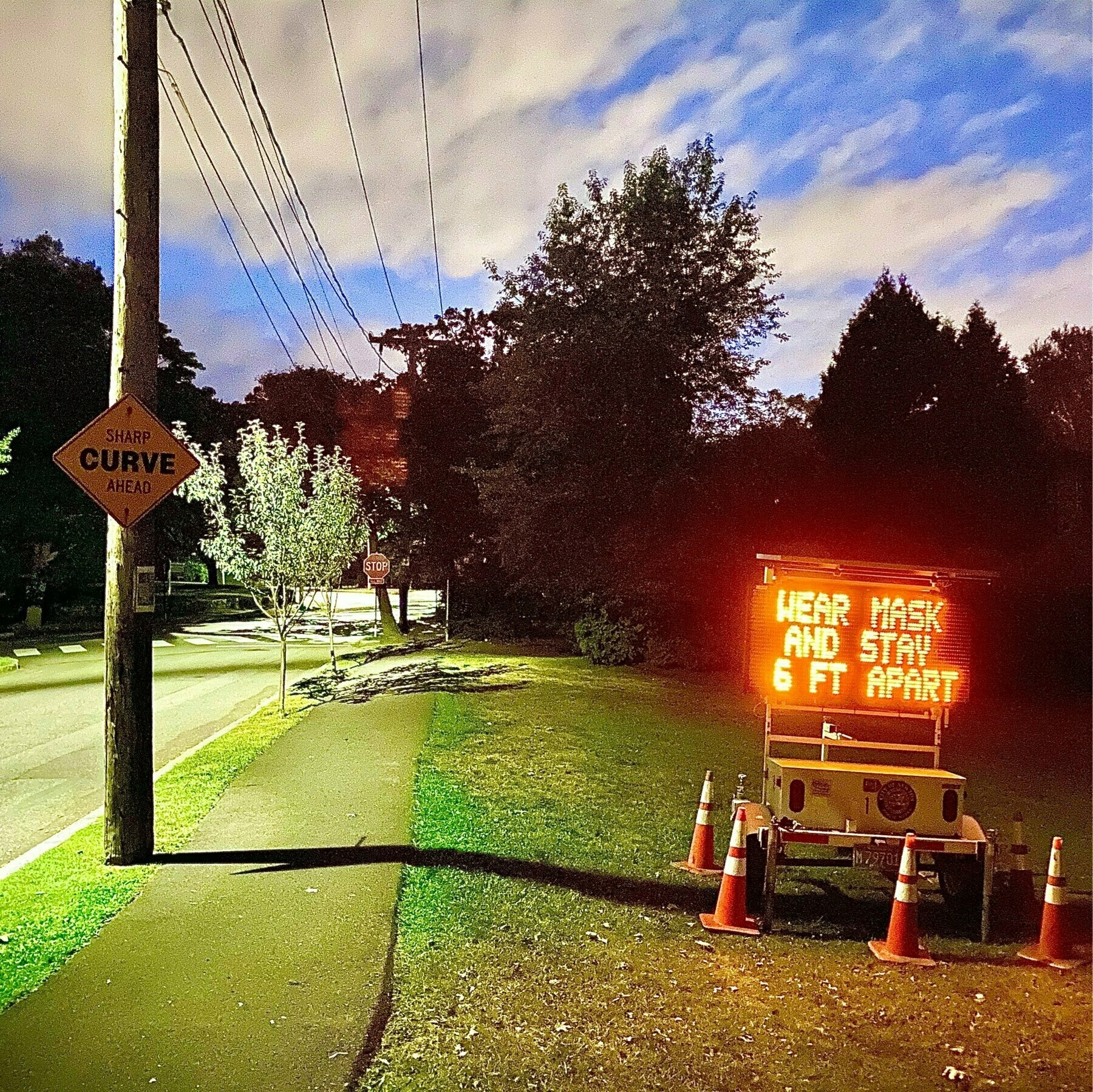
New issue of my newsletter: “Humane Ingenuity 26: Considerate Over Clever”—Photography exhibit about empty urban spaces; crowdsourcing begins on an alternative weekly; questioning the questions developers get in job interviews; 19th century virtual reality
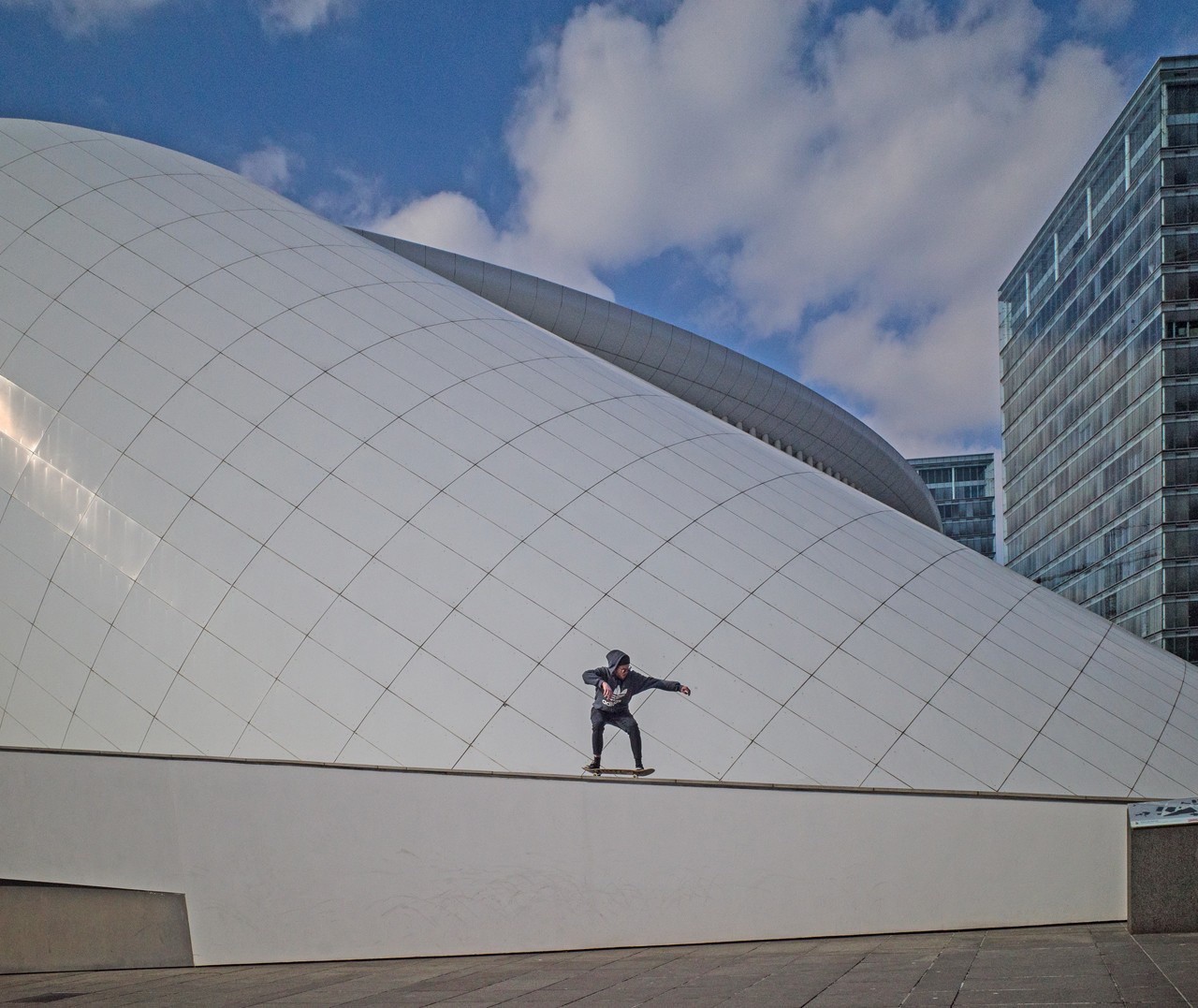
As required by Massachusetts law, this is an official notification to the general public that my children have just received their driver’s licenses. You have been warned, Boston.
Just a reminder that we are filling several positions in the Northeastern University Library, and I’d especially like to call your attention to the Semantic Data Specialist role.
Nice historical artifact we discovered while sorting through some of our books: a 1949 edition of The Psychoanalytic Study of the Child, with Yiddish newspapers holding together the spine. A physical representation of an intellectual community.
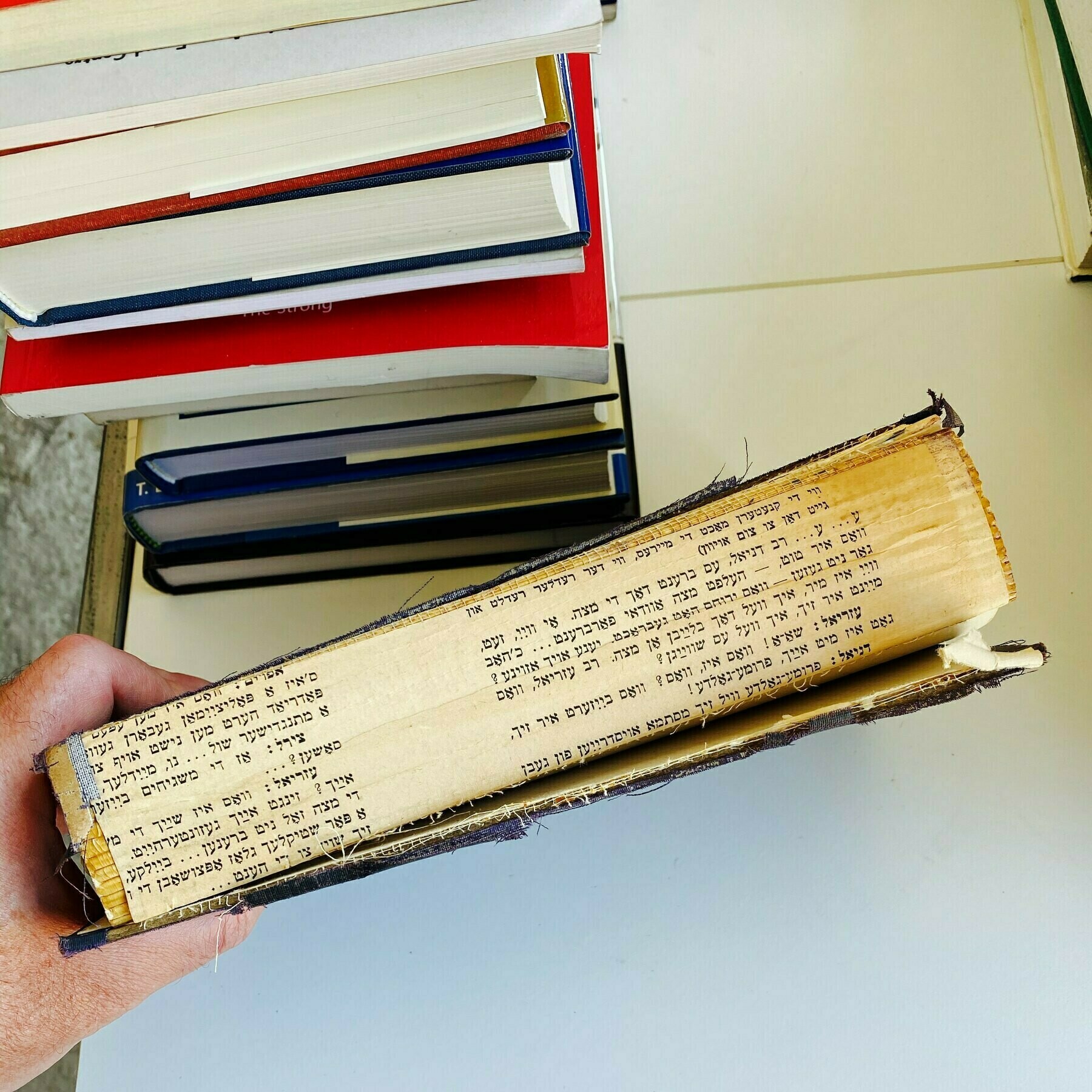
I would like a Dogme 95 sports channel
I’ve been going over my notes on digital history from 2003-2005, including some of these early Google search results, and it’s incredible how many of the top sites are by amateur enthusiasts, run off their AOL accounts or with a tilde and their name after some ISP’s domain name.
If you want to know how much the web has changed in the last two decades, here was the top Google search result in 2004 for “Abraham Lincoln”: web.archive.org/web/20030…
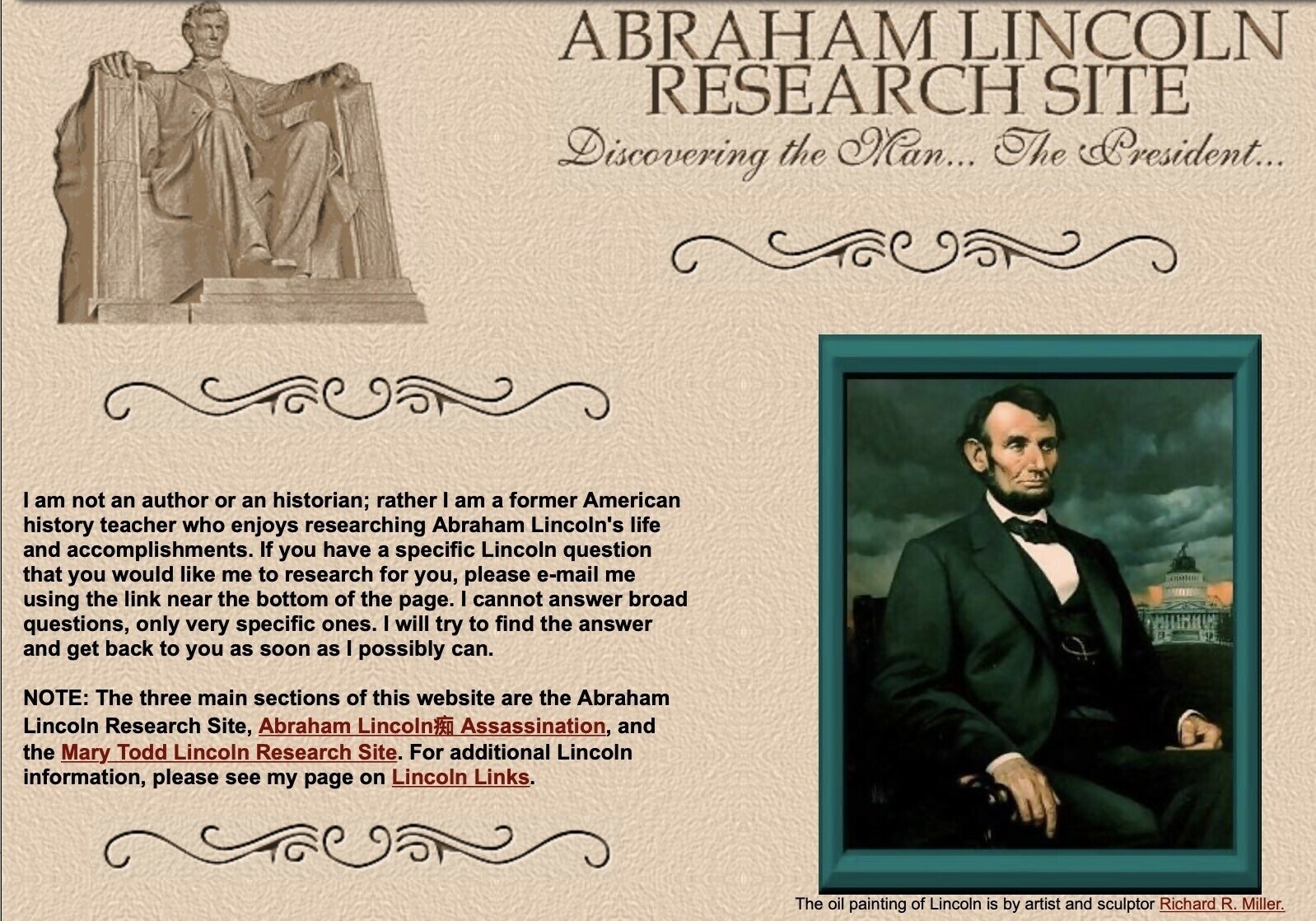
Dear future historians: High school and college yearbooks often go to press months before the end of the academic year, in case you’re wondering why the Class of 2020 was so blasé about this virus thing.
New issue of my newsletter is out: “Humane Ingenuity 25: Out of Body Experiences”—The view out of other people’s windows; issues w/ Microsoft’s new “Together Mode”; AI-created captions for cartoons that don’t exist; digitizing an entire island in Venice
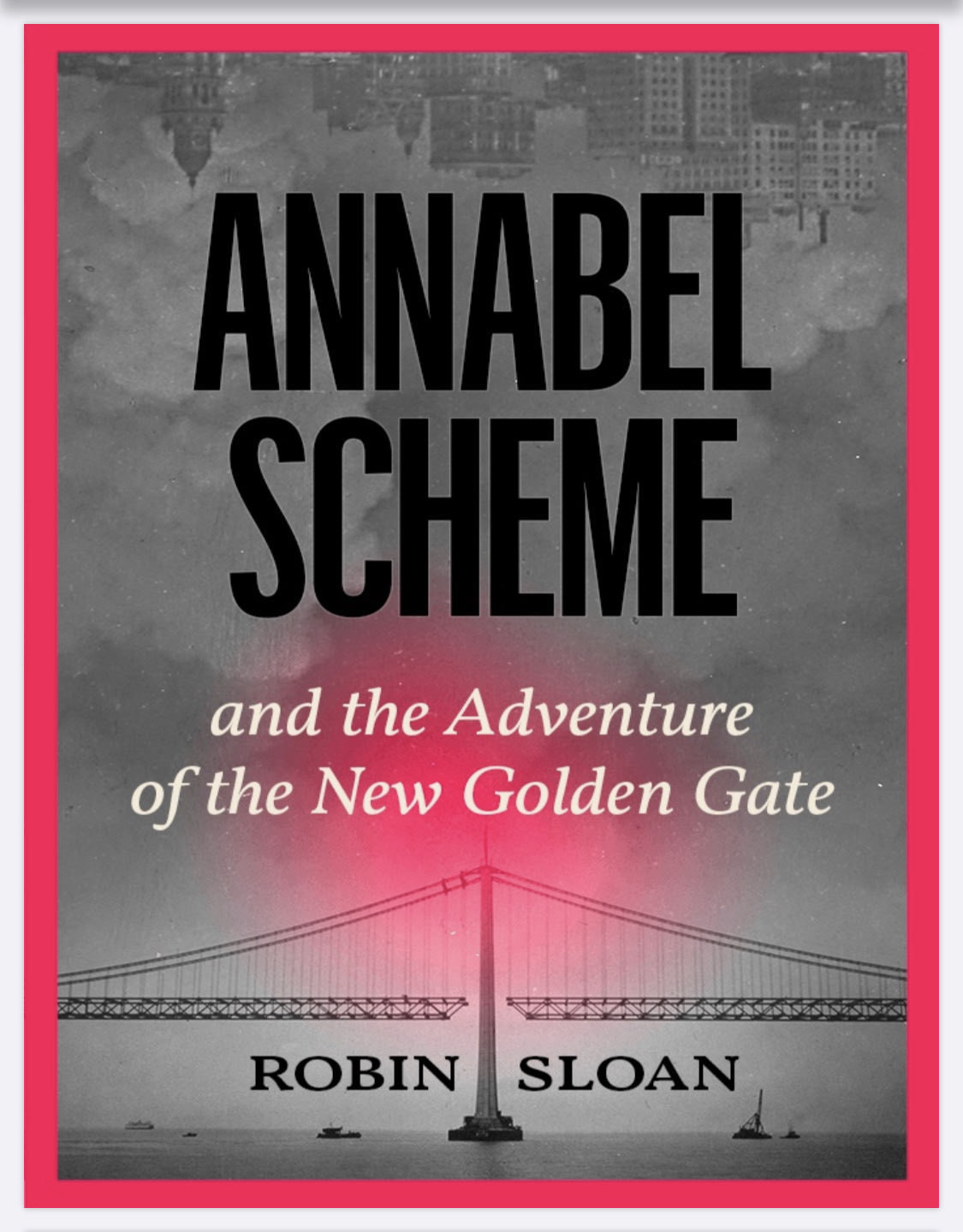
The new “Together” mode in Microsoft Teams is like a Borges story about a lecture.
The marshmallow test, except with a hound and an ice cube on a hot day
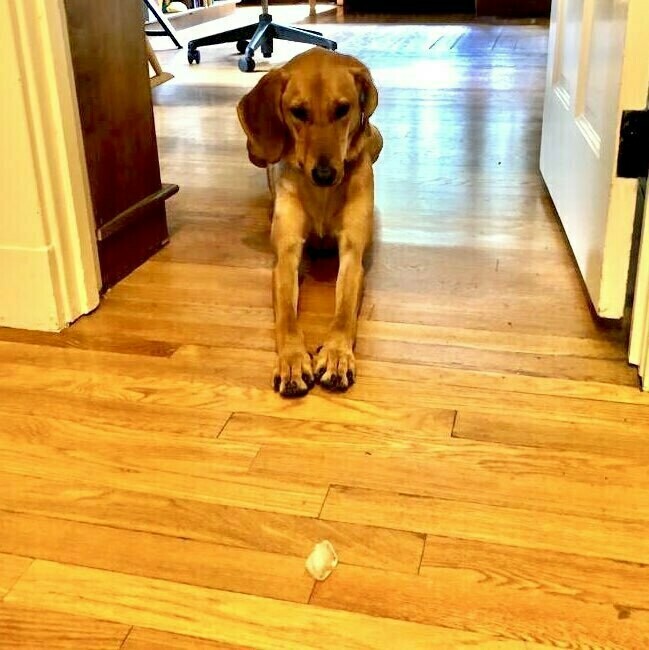
Wear a mask and let dog be your copilot

Evening
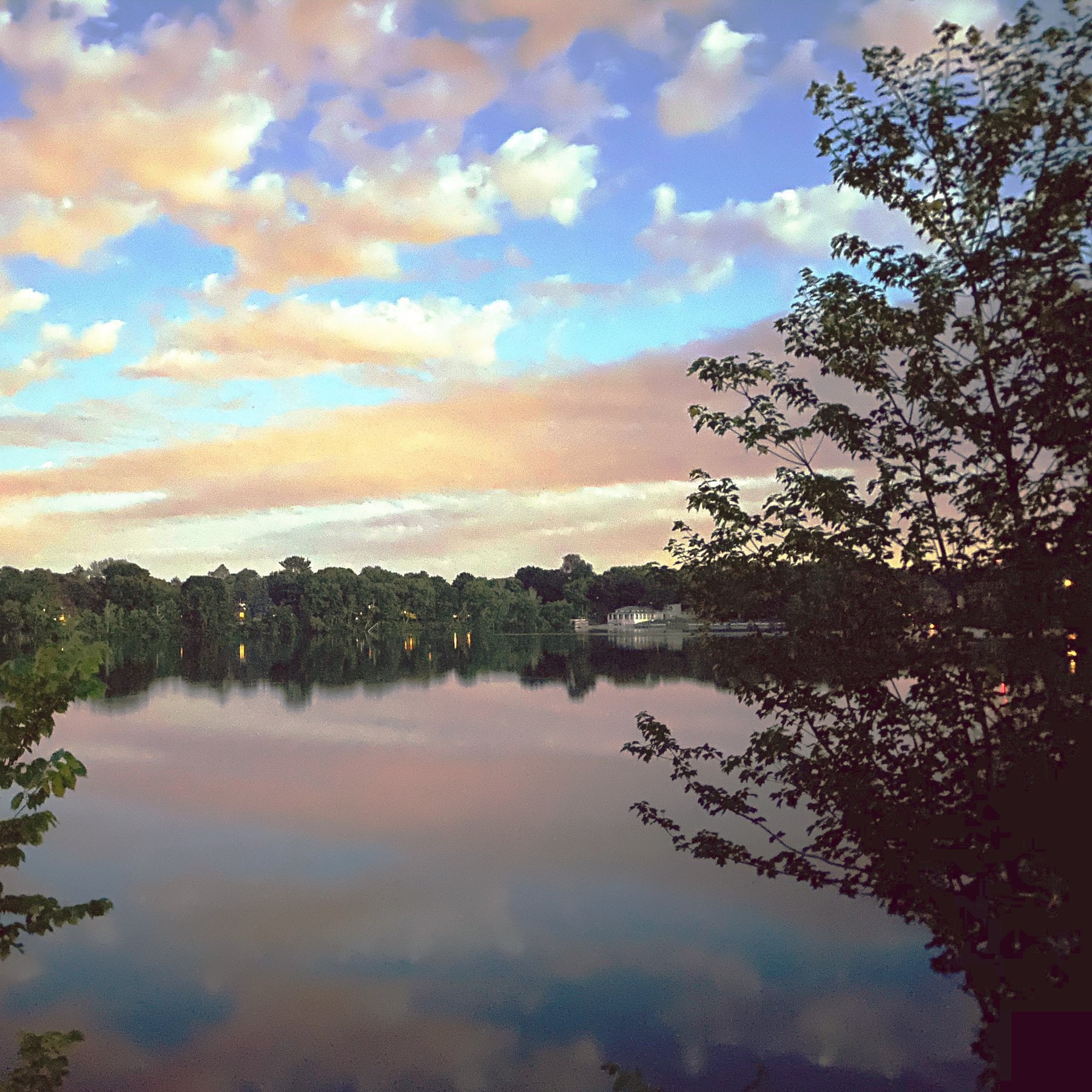
Afternoon
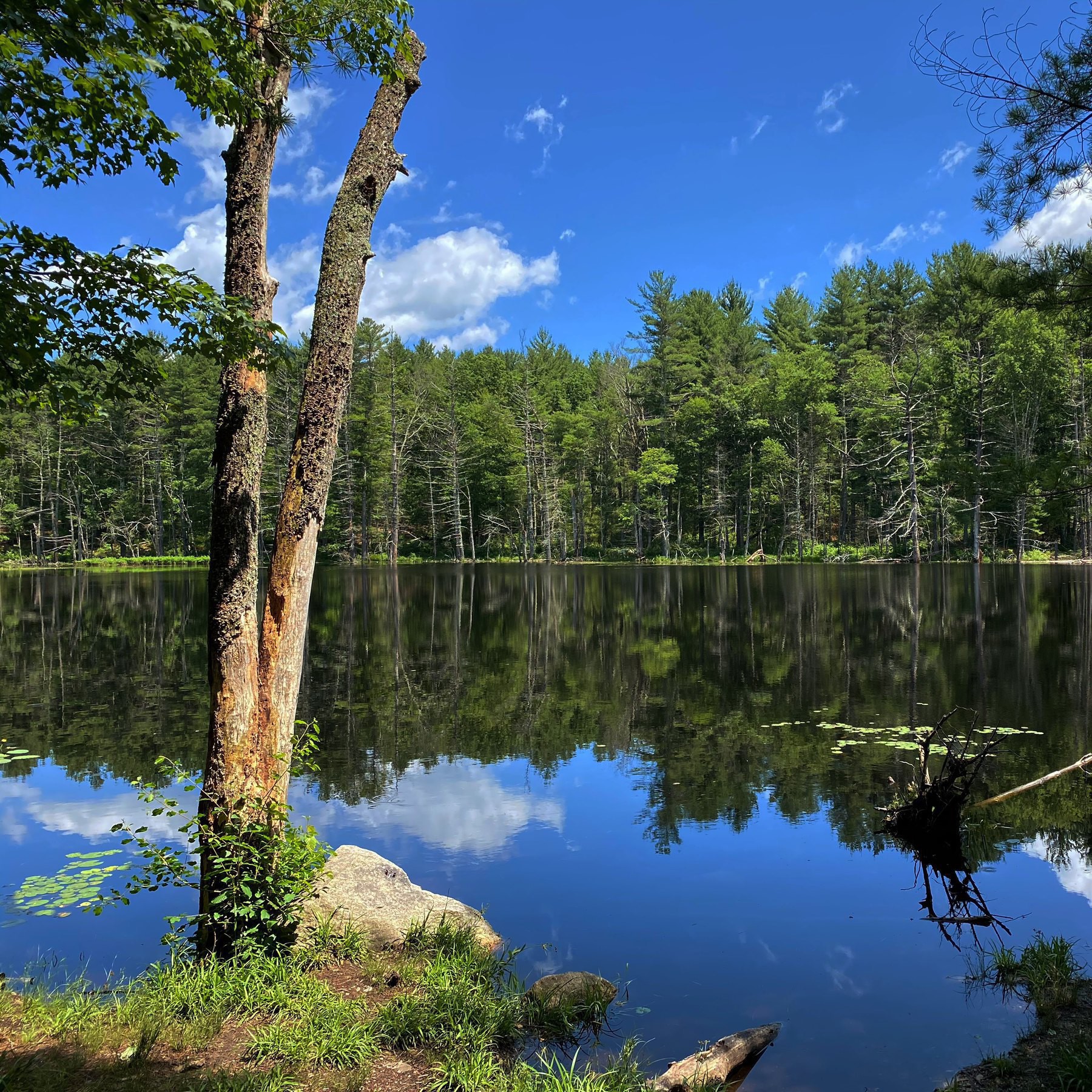
Evening
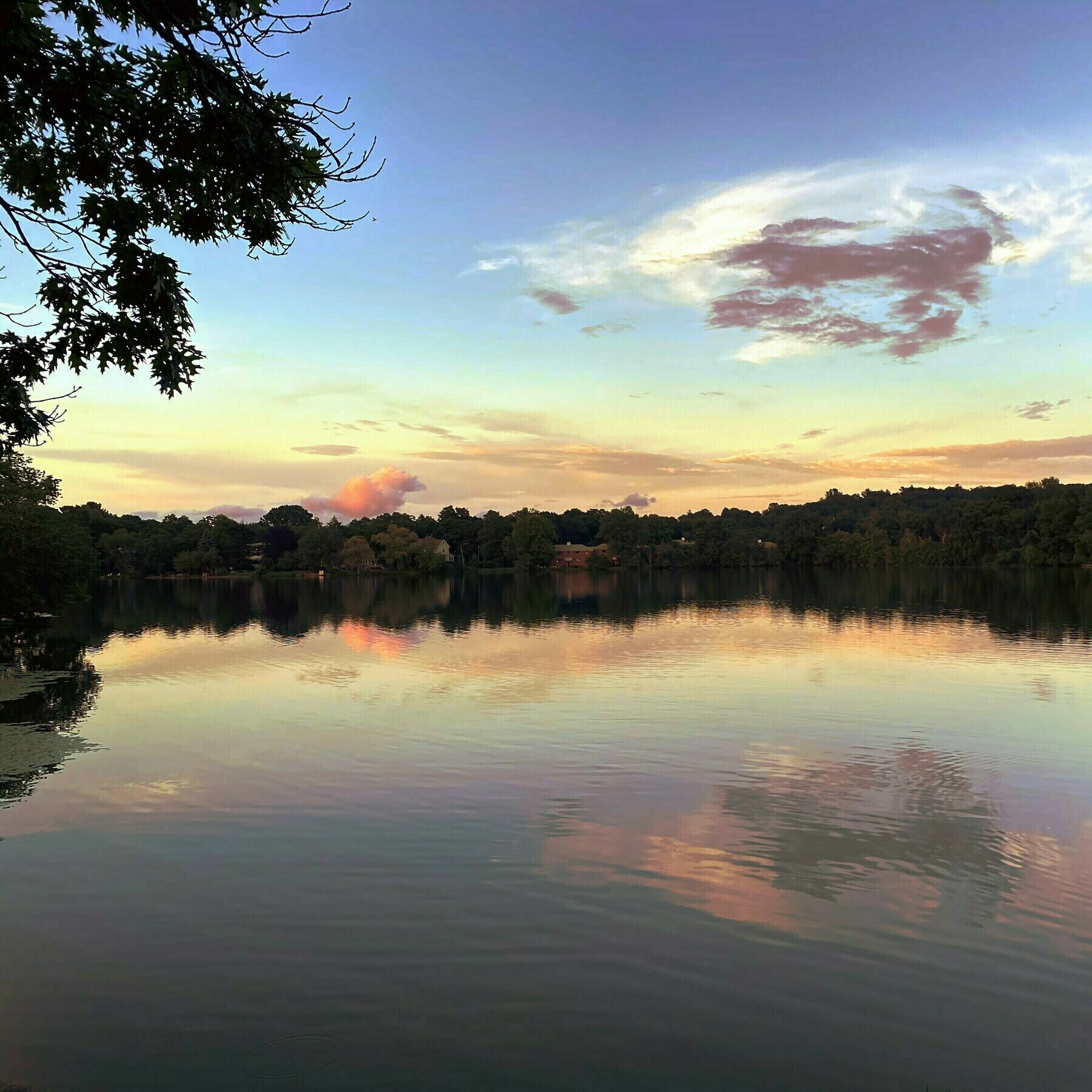
Evening

New issue of my newsletter: “Humane Ingenuity 24: Witness and Withness”—how libraries/archives can bear witness to the long and brutal history of racism; experimenting w/ low and high tech to make us feel closer together; maps that lie and tell the truth
Morning

And these neighbors have decided to go straight to Halloween. I get it.

Over a hundred days in and things are finally getting weird in the neighborhood. One of our neighbors built a dunk booth—kid hits a target with a ball and a five gallon bucket of water drops on the parent
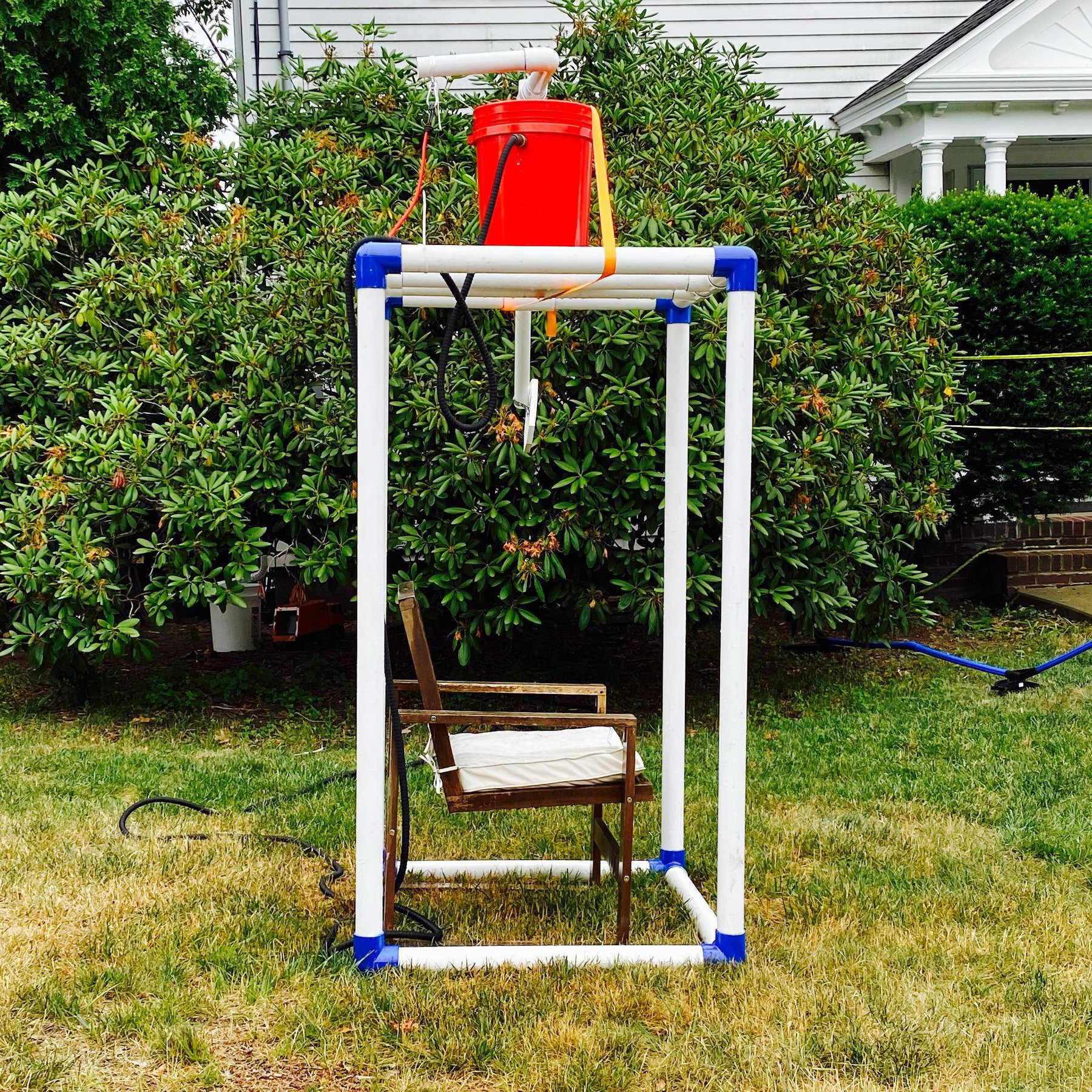
Much wisdom here from @jenorr on her blog about our forthcoming necessarily imperfect fall school season.
If you could use five minutes of pure fun and incredible talent, may I recommend this video of the proto-breakdancing all-stars The Lockers on the first season of SNL? (via @tombreihan’s The Number Ones blog)
For teens doing their best to social distance, this summer is a brutal marshmallow test, but instead of being alone in a room with the marshmallow, they are in a glass box watching other teens gorging on marshmallows, with phones showing their friends gobbling marshmallows.
Evening

Long article in the Chronicle of Higher Ed on what campuses will look like in the fall, from classrooms to dorms to cafeterias and it doesn’t mention…libraries. Not a surprise; libraries pose incredibly complex issues. (I probably will write about this.)
How is this comfortable?
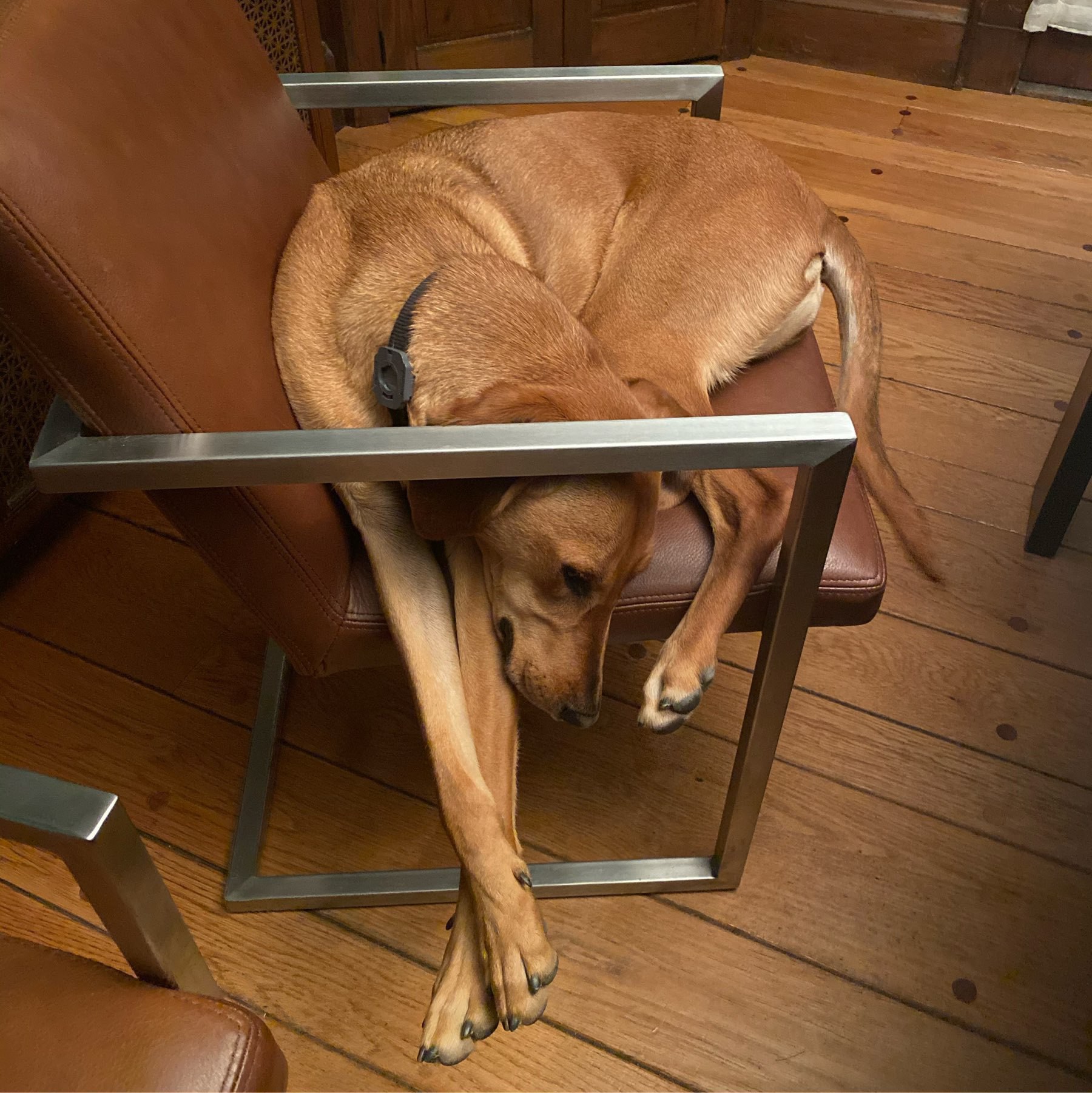
New issue of my newsletter: “Humane Ingenuity 23: Reframing Time & Saving Culture”—thoughts on “reopening” a library; how to lengthen your time horizon; preserving local music; strikingly modern images from 1430 & 1880. (Subscribe)
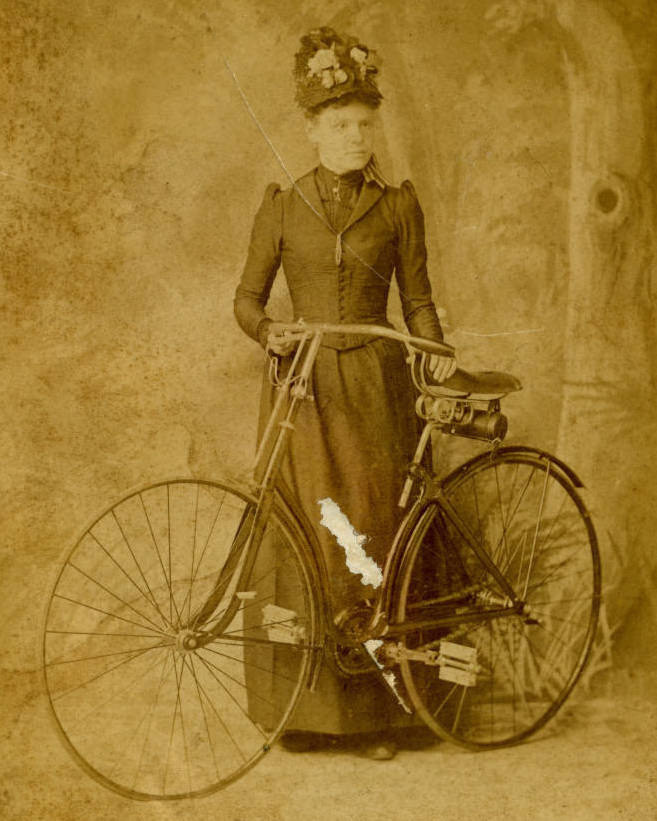
When my mask is dangling around my neck I like to pretend I’m Dr. Fink

Fellow library directors: I’ve found this IFLA page on reopening strategies/techniques helpful. (Also, I don’t like the word “reopening”; my library is open in many ways, providing digital resources/virtual services—it’s just the building that’s closed.)
Just stretching
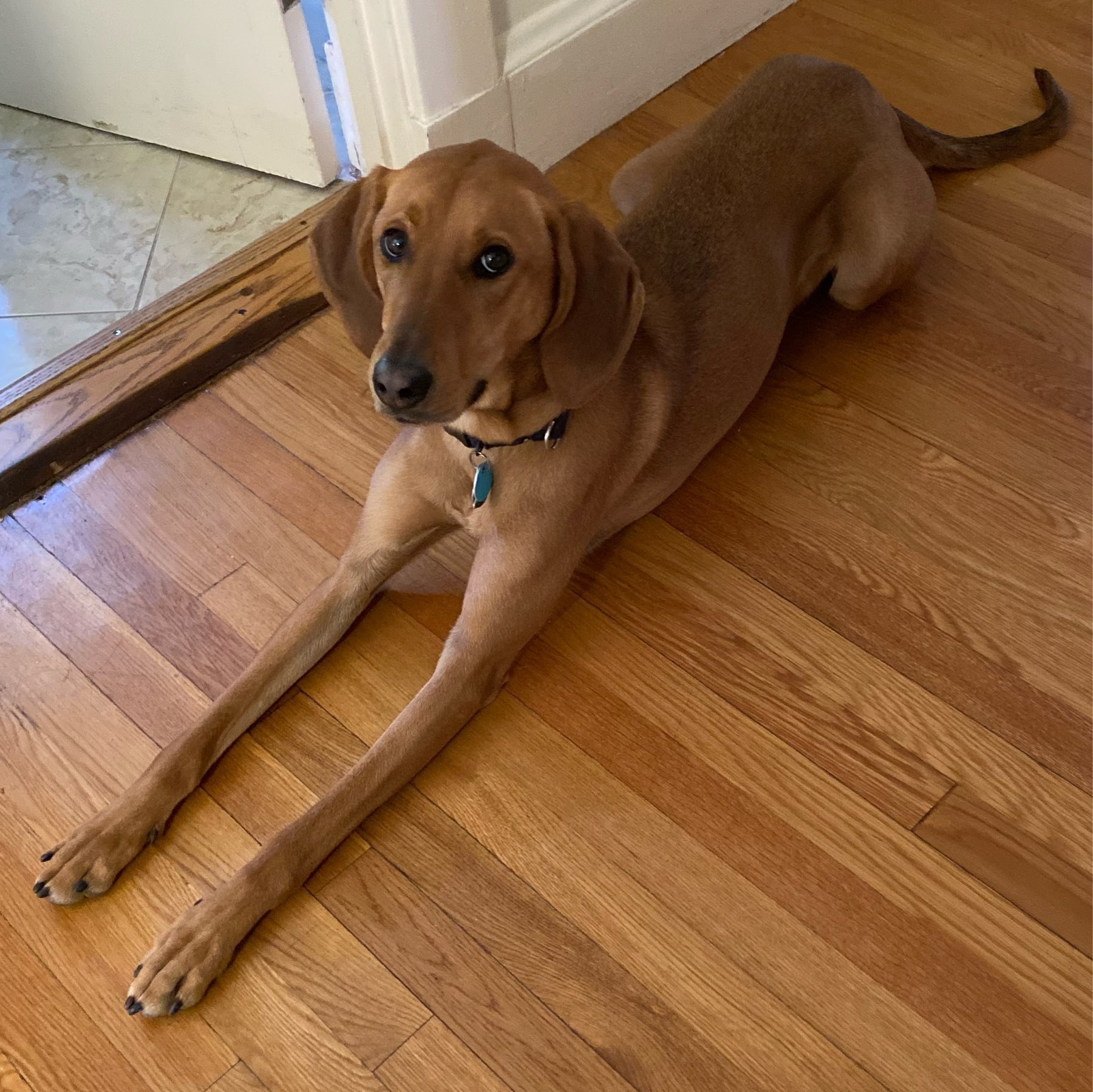
Truth really is stranger than fiction
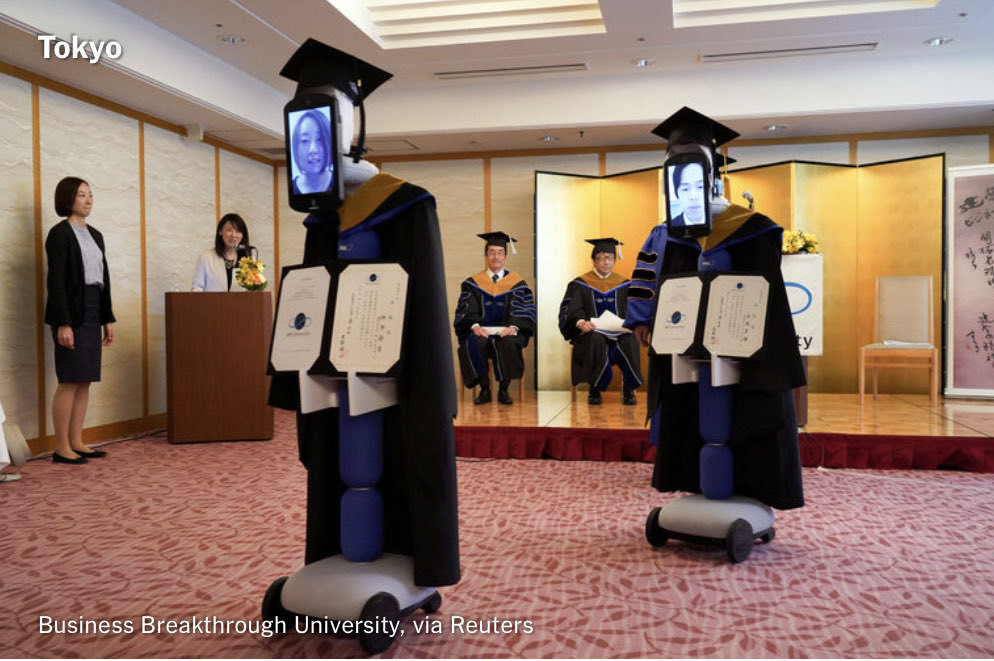
New issue of my newsletter: “Humane Ingenuity 22: More Creative Reuses”—re-enacting works of art on Instagram is fine, but here are much more creative approaches to reusing art; the tech of remote learning 2000 yrs ago; and more. (Subscribe)
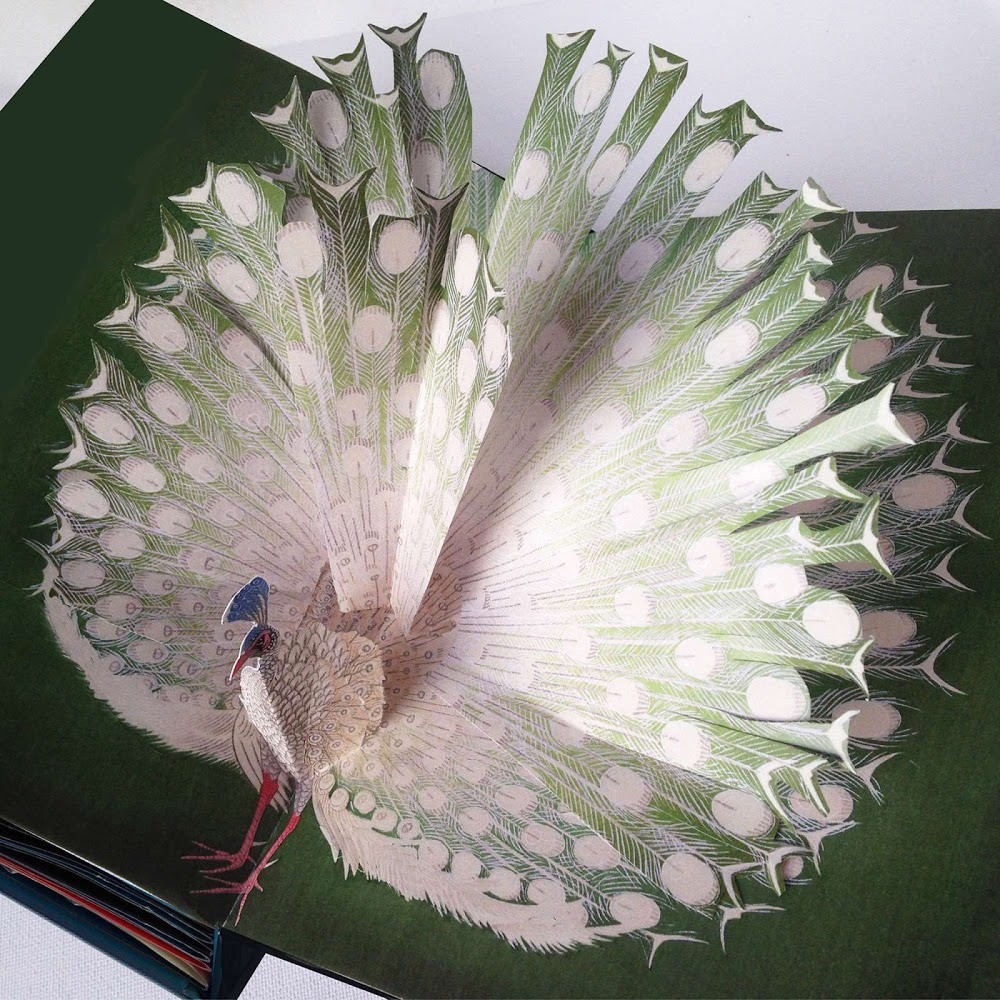
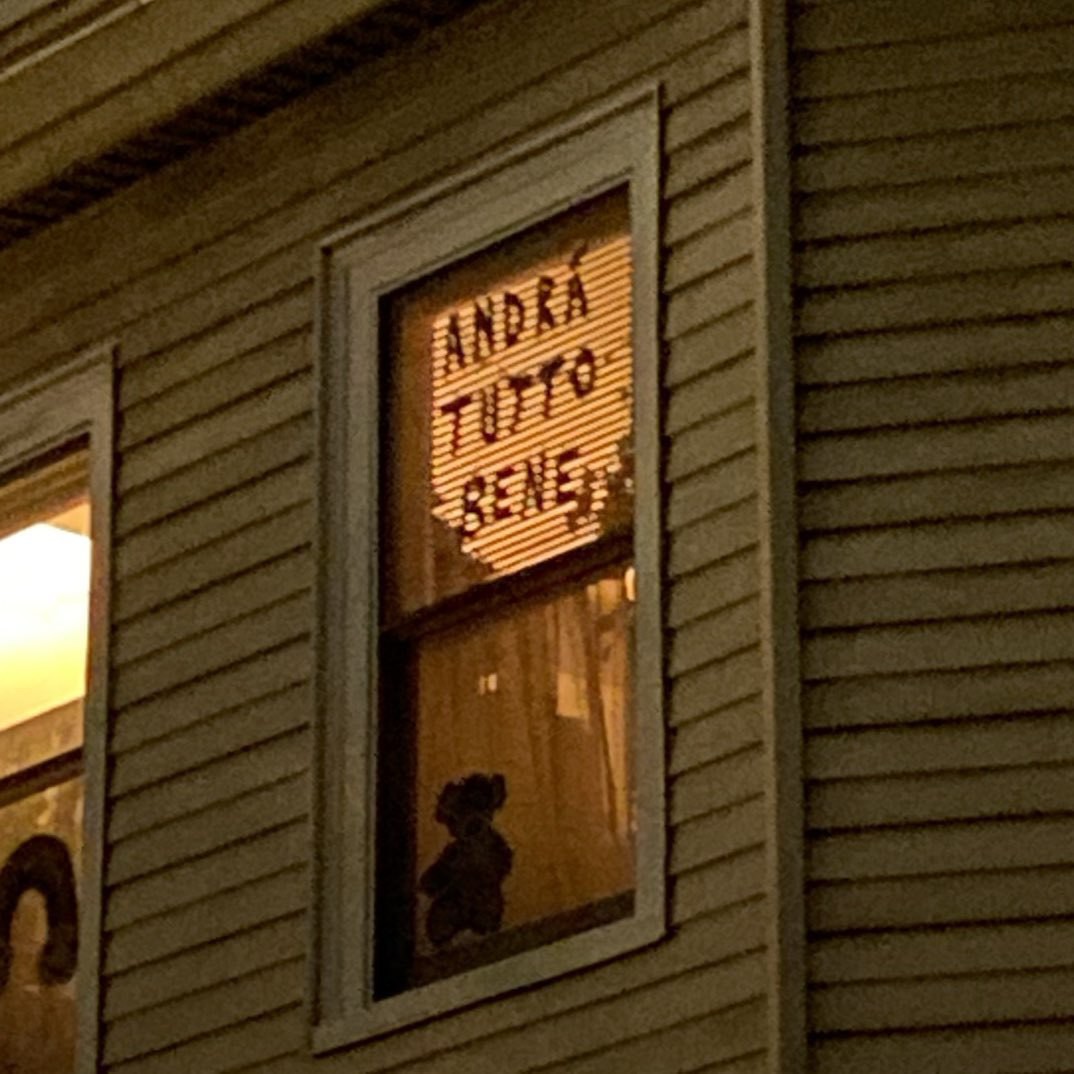
Possession is nine-tenths of the law
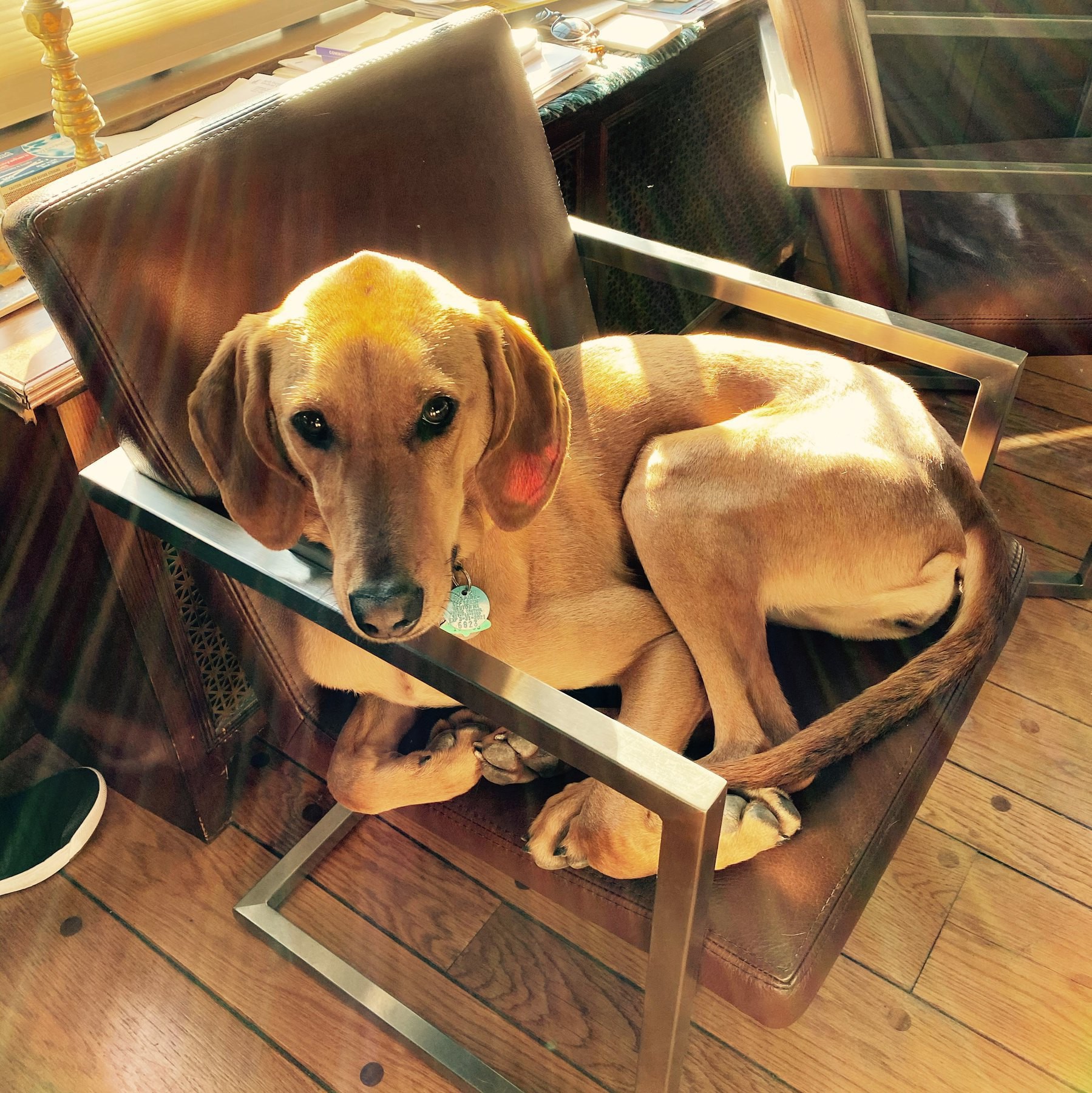
My method for delivering packages safely to my mother is now indistinguishable from the handoffs used by spies.
A reminder that the Digital Public Library of America has thousands of high-quality ebooks in EPUB format to download to e-readers, as well as millions of digitized public domain and other freely available books.
In the alternate timeline, my kids would have gotten their driver’s licenses today. ☹️
Time Machine Quarantine would be an amazing band name

Just realized that today was my 40th day of isolation = a quarantine. Next up, in 10 days: a cinquantine
I remain confused by the operation of our dog’s legs
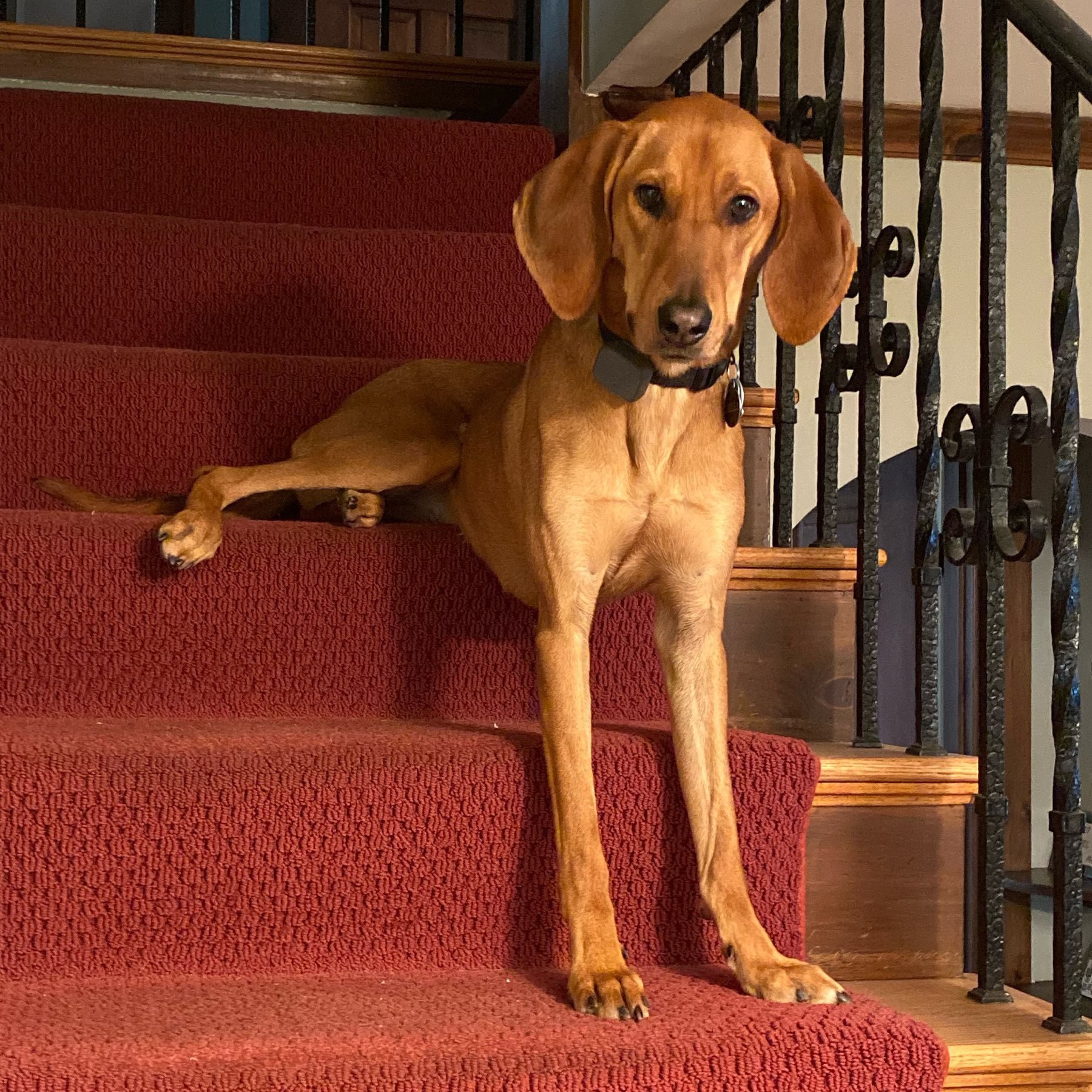
On the latest What’s New podcast from the Northeastern University Library, my conversation with Moya Bailey and Brooke Foucault Welles about their new book, Hashtag Activism. Tune in!
Most of today’s good pop songs would be great pop songs if Bernard Edwards played bass on them.
New issue of my newsletter is out: “Humane Ingenuity 21: Functional and Eternal”—learning about Egyptian hieroglyphs; a clever plan for invasive green infrastructure; add a live stream from your home to a web-based community-access TV station. (Subscribe.)
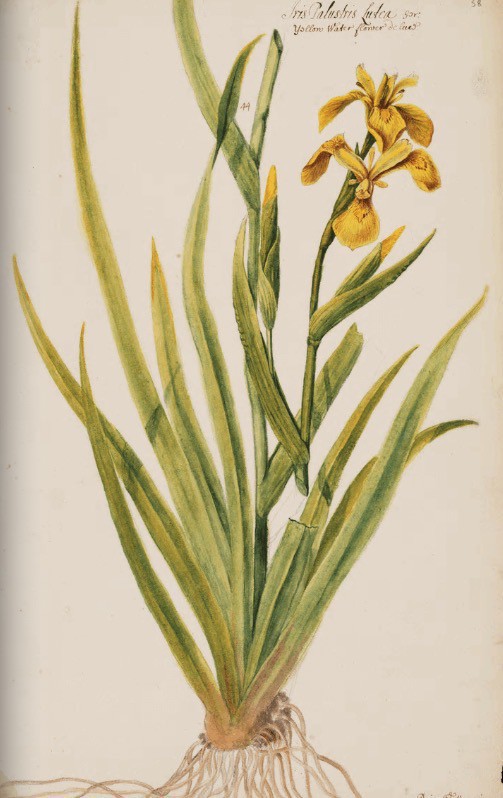
These faux-reos are non-gebrokts
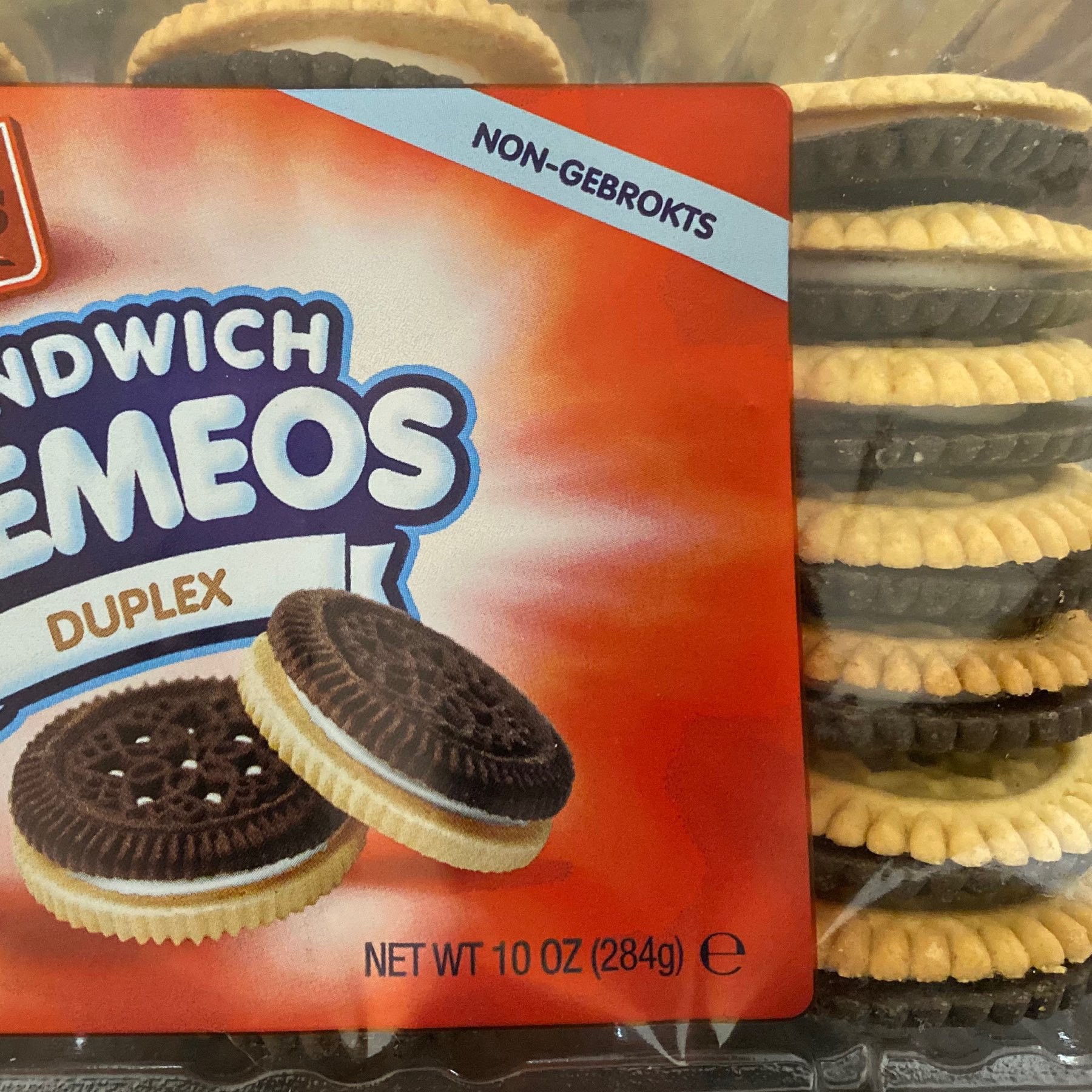
New issue of my newsletter: “Physical Distancing, Social Cohesion”—The first archives of COVID-19; a 3-D 18th-century mechanical theater as stay-at-home craft project; the synth sounds in half of 1986’s #1 hits; streaming hushed library sounds. (Subscribe to Humane Ingenuity.)
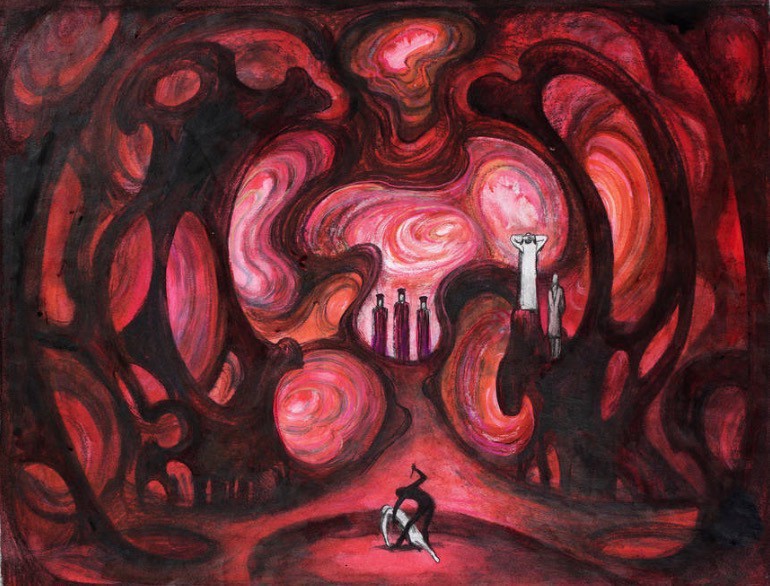
On the latest What’s New podcast from the Northeastern University Library, I talk with Steve Flynn, director of the Global Resilience Institute, about the road back to normal from where we are right now. If you need some reassurance, it’s worth a listen.
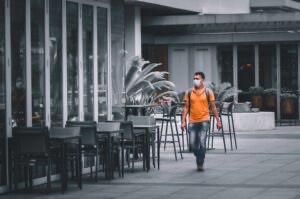
Life hack: Step 1: Find a photo of an idyllic place you would like to relocate to. Step 2: Use that photo for 2 weeks as your Zoom background while working from home. Step 3: Relocate to the idyllic place over a weekend. Step 4: Resume Zoom calls with real background, like a boss
Pro tip: If you are an author (or other copyright holder) and want to make your books widely available to the public, you can fill out this form and HathiTrust will open access to their digital copies with a Creative Commons license you select.
We have been at home so long that our dog is offering free hugs
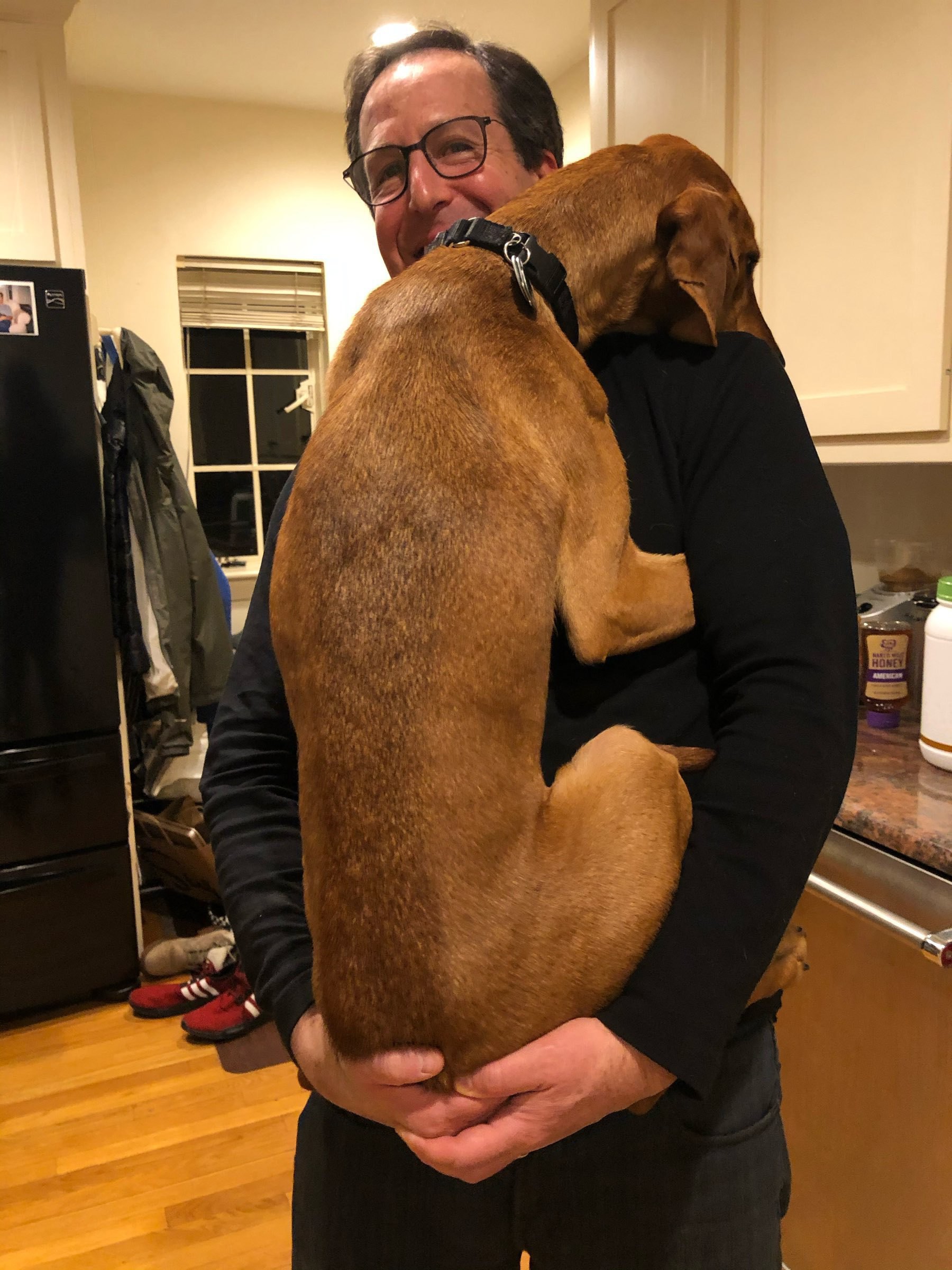
New issue of my newsletter is out: “Humane Ingenuity 19: Credit Where Credit Is Due”—more on the Smithsonian’s new open access collection; a time machine from the early 1980s; two ethical apps (with a shout-out to @manton); 16th-century steampunk. (Subscribe to Humane Ingenuity.)
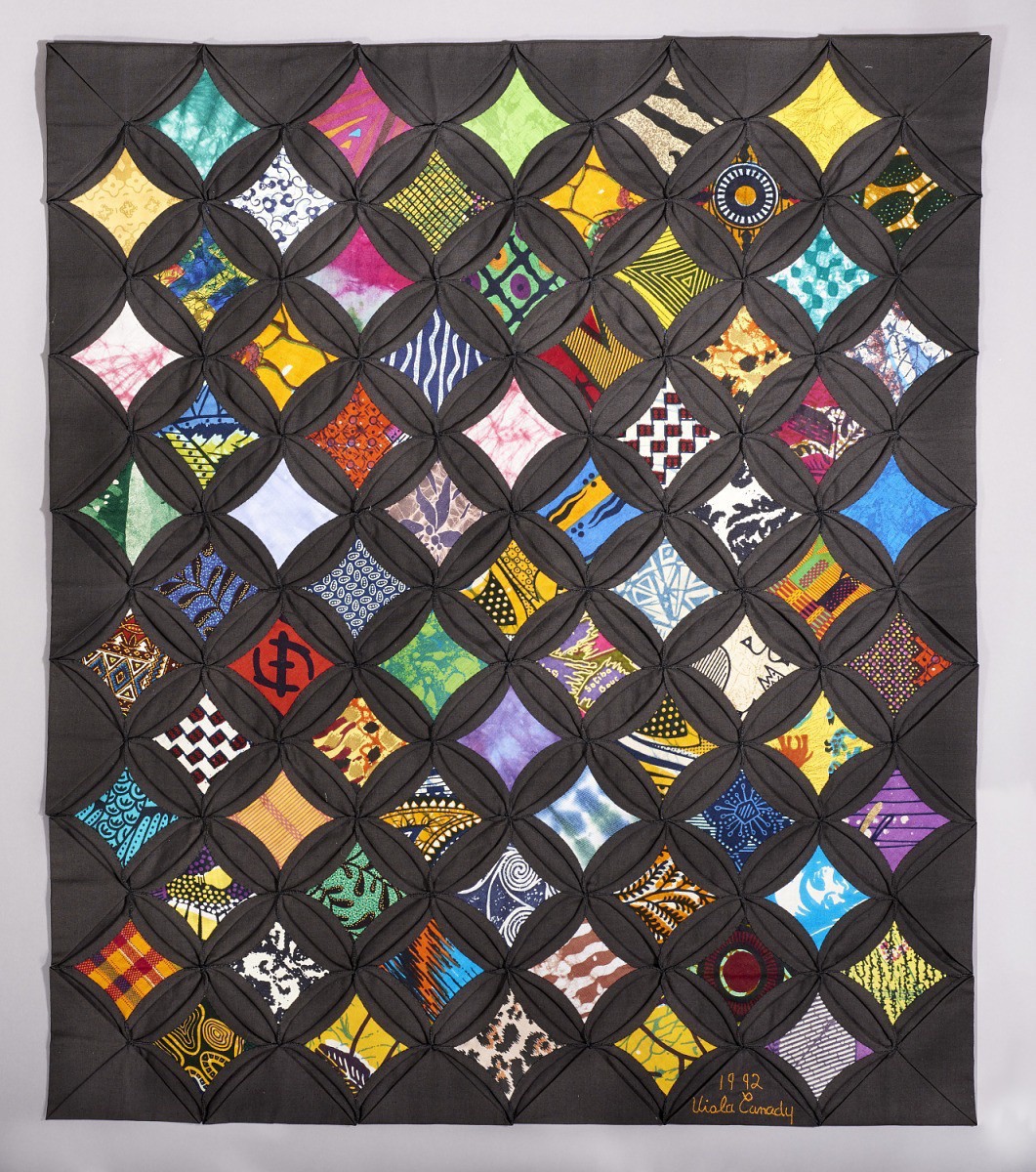
My guest on this week’s What’s New podcast from the Northeastern University Library is Bonzai Caruso, a five-time Grammy-winning music producer who has worked w/ Grandmaster Flash, Madonna, Alicia Keys, and many others. 30 minutes of fun non-virus content.

If the rest of the school year is canceled, my kids will have only made it through three-quarters of chemistry. They will only know the elements through cesium. Their entire generation will know not of tungsten, much less flerovium.
I needed to talk about and listen to something that was not virus-related, so I called a Grammy-winning hip hop, reggae, and pop producer to discuss what it’s like to make music w/ Grandmaster Flash, Madonna, and Alicia Keys—new What’s New drops tomorrow.
Along with my colleague in the history dept @Northeastern, Victoria Cain, I was interviewed by the Boston Globe about putting the coronavirus outbreak into historical context, and how we might remember and preserve this era through personal journaling.
Today’s print edition of the New York Times had no sports scores or league standings, I assume for the first time in over a century.
Regarding our refrigerator, we have reached the “use all parts of the buffalo” stage.
Since “going out” now means “walking around my neighborhood,” I’m trying to notice something new each day. Here’s a proud little sign embedded in a rare stretch of sidewalk that has lasted for 100 years.
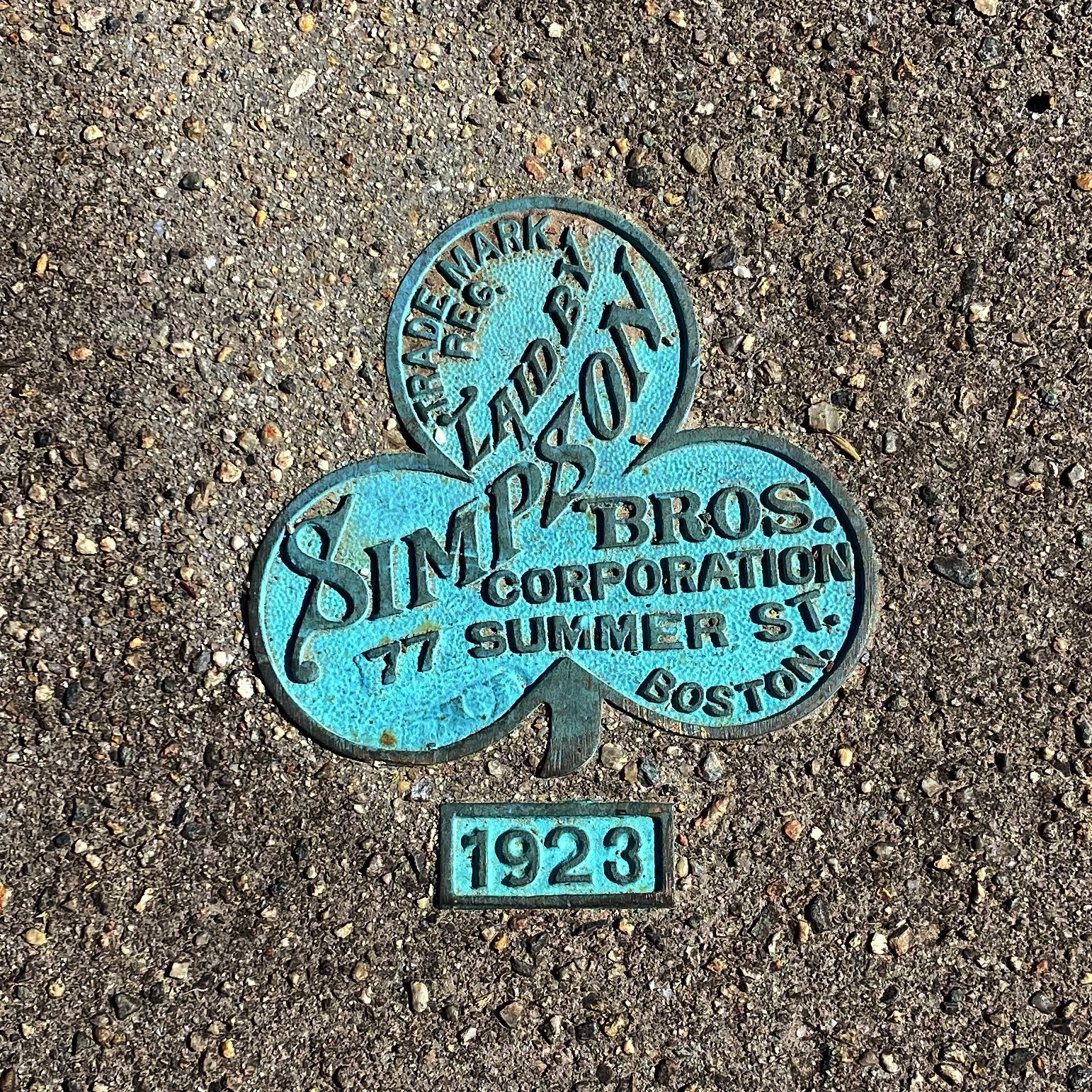
“Ignaz Semmelweis, who in the 1840s invited the ridicule of his colleagues by suggesting that surgeons wash their hands between conducting an autopsy and delivering a baby…”—Anton Howes on the medical history of hand washing.
My colleague’s bunny is the world champion of sheltering in place
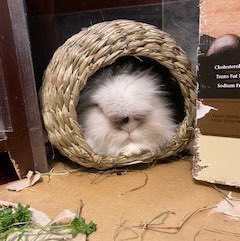
Disease outbreak map by Dr. Seuss, 1943. (via the David Rumsey Map Center)
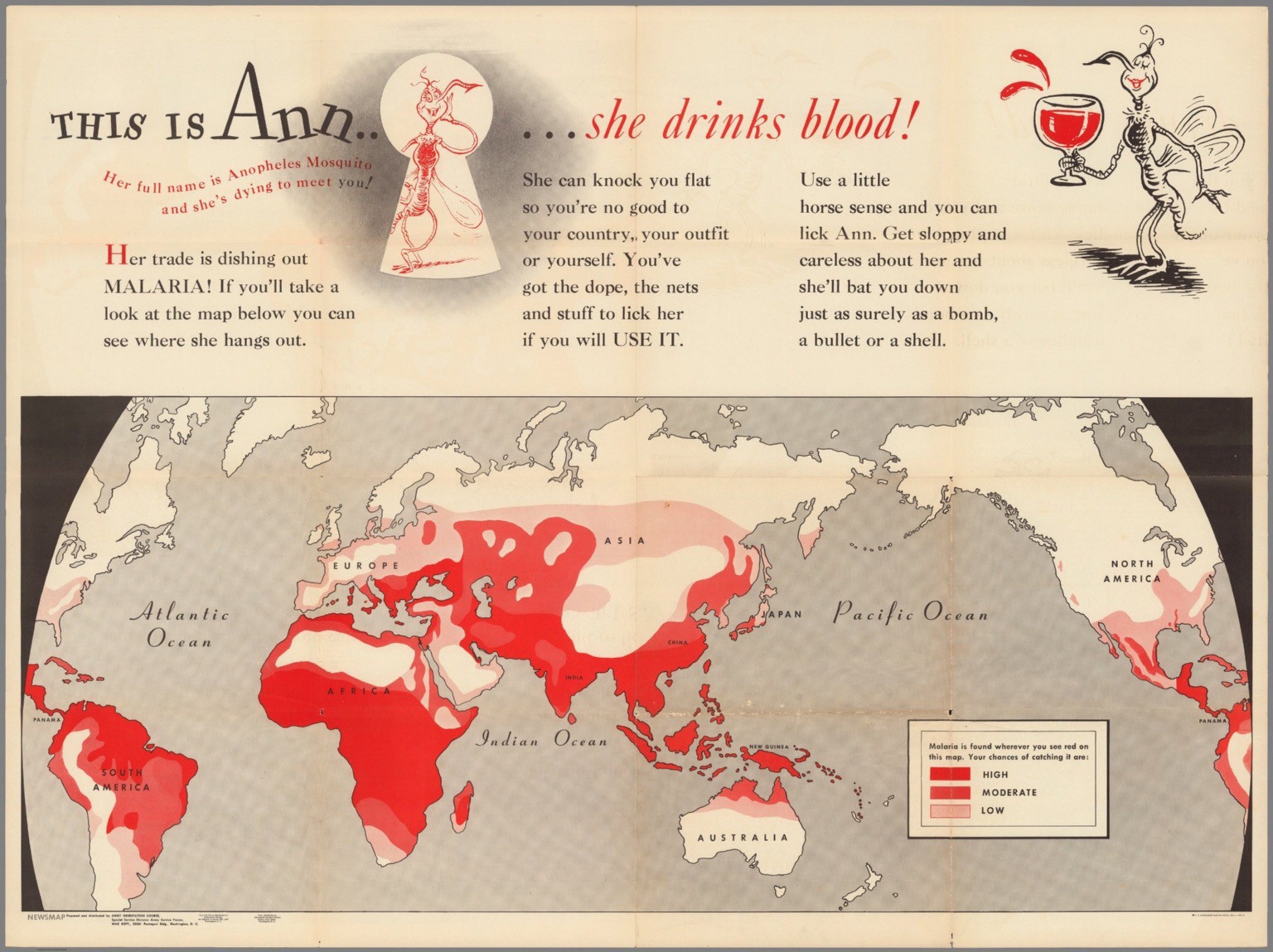
Next-level social distancing in Boston
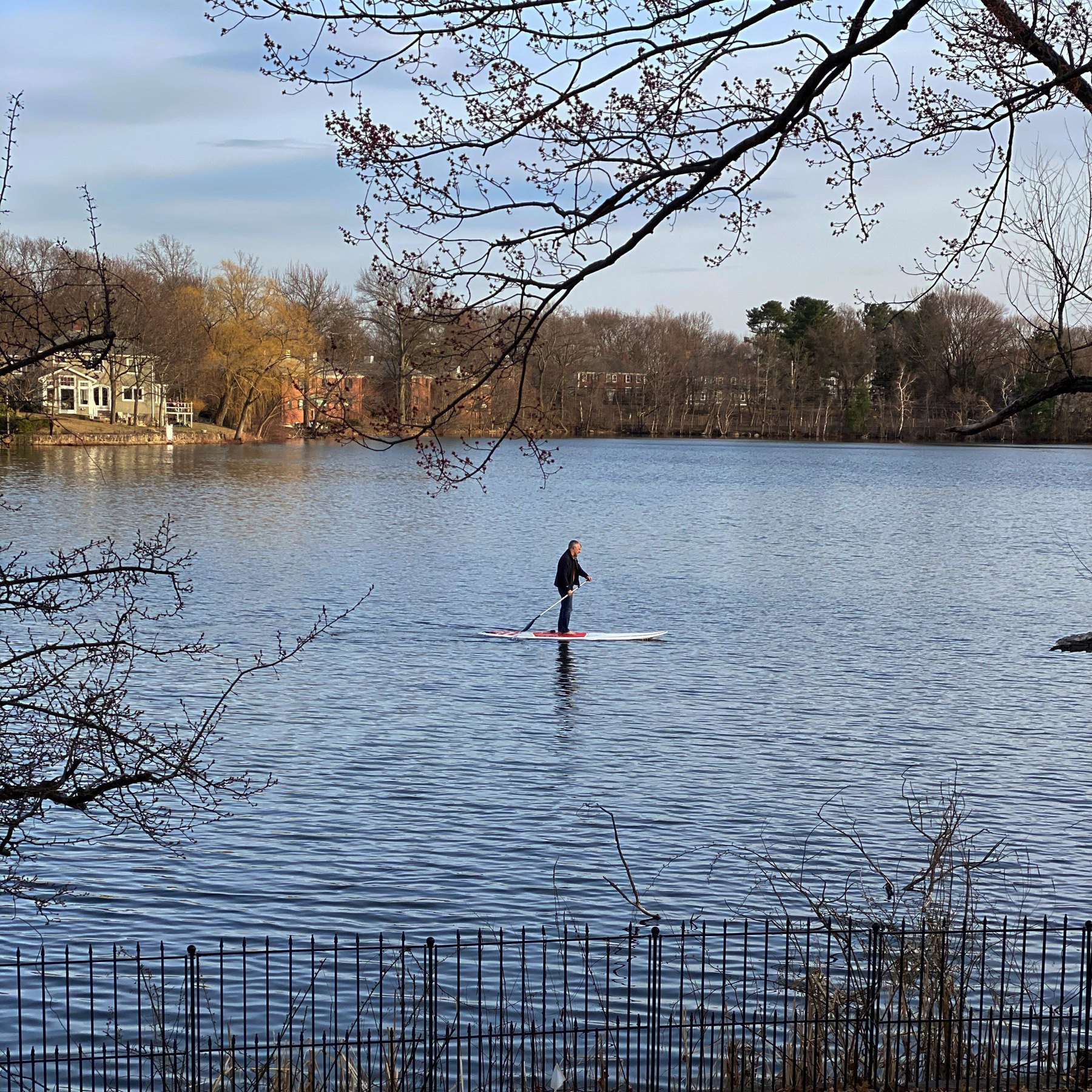
New issue of my newsletter is out: “Humane Ingenuity 18: Closing Time”—what it’s like to have to close a library in dark times, and what we can learn from the process. (Subscribe to get every issue of Humane Ingenuity.)

The only thing more excited about my working from home than my dog is the fan on my computer.
Of course it’s snowing on St. Patrick’s Day, because this is the worst movie script ever.
For those wondering if the internet can handle all of this, Kanopy, a provider of streaming media to many libraries, got so slammed today with traffic that many people couldn’t access it.
oh i see u are trying to work from home
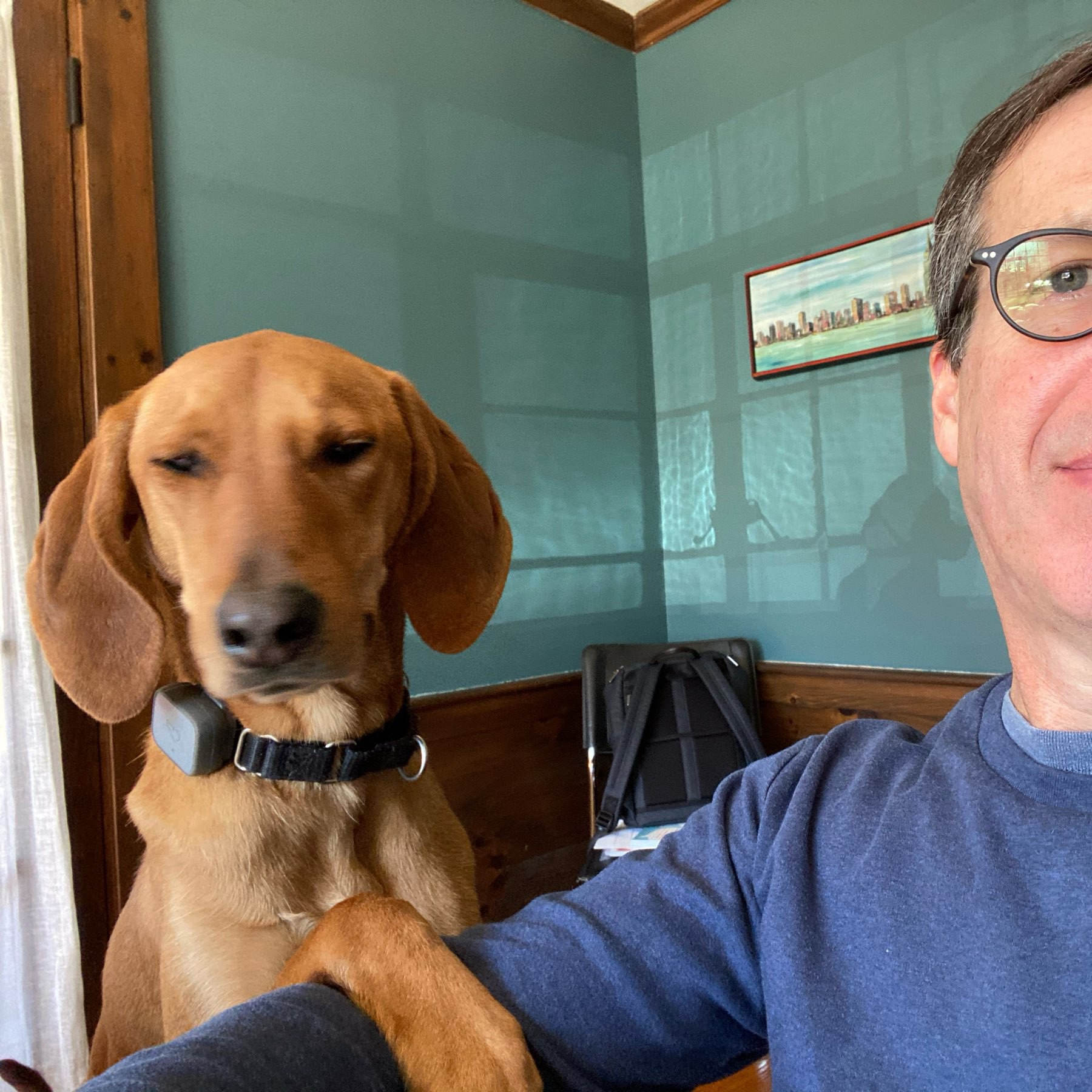
Kudos to the 50 university presses, nonprofit and commercial publishers who are providing unlimited access to their ebooks for the next three months (for university subscribers). Hard to teach a course online with an ebook that can only be checked out by one student at a time.
First day of our library’s staff all working from home after we tapered off staffing last week. We’re posting photos of pets looking over shoulders into our library-wide chat channel.
Yes, Isaac Newton made breakthroughs in math and physics during dark times, and he also studied…alchemy. Feel free to let your mind and interests wander while you’re stuck at home.
In these times, I recommend reading Frank Snowden’s The Conquest of Malaria: Italy, 1900-1962, which shows how the response to a pandemic can lead to an expansion of civil rights, worker protections, and education…or the complete opposite of all of that, sometimes in succession
While we panic about the coronavirus, the long-term existential threat remains: climate change. On What’s New, I talk to Ron Sandler about ethical approaches to this threat. Is it ok to save some species and not others? Are genetically modified crops ok?

If I can stop touching my face, my dog should be able to stop eating sponges.
For some reason I cannot get the bridge of “Sweet Caroline” out of my head: ”Hands, touching hands, reaching out, touching me, touching you…”
Our leggy dog is ready to shelter in place

Highly recommended in these times: Start learning a new language. It makes you concentrate regularly on something other than the news and your worries, it exercises/expands your brain in helpful ways, it lets you converse with and understand more people, and it’s just plain fun.
This crossword better not be like the November 5, 1996 crossword, New York Times. I am still angry about that one
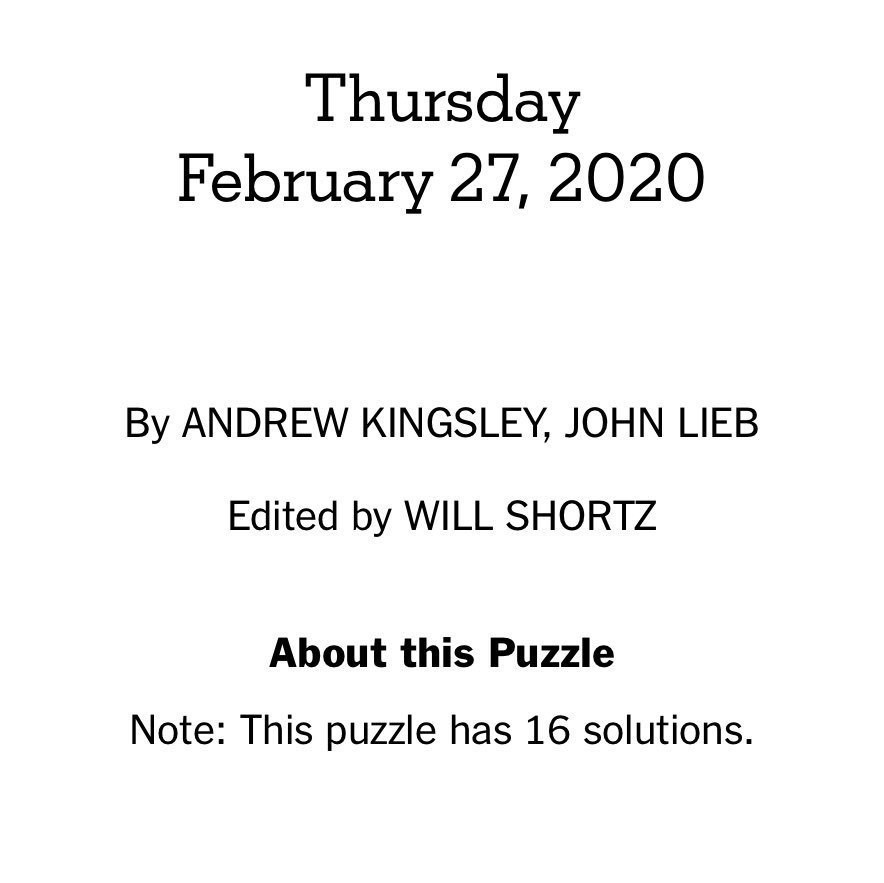
Wanda Strauven’s detailed history and media archaeology of the earliest animated GIFs is delightful, including the many twists and turns in this story about the “Dancing Girl” GIF. (Chapter 2 in Format Matters, just released (and open access).)
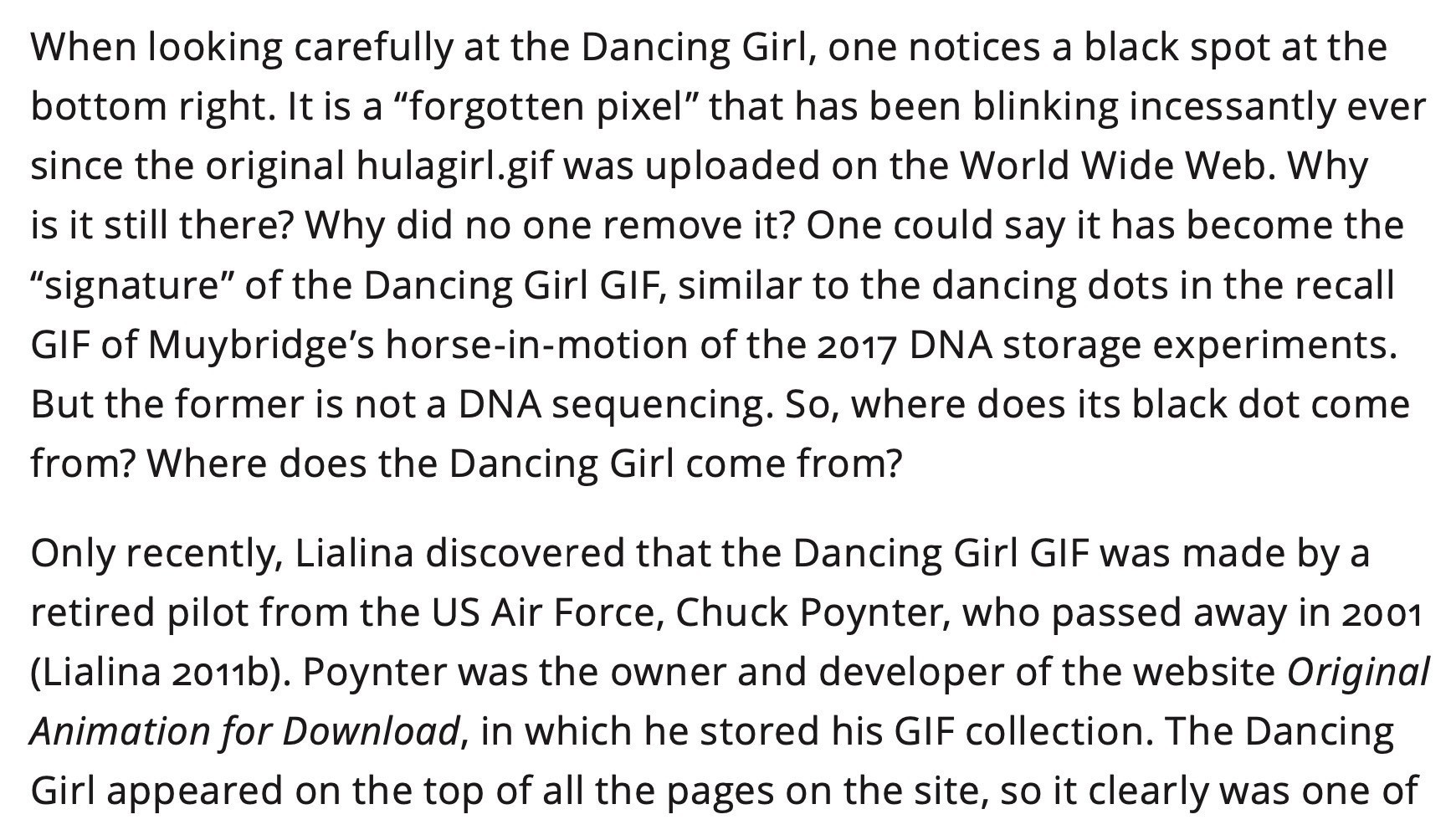
Newspaper delivery used to be pretty cool
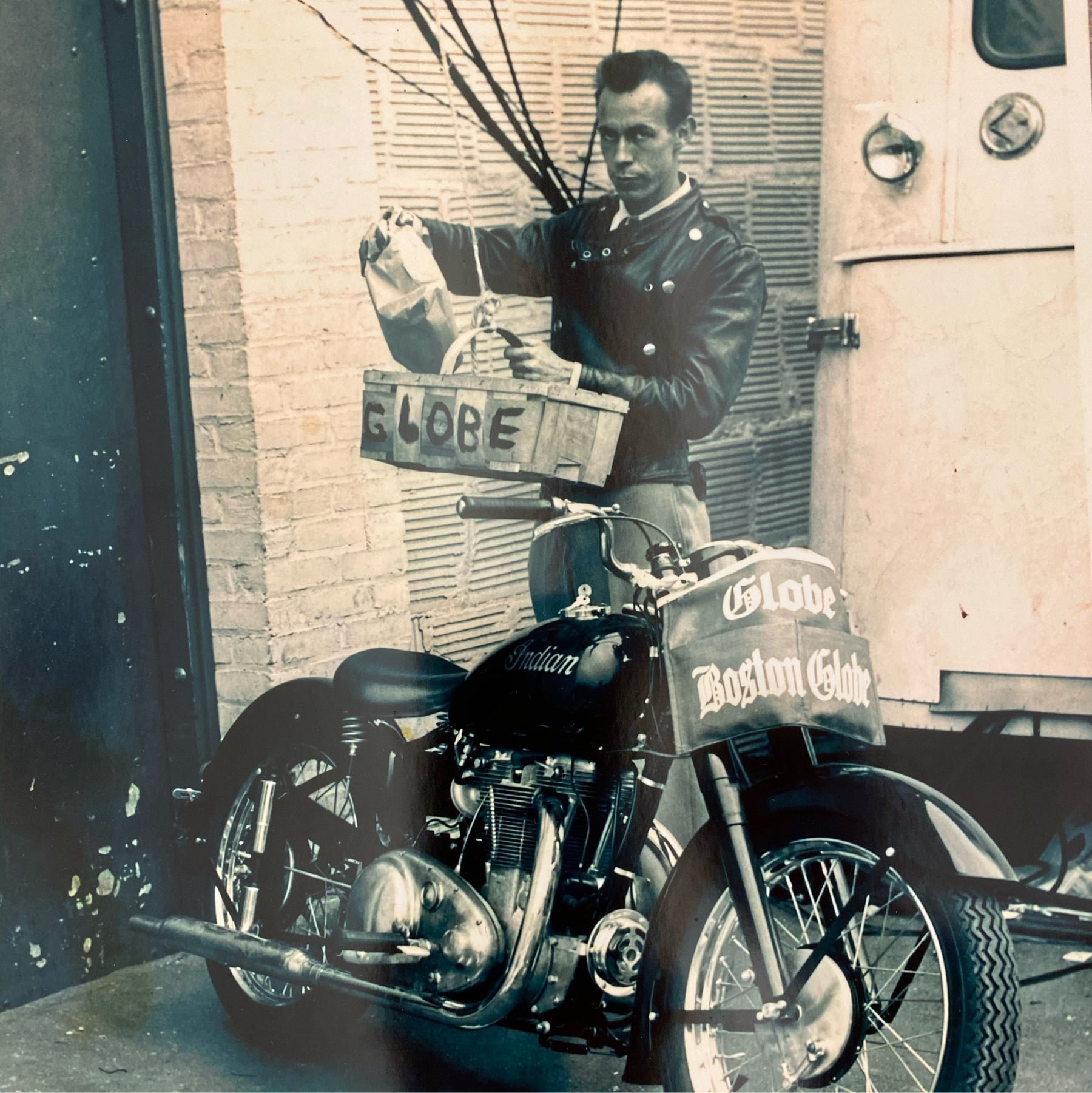
New issue of my newsletter is out: “Humane Ingenuity 17: All THAT and More”—Early modern QR codes; my thoughts about THATCamp, The Humanities and Technology Camp; new devices to empower individuals with disabilities; China’s views of international trade
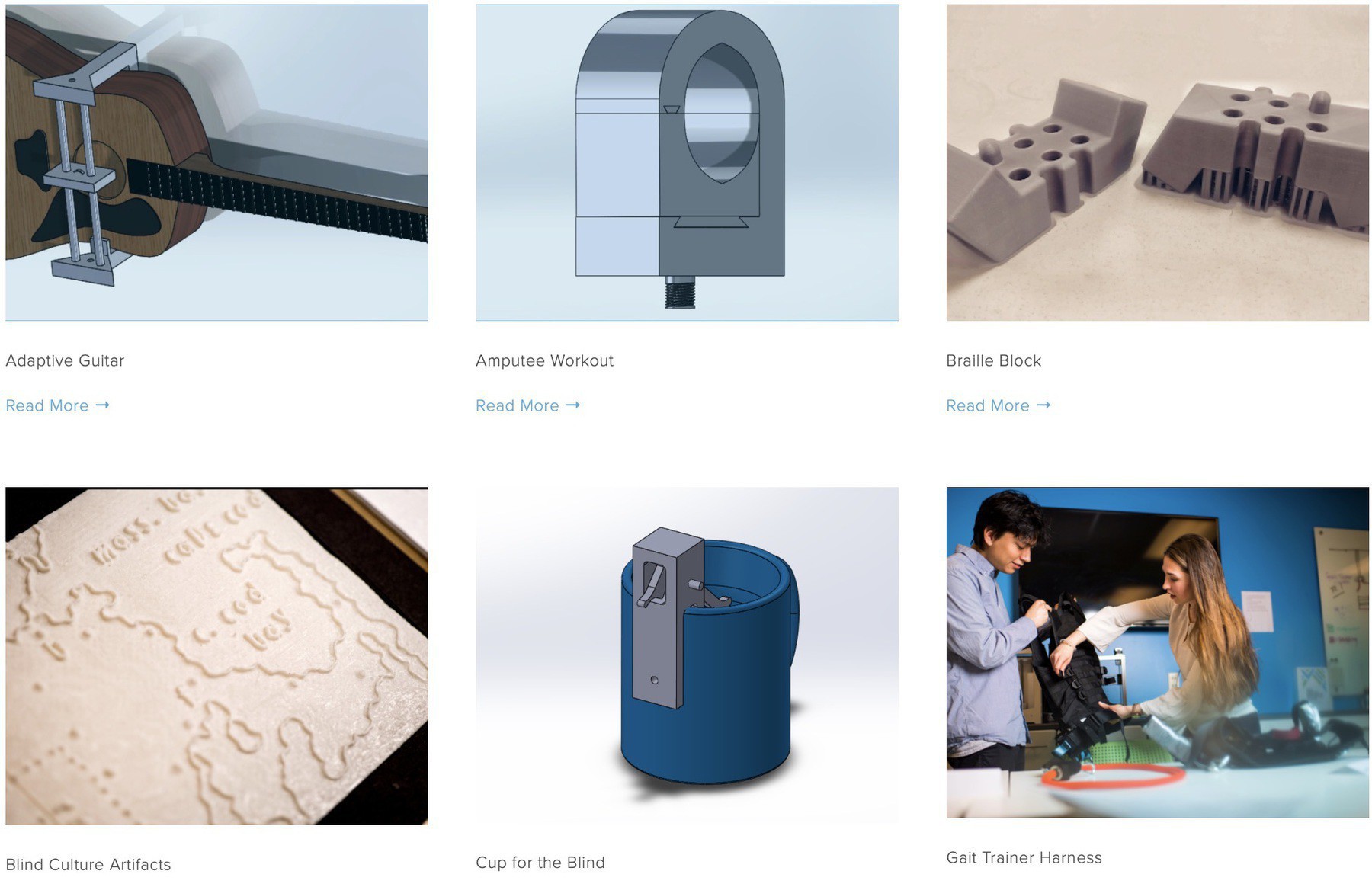
New on my blog: “More than THAT”—my reflections on the genesis and flourishing (and now sunsetting) of THATCamp, The Humanities and Technology Camp. What made it special was more than humanities and technology.
Let us reflect on how complete and generous the Smithsonian’s release of millions of images is: 1) CC0; 2) easy-to-use API; 3) full metadata available in GitHub; 4) IIIF viewer + portability; 5) images are downloadable at very high resolution. This is a great model—kudos to SI.
On the latest @podcastwhatsnew: “How Tariffs Made Modern China”—from the First Opium War to Trump’s tariff war, tariffs and the black market they inevitably create have played a hidden but enormous role in shaping China. Featuring historian Philip Thai.
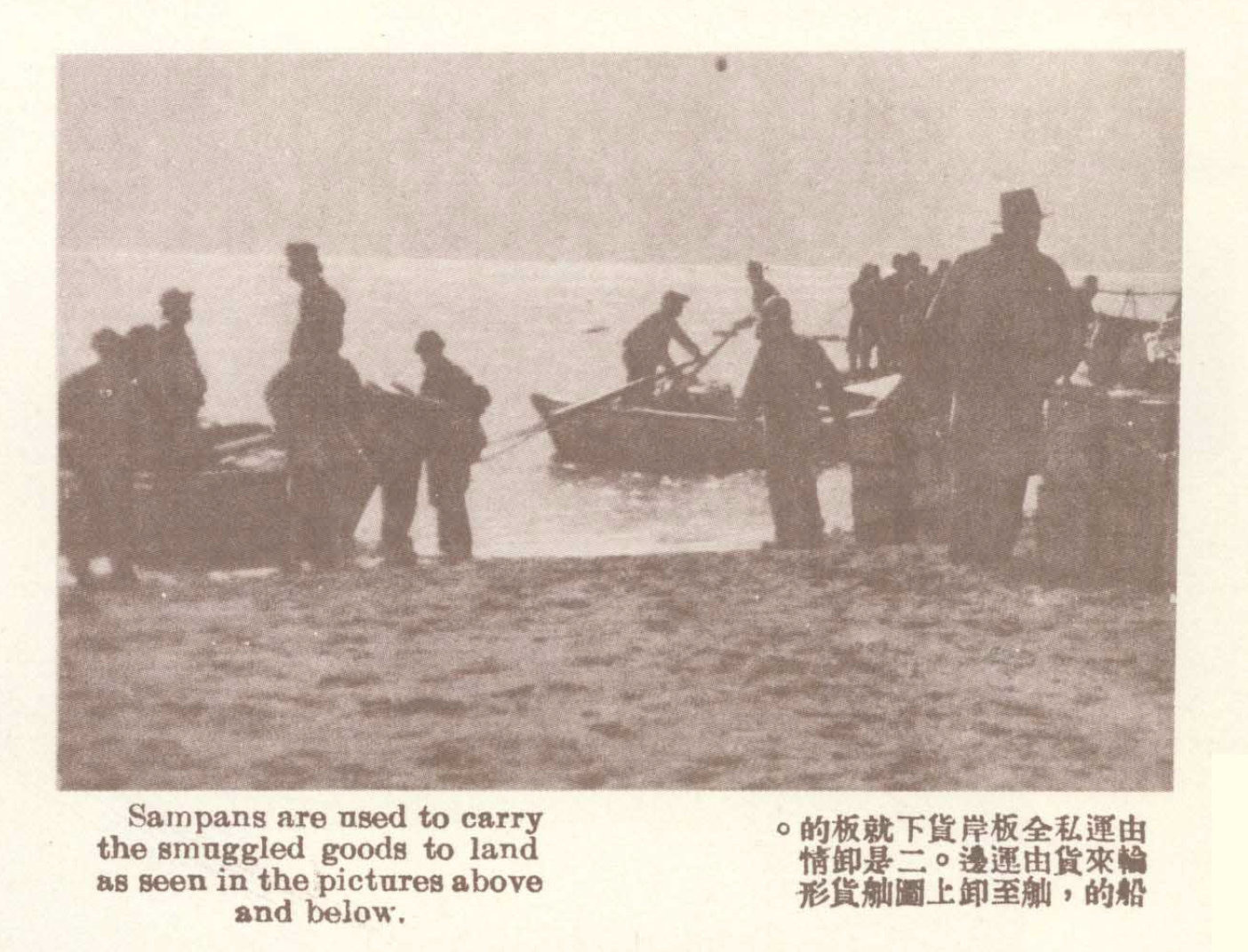
“No, I didn’t eat your pillow, why do you ask?”
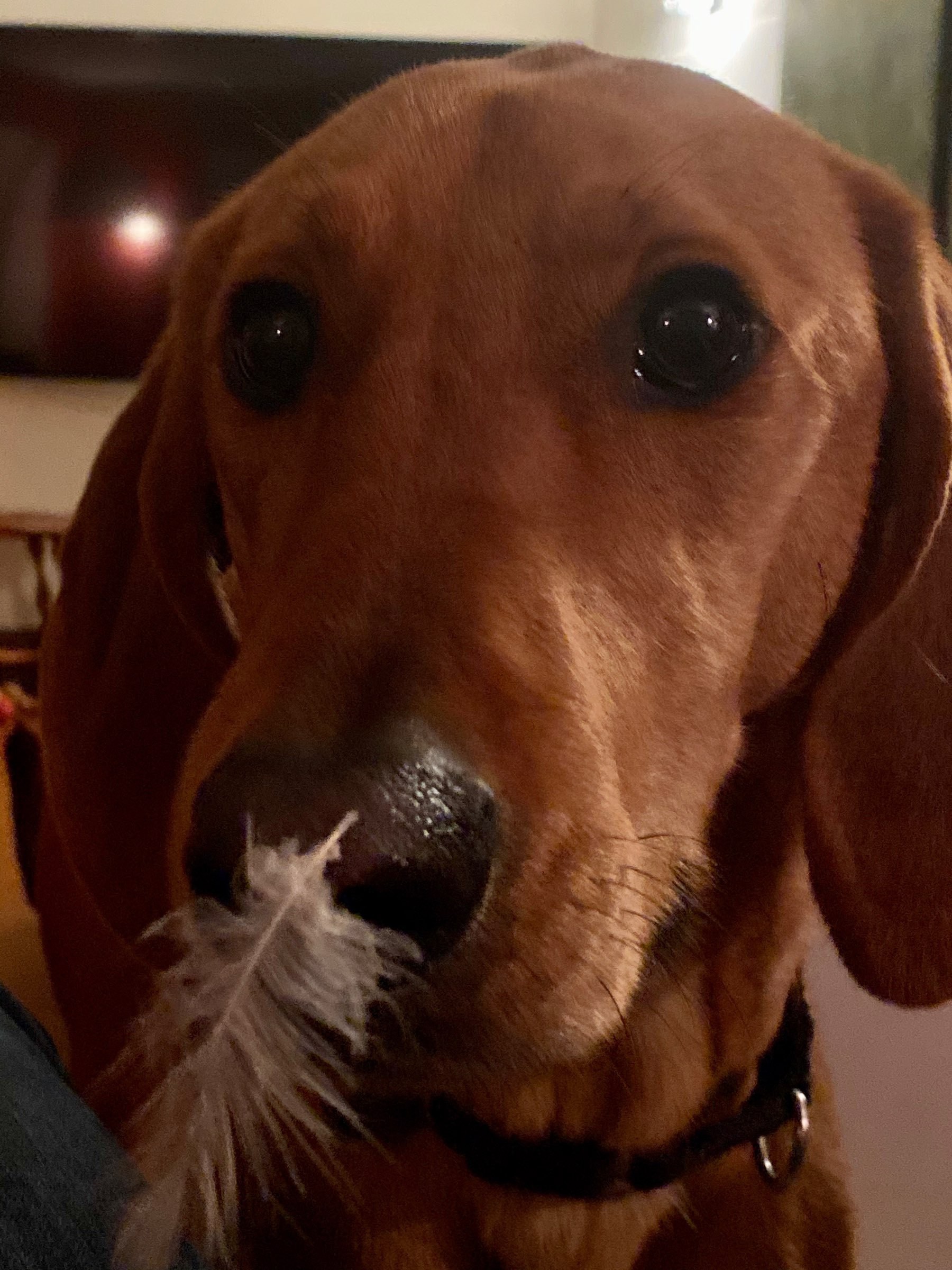
New issue of my newsletter: “Humane Ingenuity 16: Imagining New Museums”—A future museum’s first diorama; Museum in a Box; the rise and fall of Leiden’s booksellers; OCRing old Japanese docs; improving sentencing algorithms; life hacking as a modern malaise
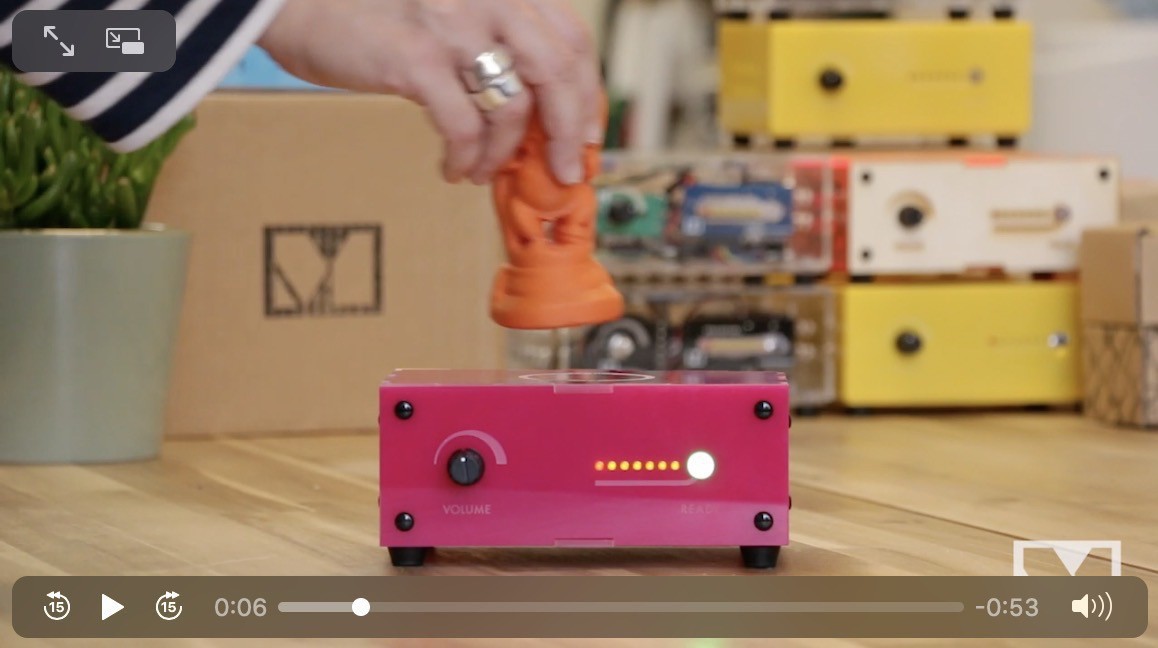
As part of Northeastern University Library’s partnership with the Boston Public Library to develop and support community-driven research projects using archival and other historical materials, BPL is hiring a Community History and Digitization Specialist.
On the latest What’s New podcast, a history and analysis of life hacking—why do some people go to extraordinary and sometimes bizarre lengths to track and improve their productivity, and what does it tell us about modern work and life? feat. Joseph Reagle
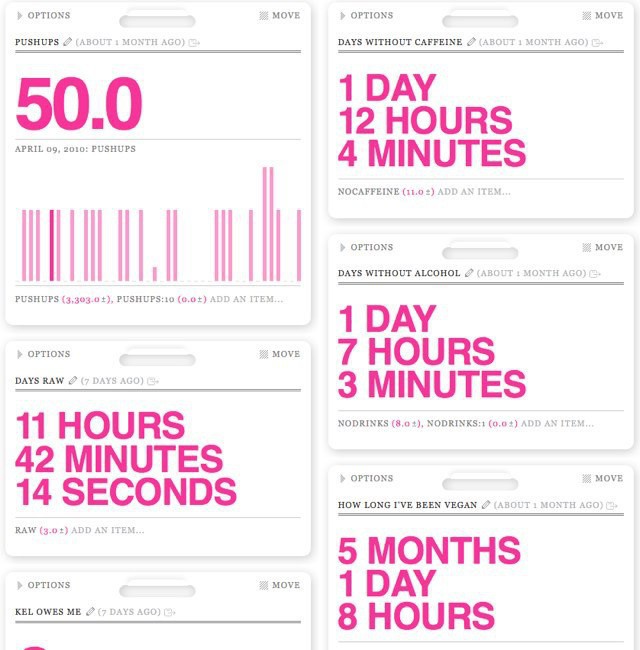
New issue of my newsletter is out: “Humane Ingenuity 15: Close but Not Quite”—How to find jazz solos that quote “Hey Jude”; How to find old tales about giants & goblins; How to open a bookstore; How to preserve digital art. (Subscribe to Humane Ingenuity.)
New issue of my newsletter is out: “Humane Ingenuity 14: Adding Dimensions”—The Library of Necessary Books; the Sheridan-Verplank Scale of Autonomy; follow-up on smartphones in archives; haunting photos of the economy. (Subscribe to Humane Ingenuity.)
New research shows that infants have many innate concepts, including ones related to physics, math, language, and ethics. Yet surveys show that adults can’t believe that we are born with ideas. On a new What’s New podcast, Iris Berent reveals the human mind.

I used to find the Blue Screen of Death to be disconcerting on giant screens in public places, then I found it humorous, and now I find it oddly comforting, like a rotary phone—that there is still some dumb retro tech in our large systems.
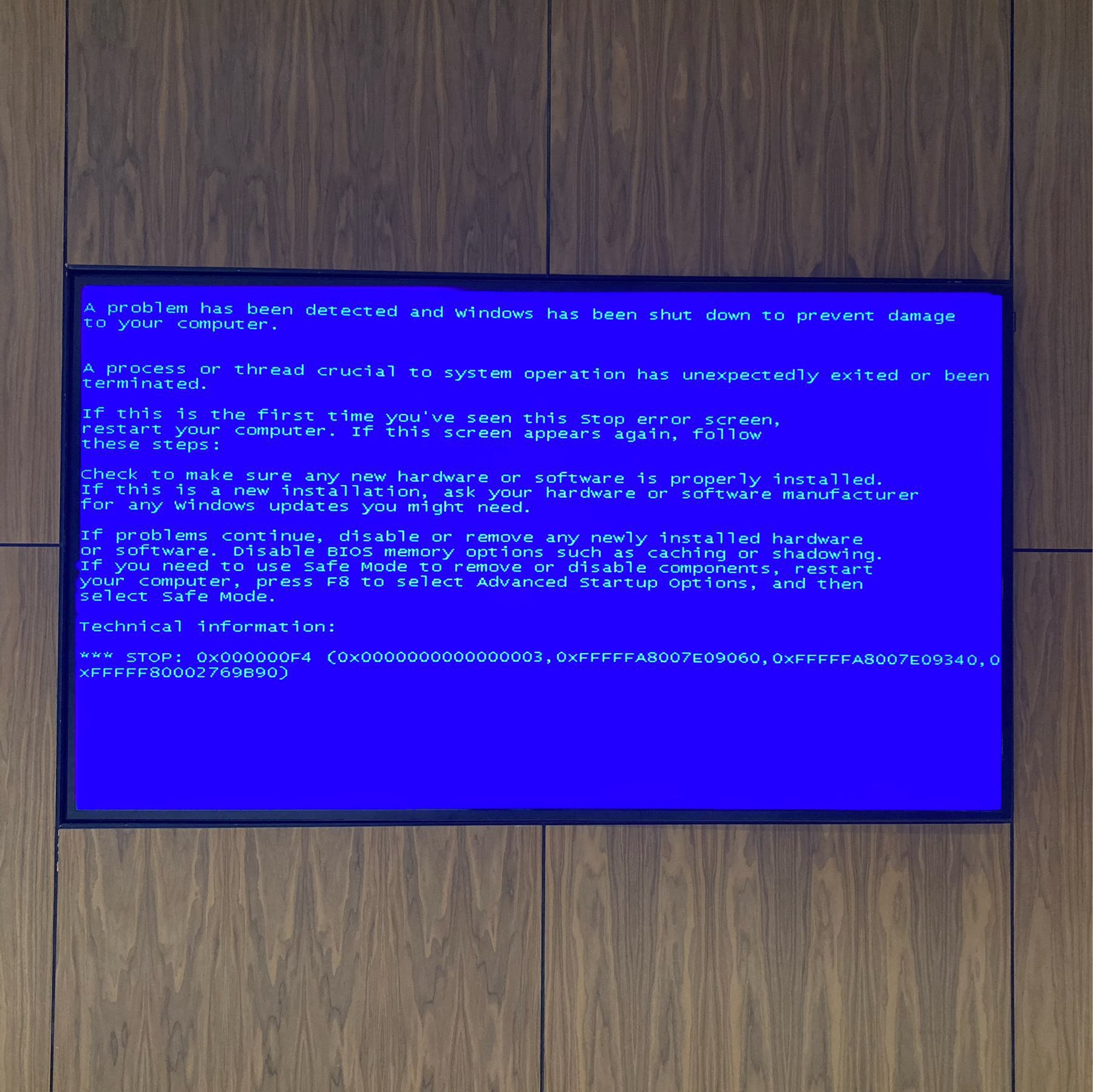
Really like a German compound noun I heard Patricia Williams use in a talk last week: Waldeinsamkeit = the feeling of being alone in the woods (plus as a New Englander I like the Thoreau/Walden Pond echoes)
For those in the Boston area: To commemorate the centennial of the passage of the 19th Amendment, we are hosting a transcribe-a-thon of the Library of Congress’s Suffrage Papers on 1/28 @Northeastern. (Please sign up in advance for pizza calculations).
Patricia Williams pushing back against the problematic mental state of our age of smartphones and social media: “To be human is to be relieved of constant watchfulness.” (So well put, @Northeastern’s Dr. Martin Luther King Jr event this afternoon)
New issue of my newsletter: “Humane Ingenuity 13: The Best of Both Worlds”—Historians are no longer reading in the reading rooms of archives; instead, they are taking photos. What this means—plus some helpful tools. (Subscribe to Humane Ingenuity.)
On the first What’s New podcast of 2020, I talk with Jessica Silbey about her forthcoming book, Against Progress: Intellectual Property and Fundamental Values in the Internet Age. Does copyright still promote the arts and sciences, or do we need a new approach? Tune in!
How are books like breakfast cereal? The ones that are on eye-level shelves in libraries are taken off and read much more than the ones that are on low or high shelves. (Shelf #1 is the highest; shelf #7 is the lowest.)
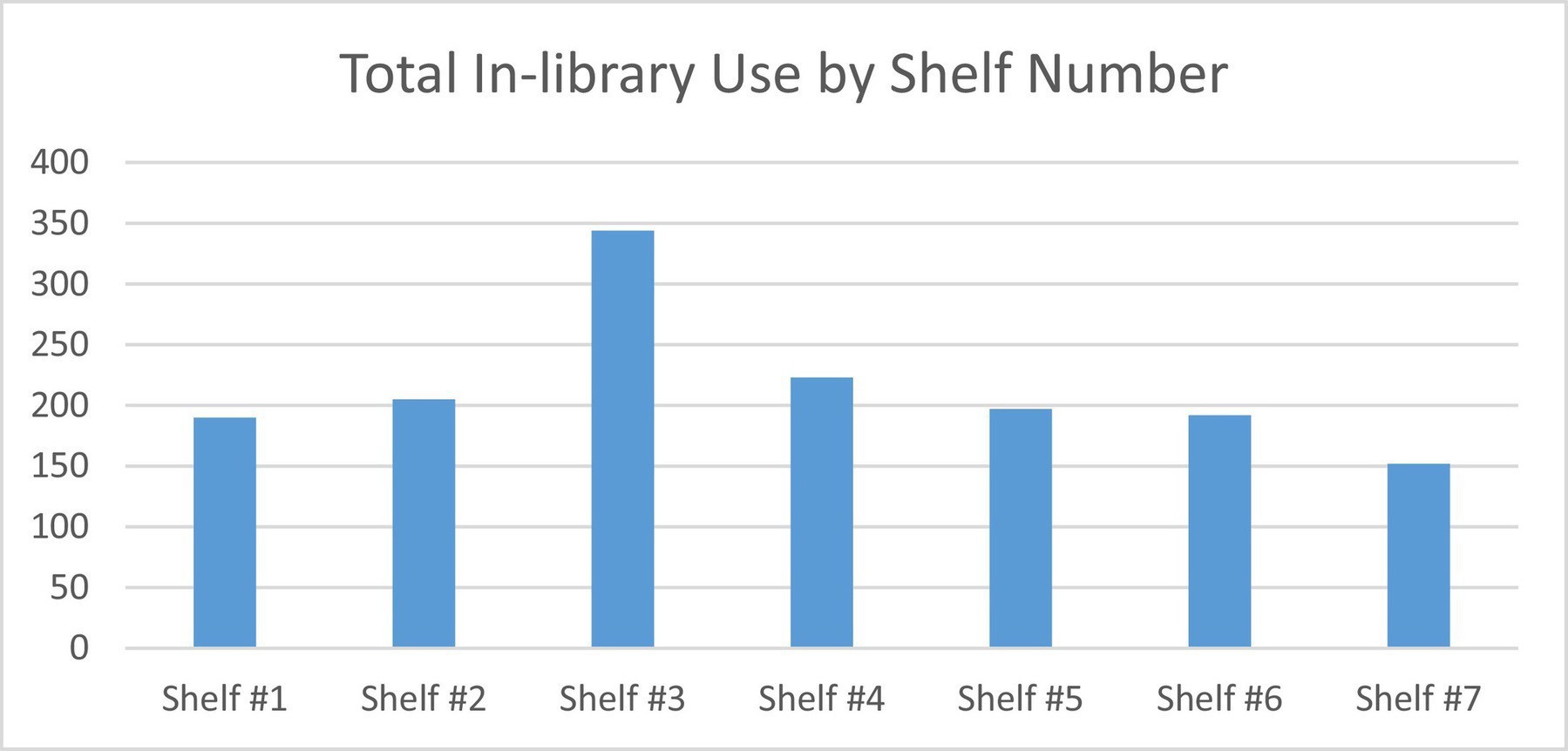
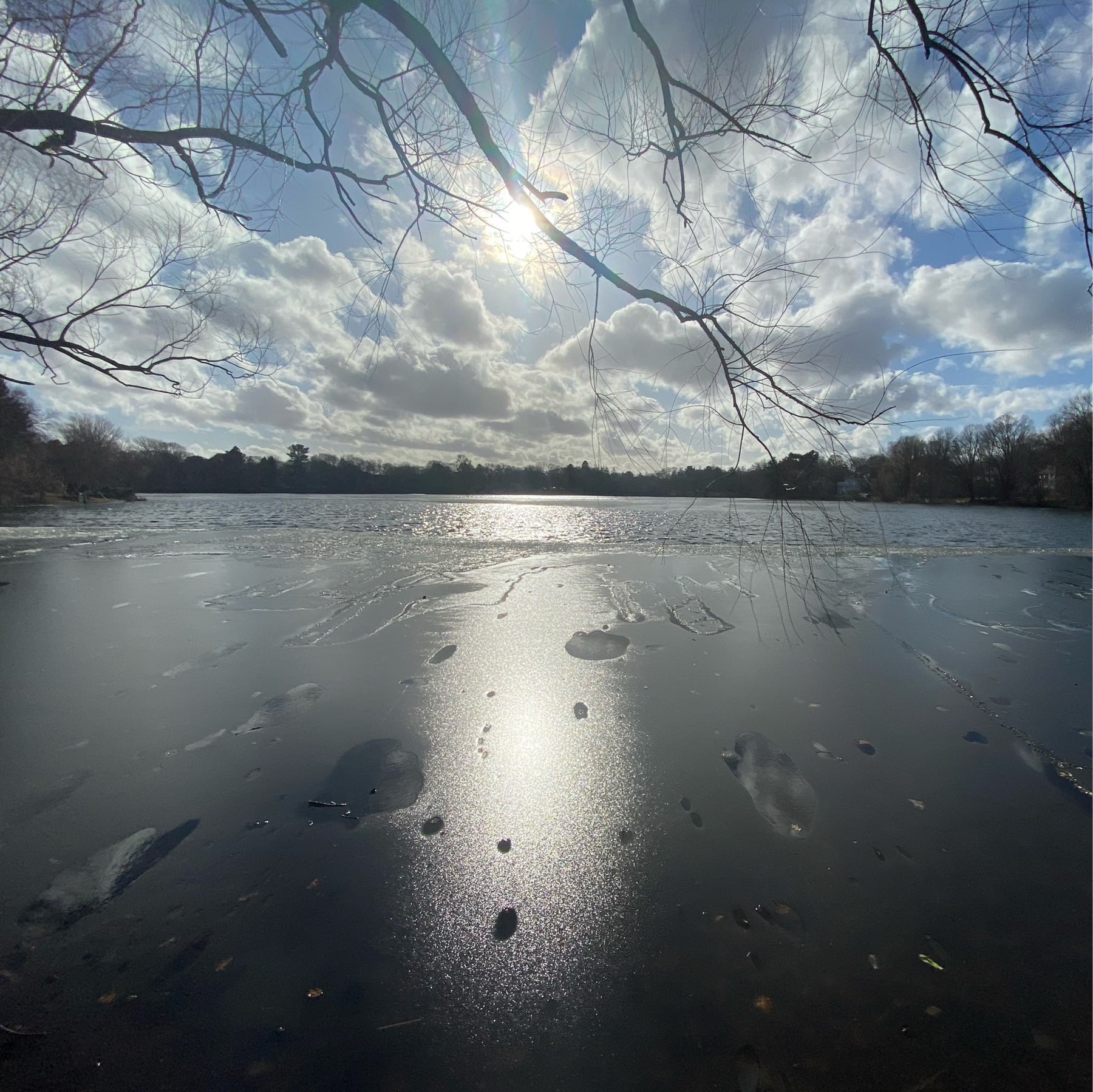
I don’t need a weatherman to know which way the wind blows

Kate Eichhorn’s keynote at the Coalition for Networked Information meeting in December, “Forgetting and Being Forgotten: Growing Up in a Digital Era,” was excellent. It’s now available online and worth your time. (Her associated book is also recommended.)
From a distance I took this photo of a family at sundown, and now I really wish I had their contact info so I could send it to them
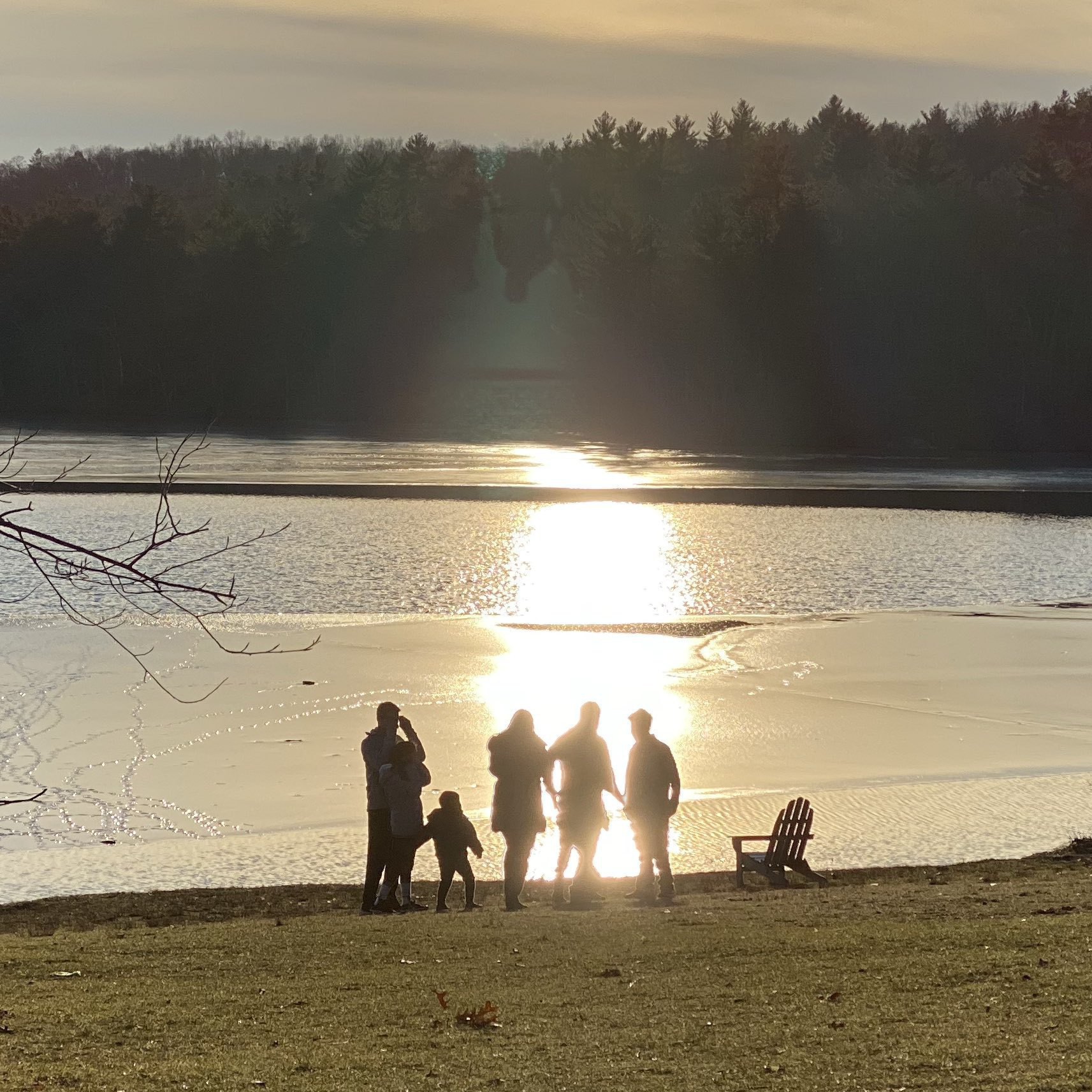
Eye-opening survey by @ianmilligan1 reveals the changing practice of historians: Over 90% now use research trips to take photos of archival documents that they will examine when they get home; on average, they take 1,000 photos; 40% take over 2,000 photos.
I like how my web host, @reclaimhosting, has a server for installing new software called “Fugazi,” but it would be extra cool if it played “Waiting Room” while installing the software